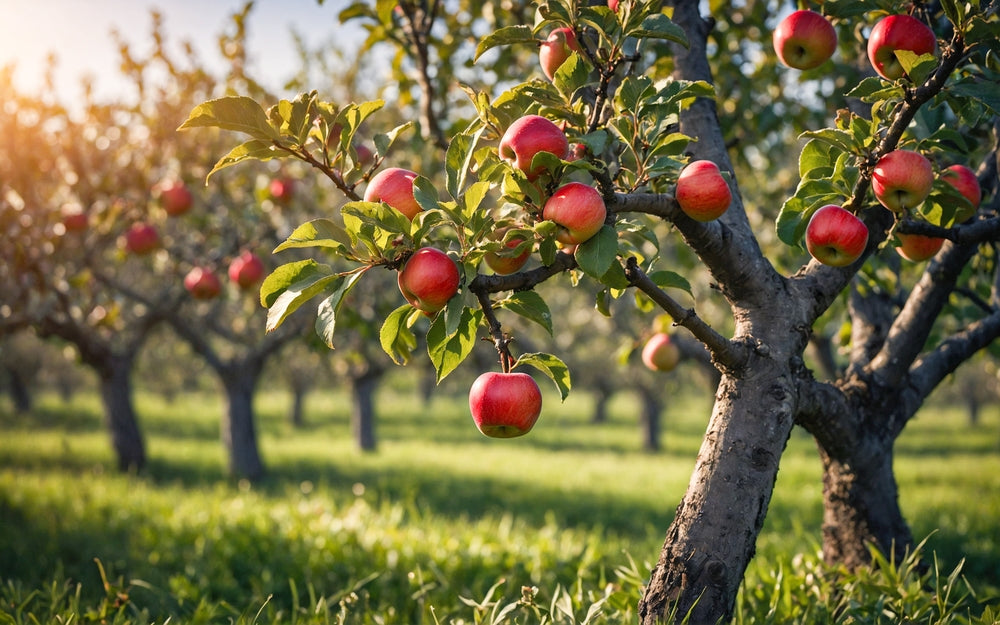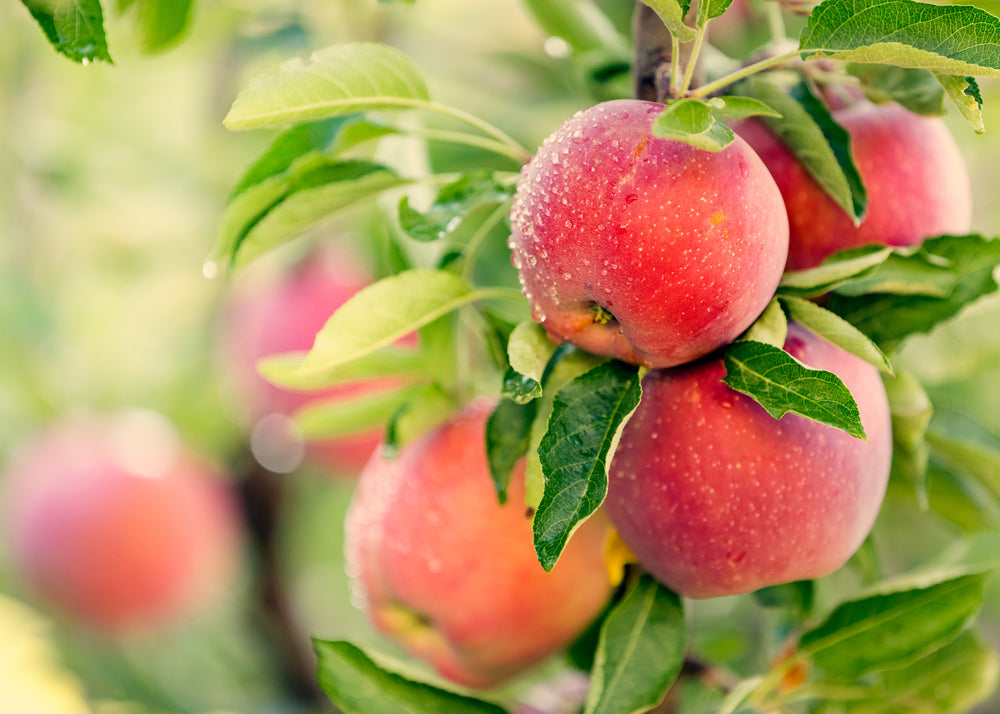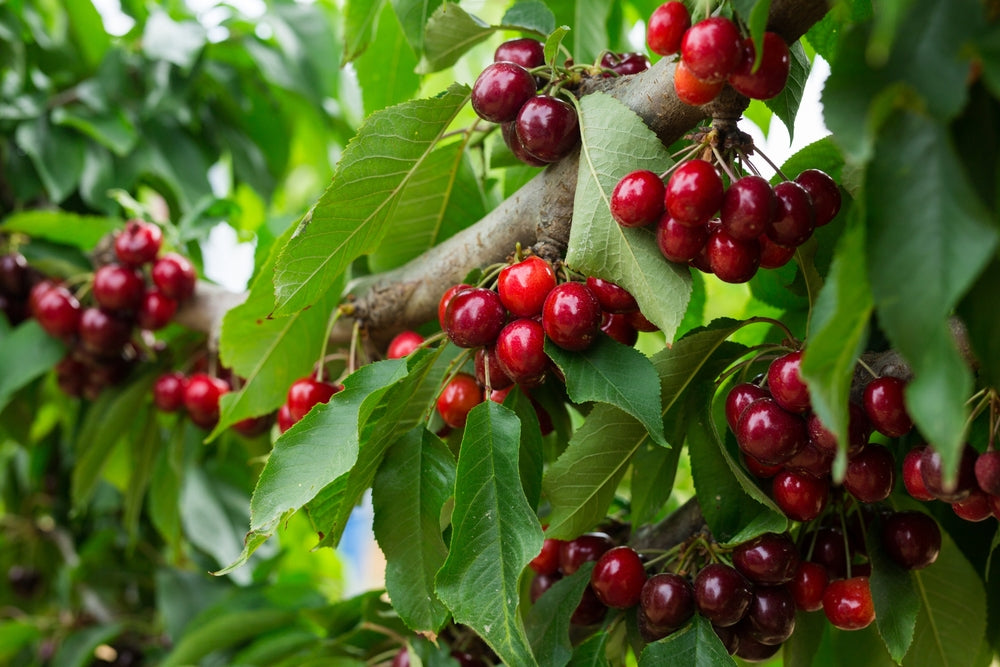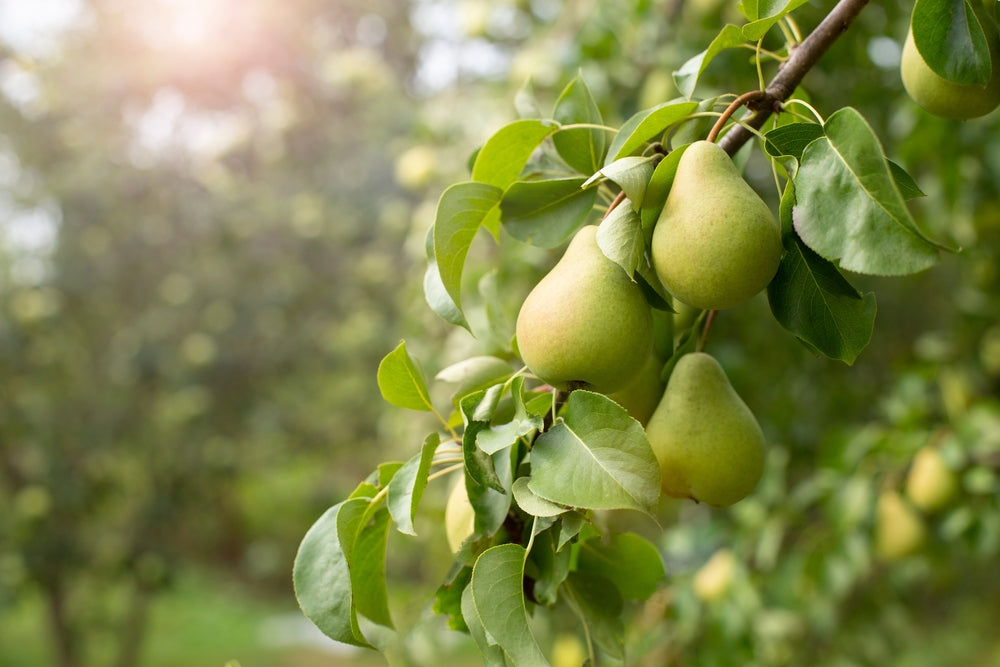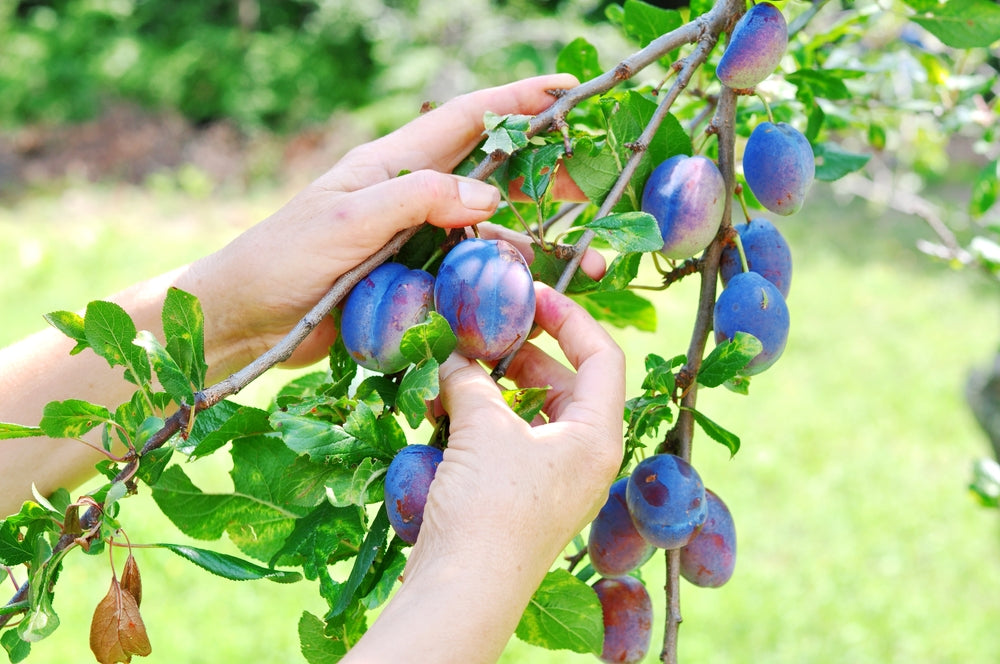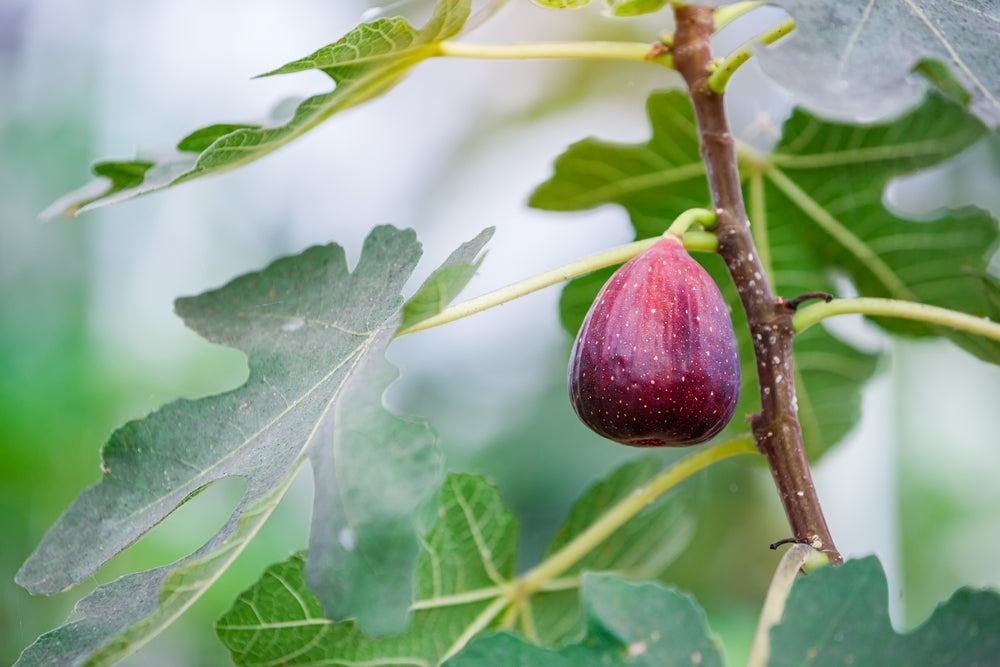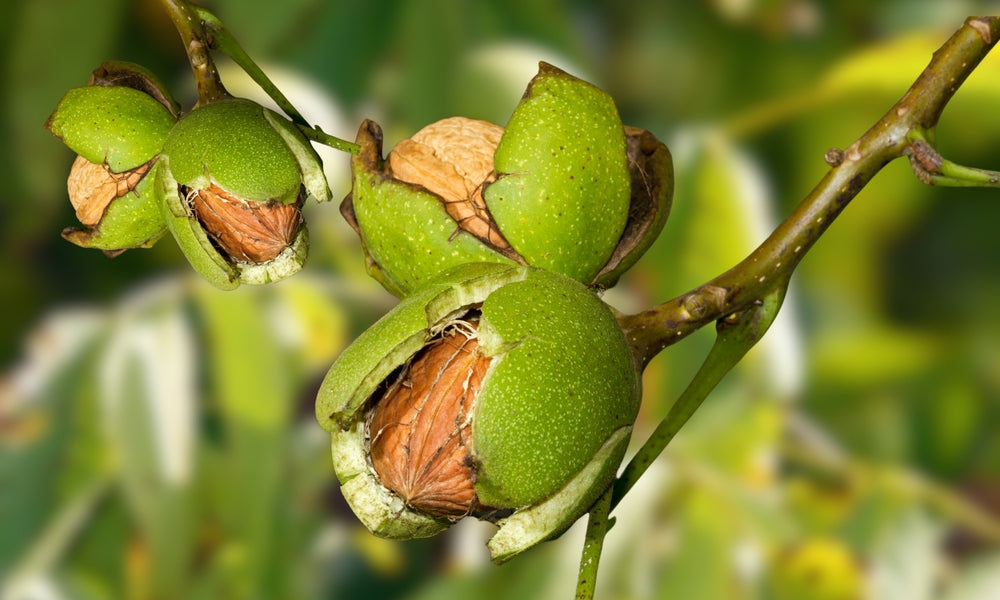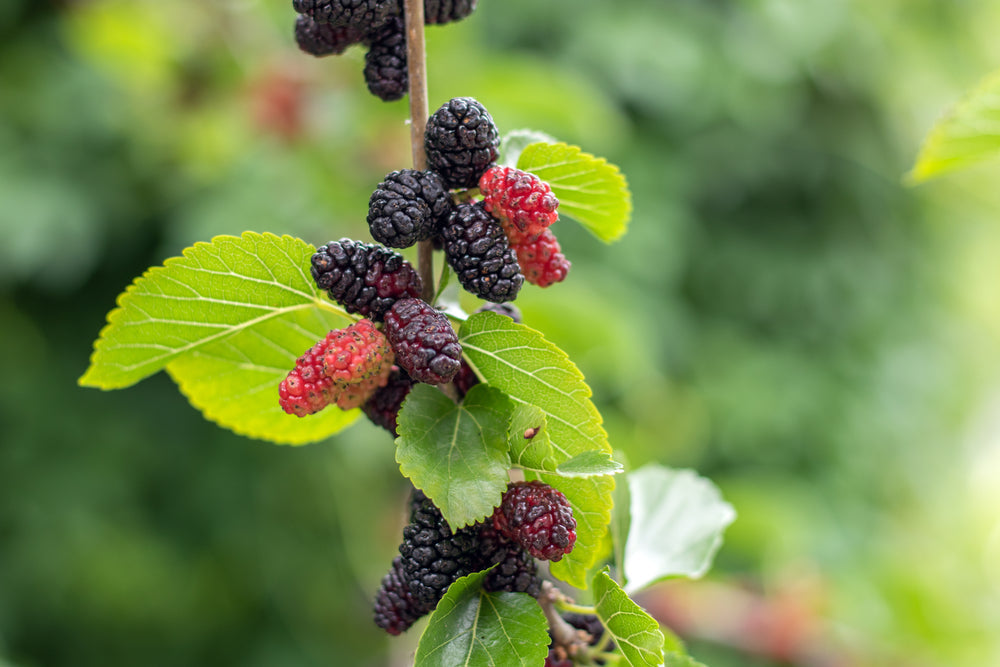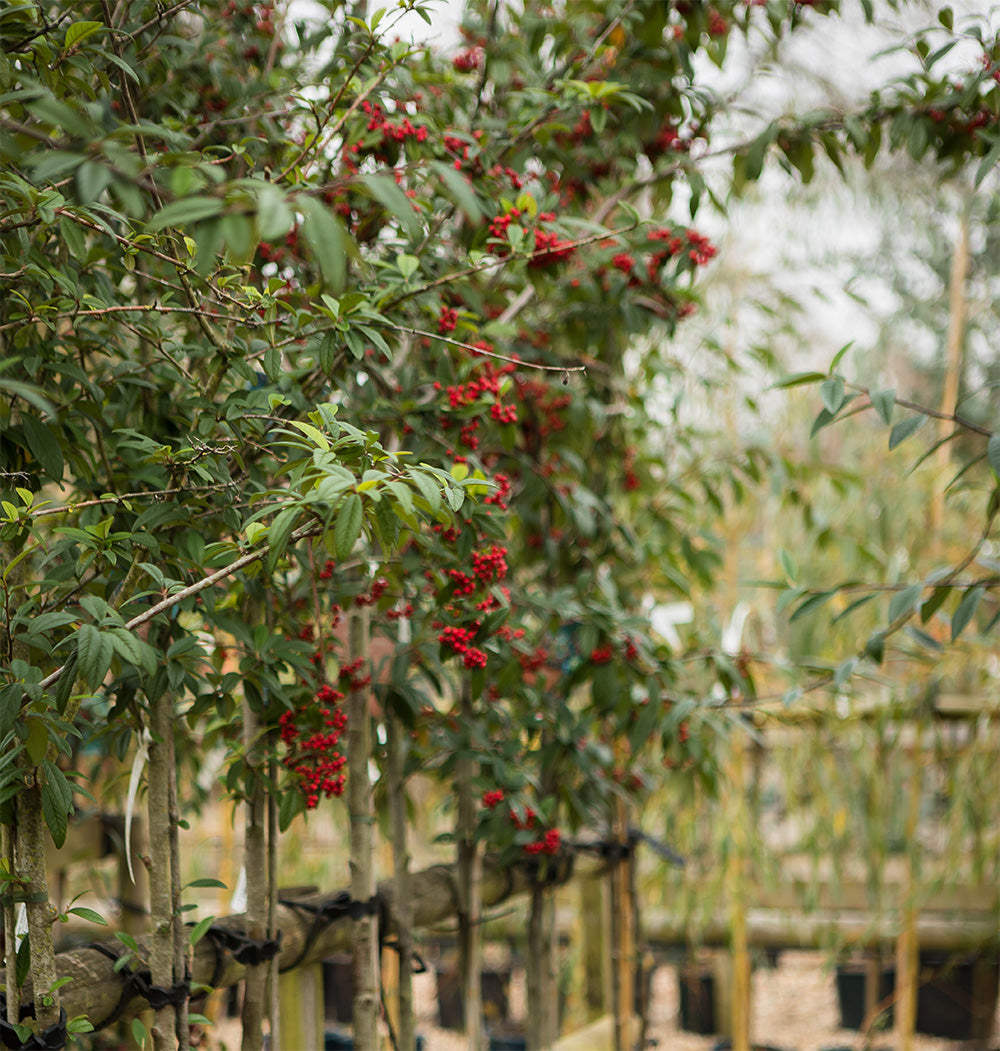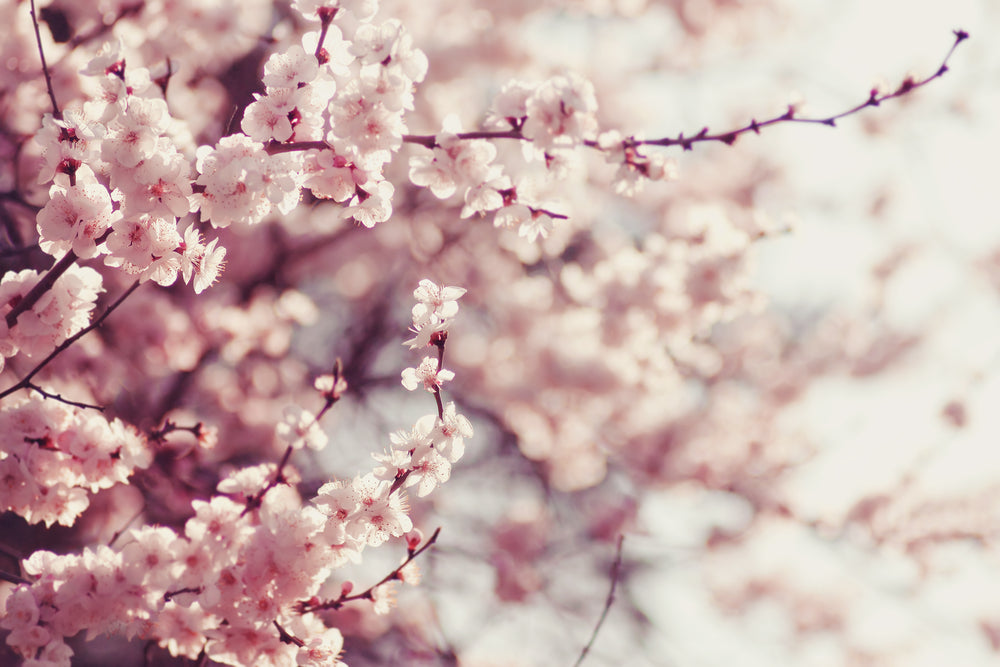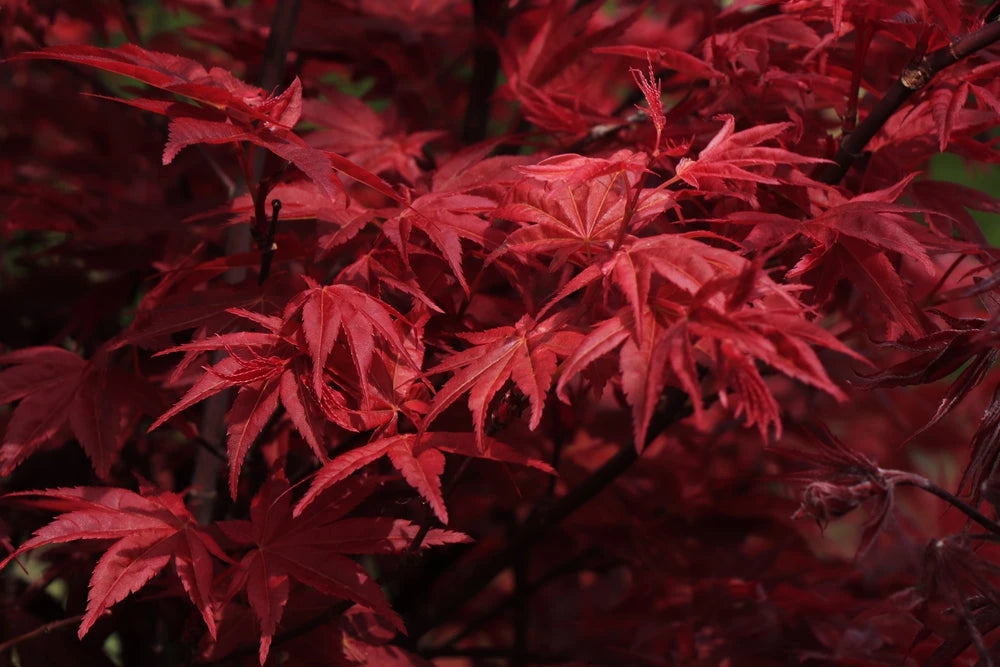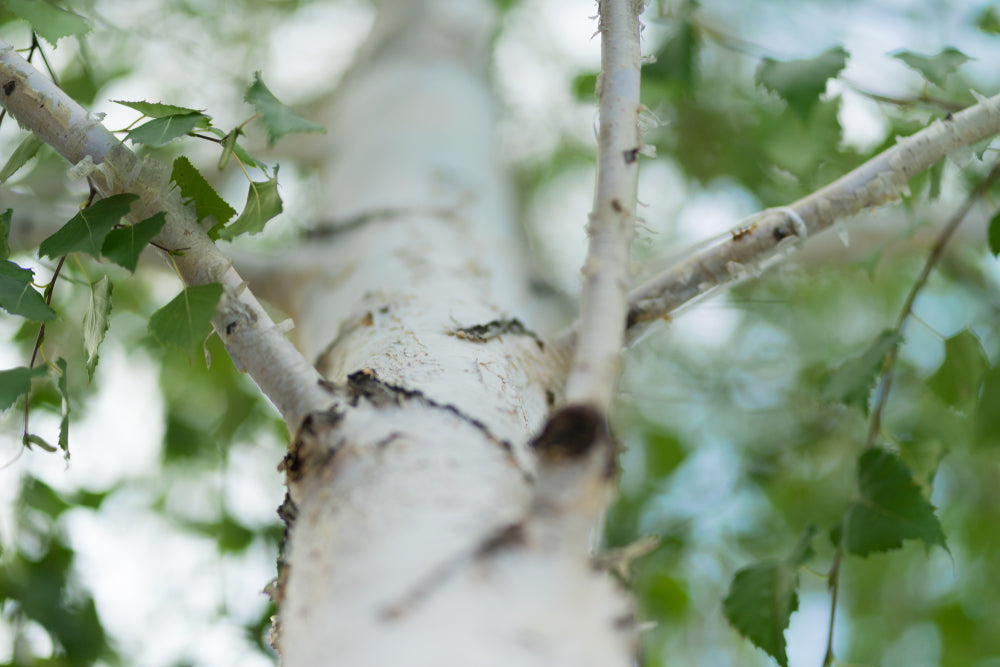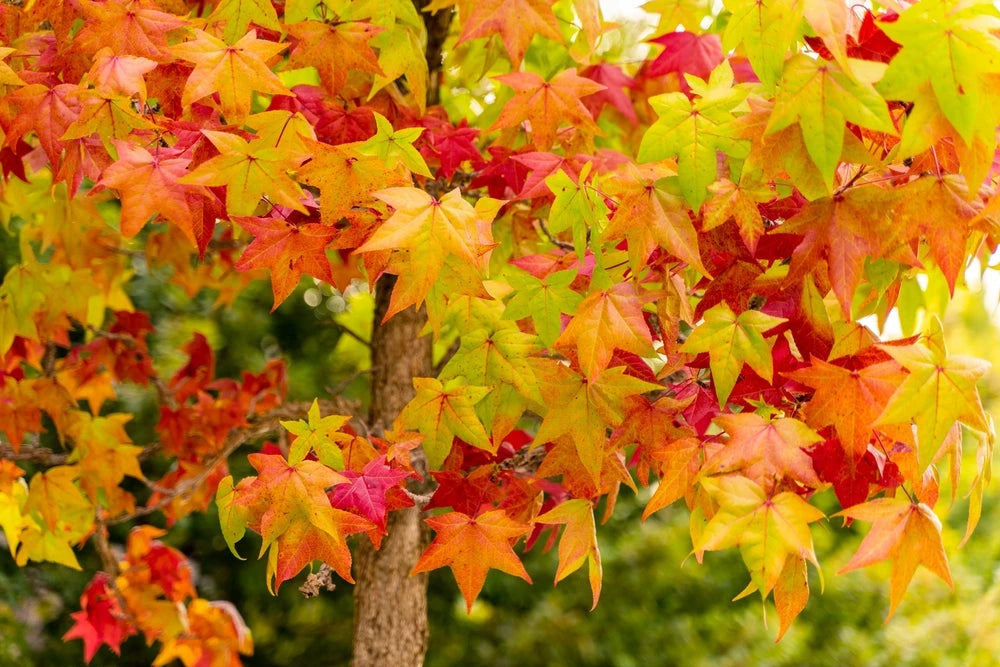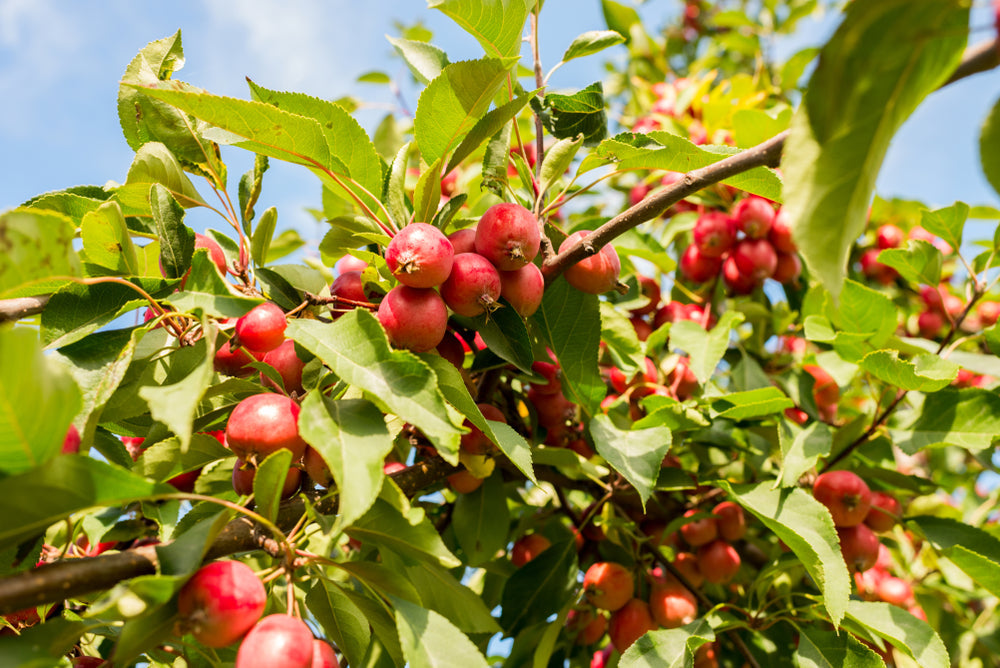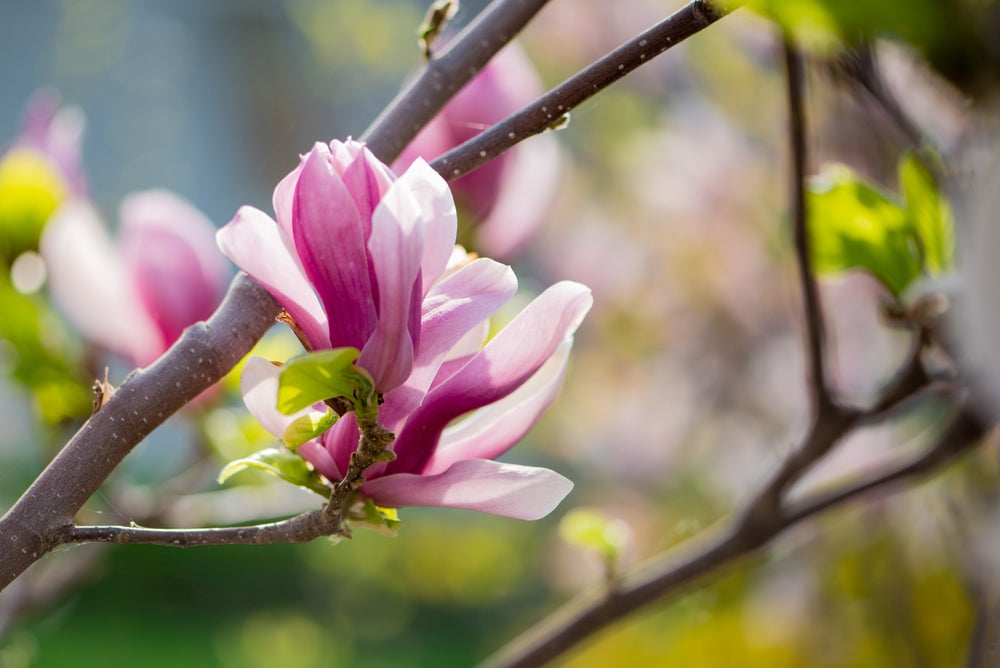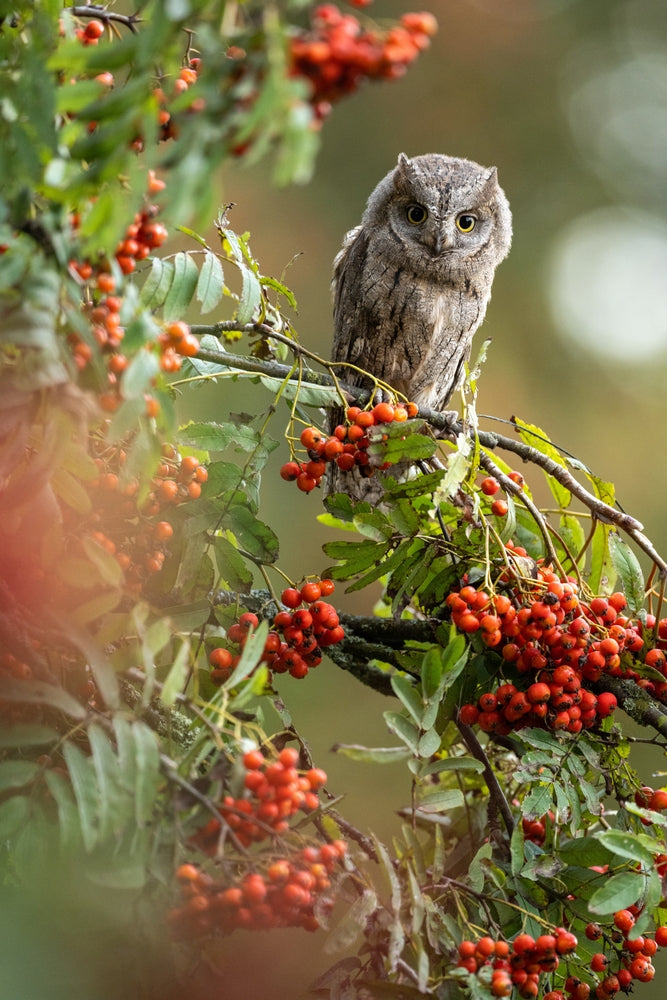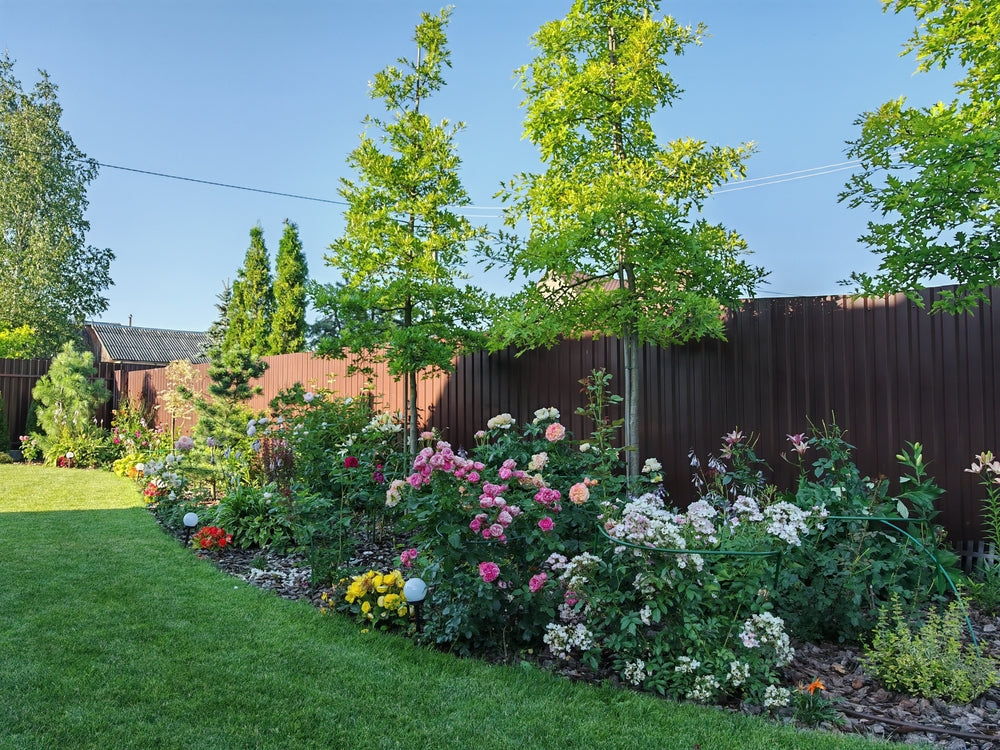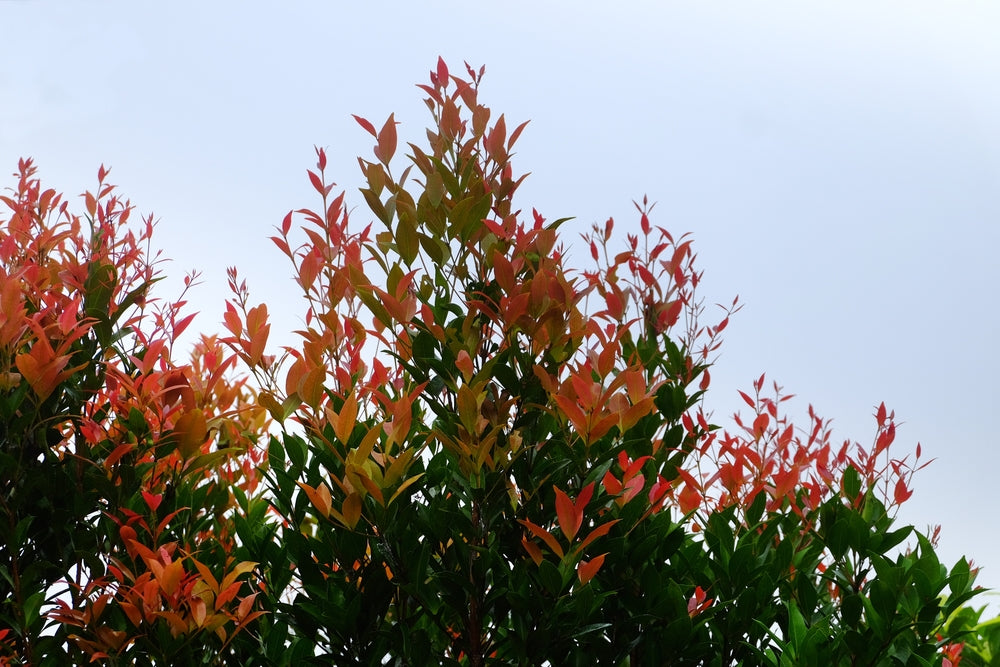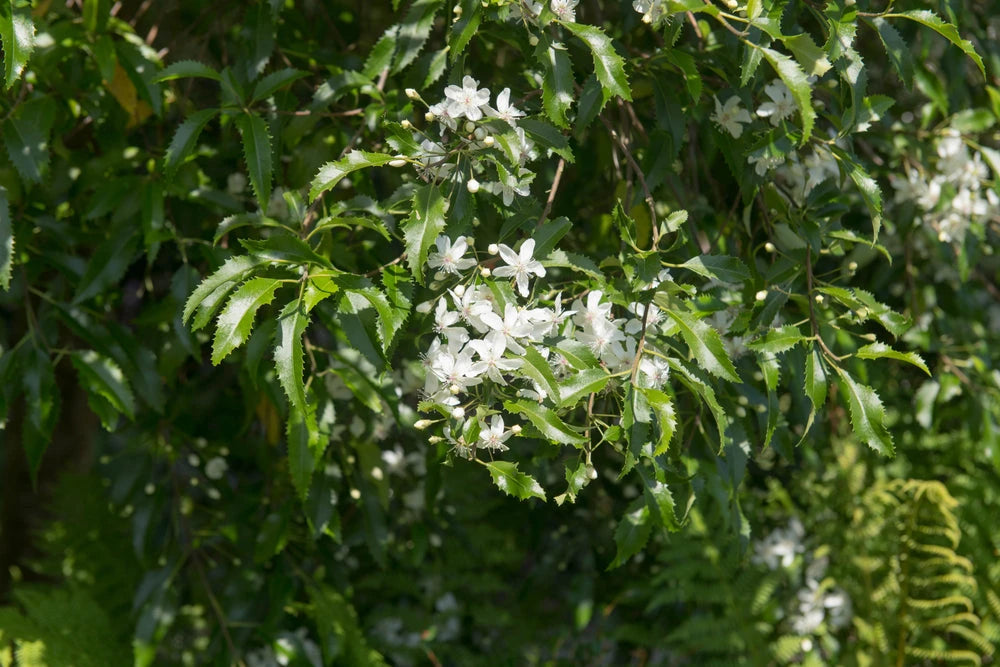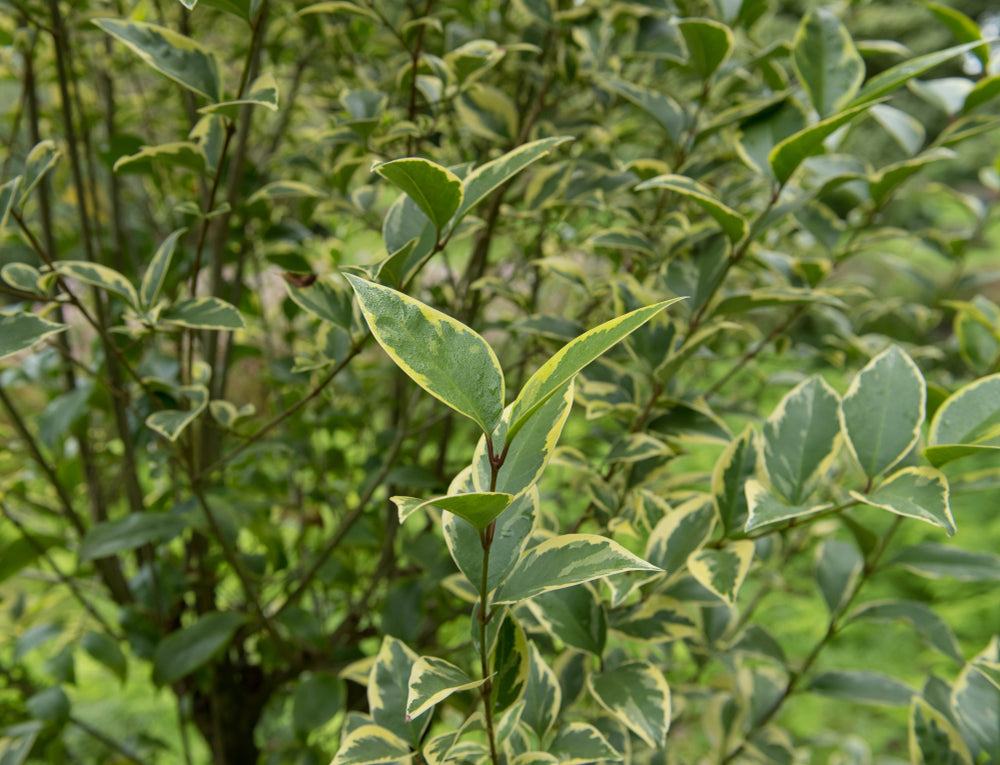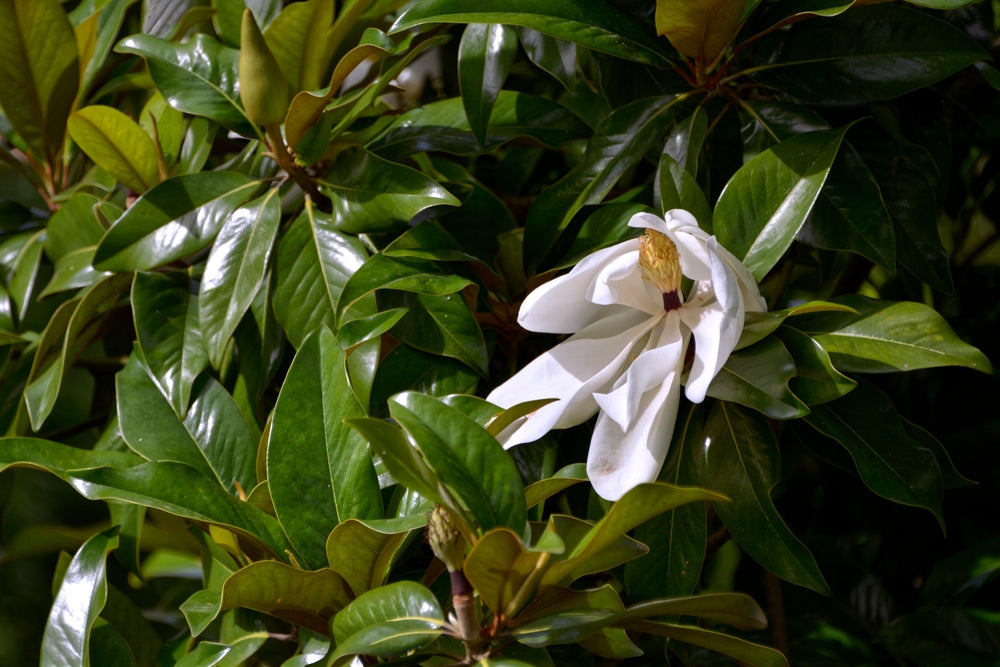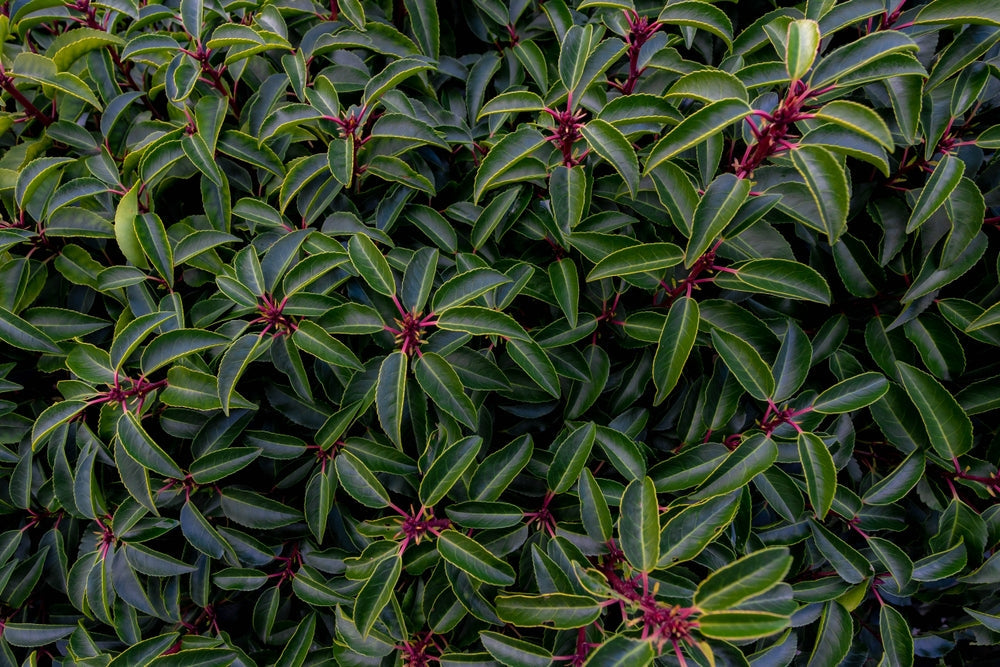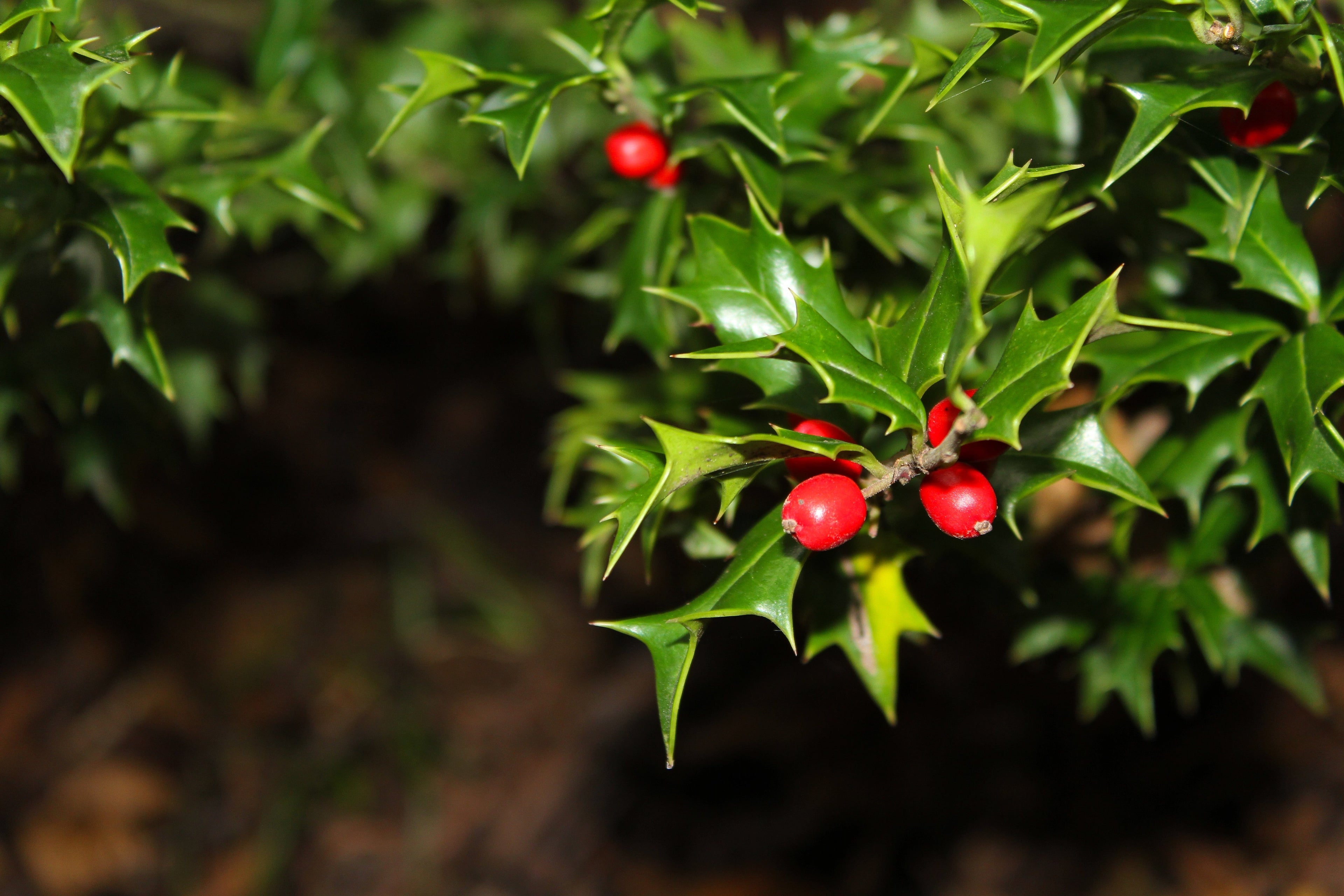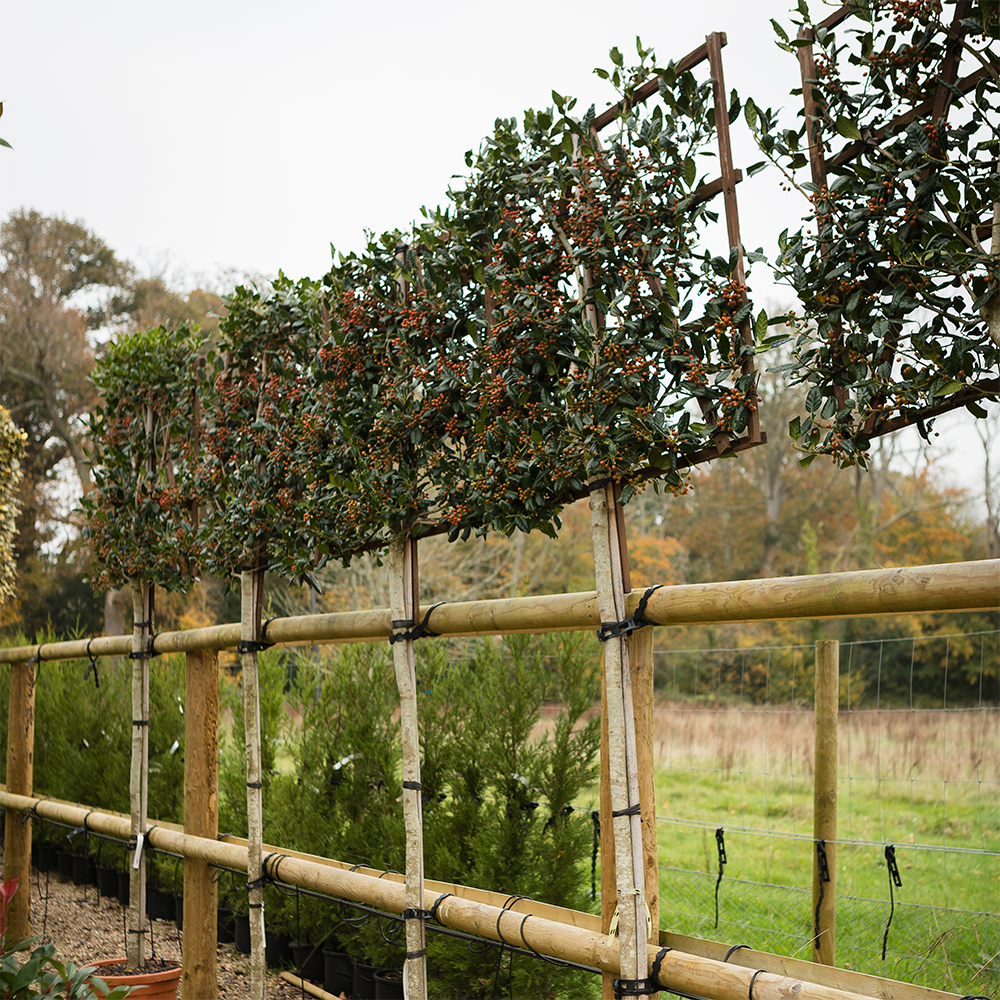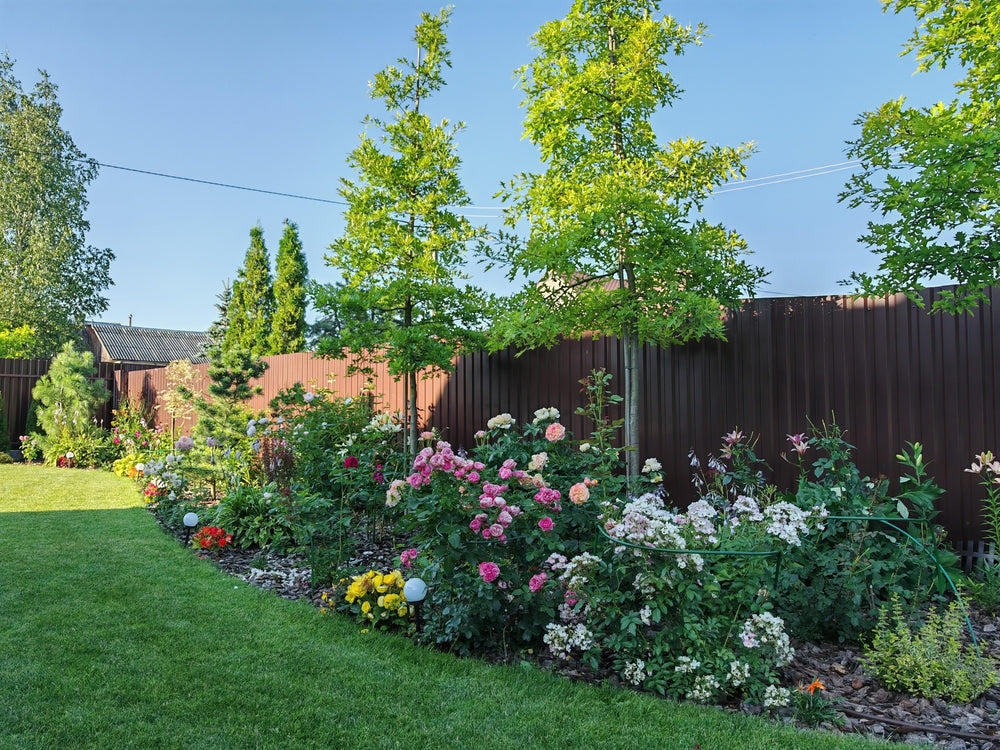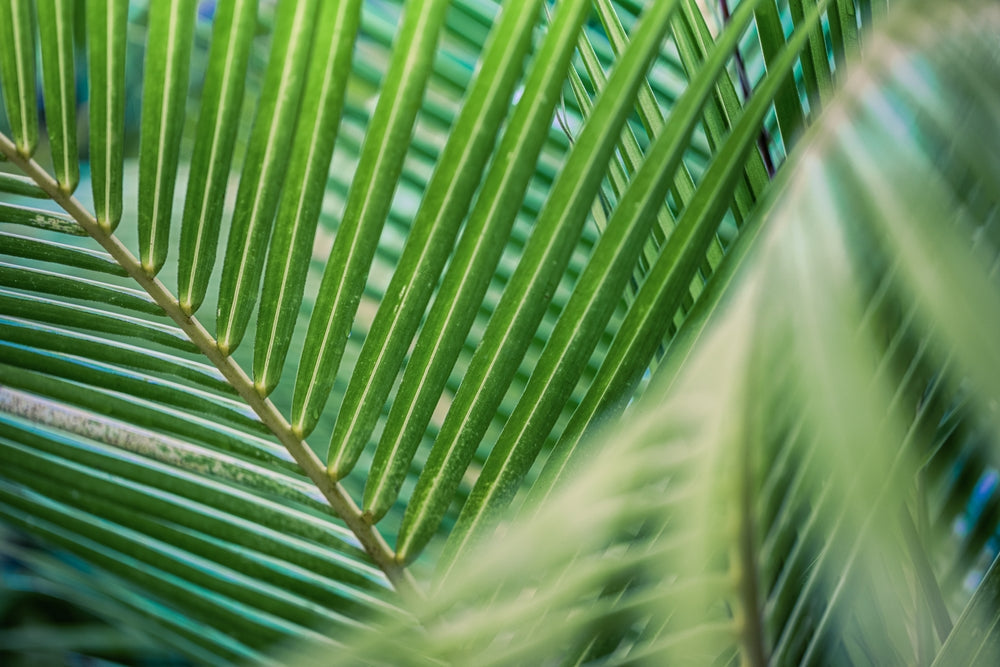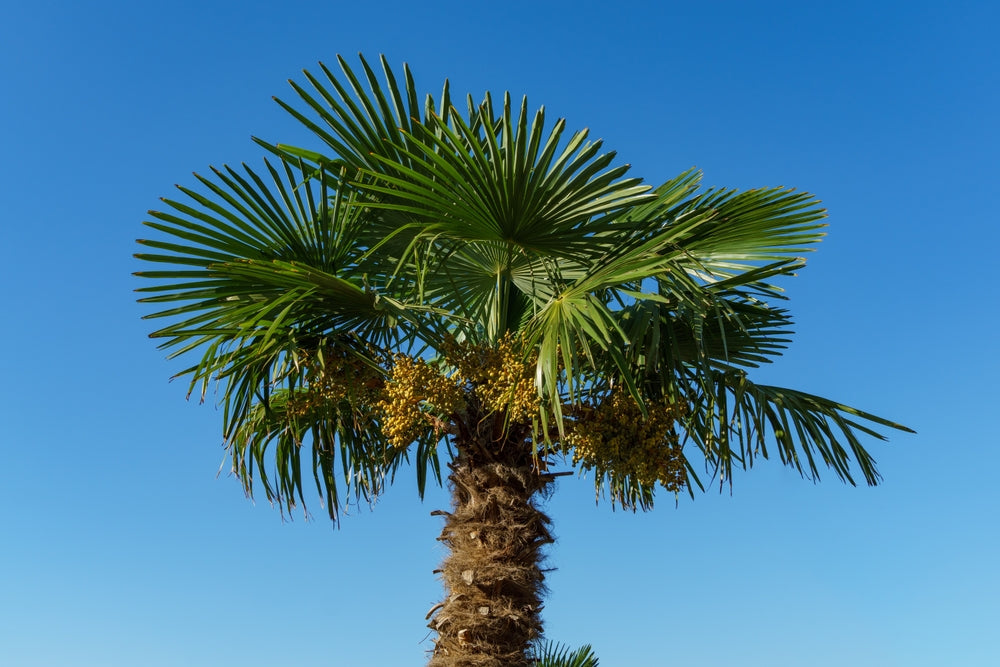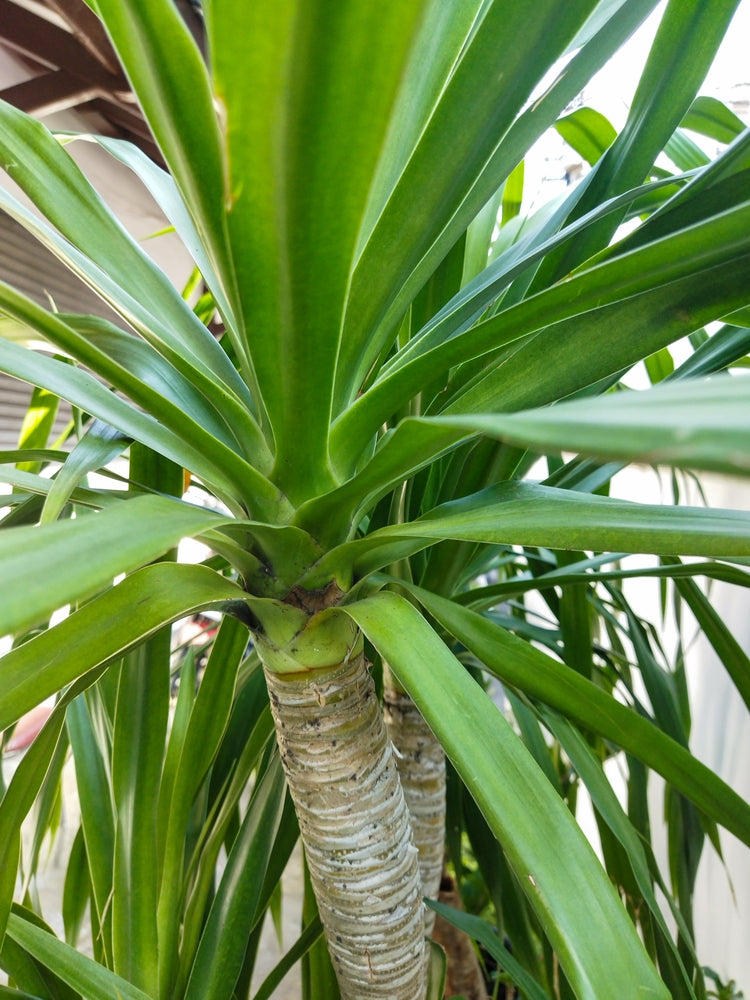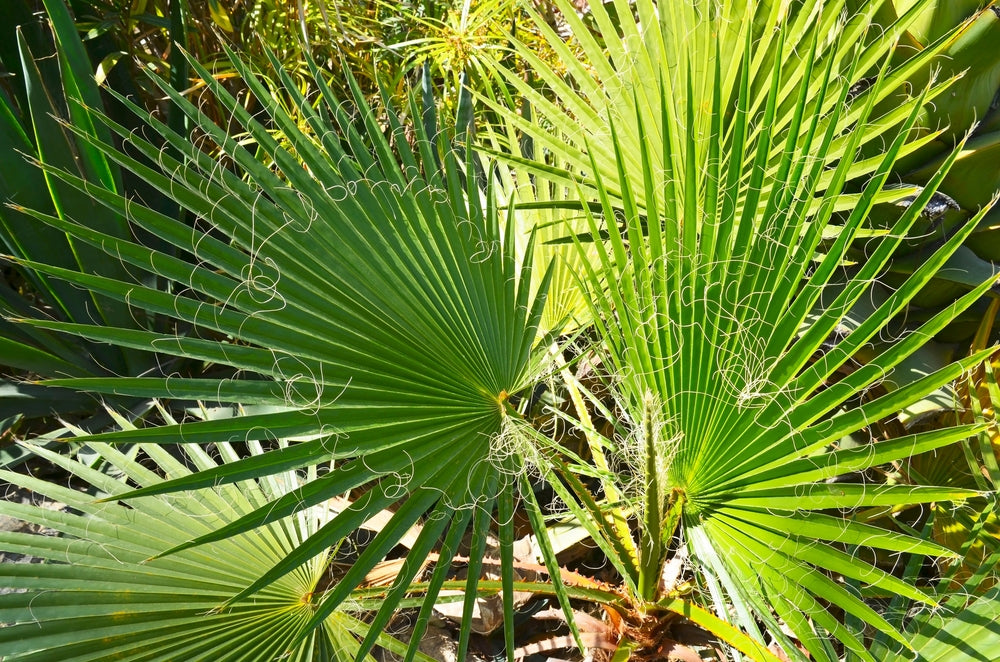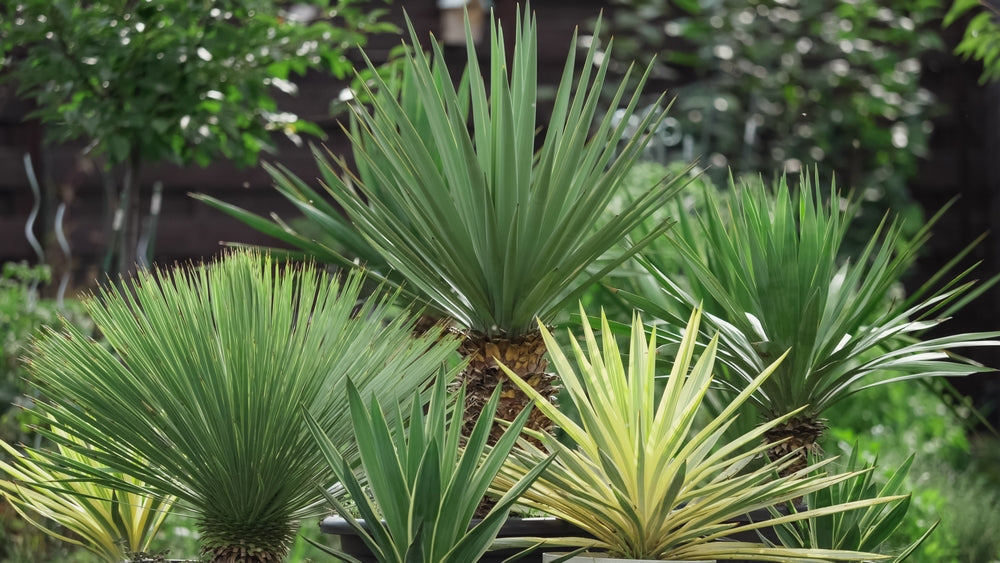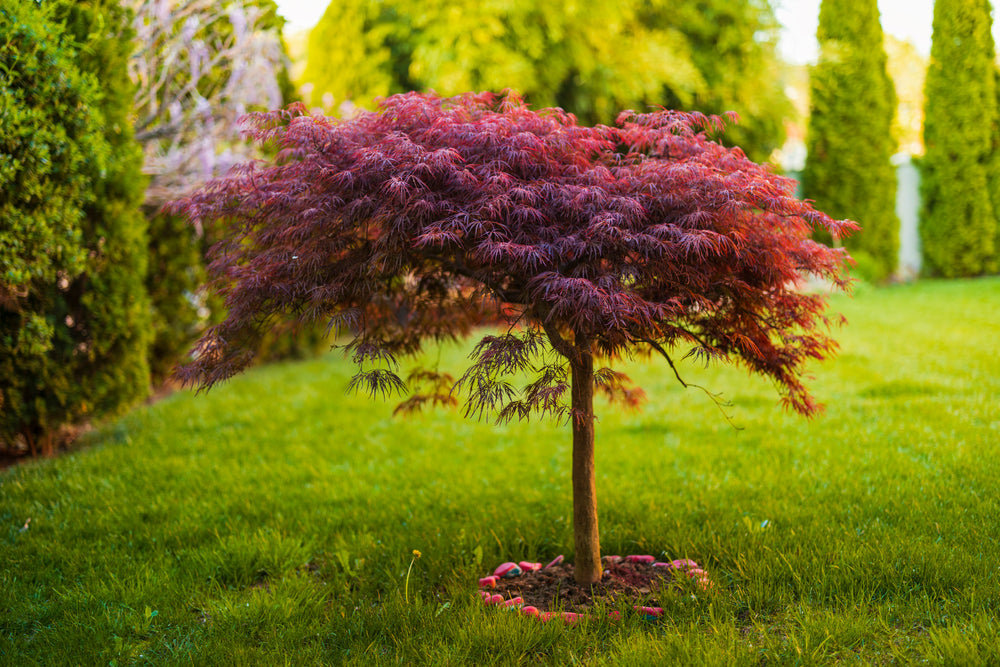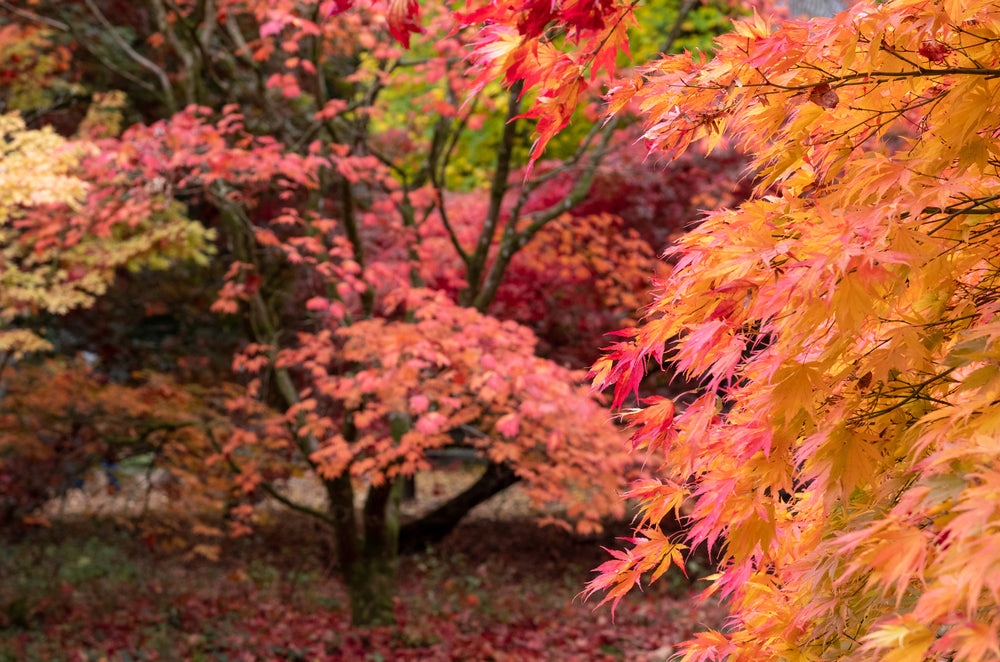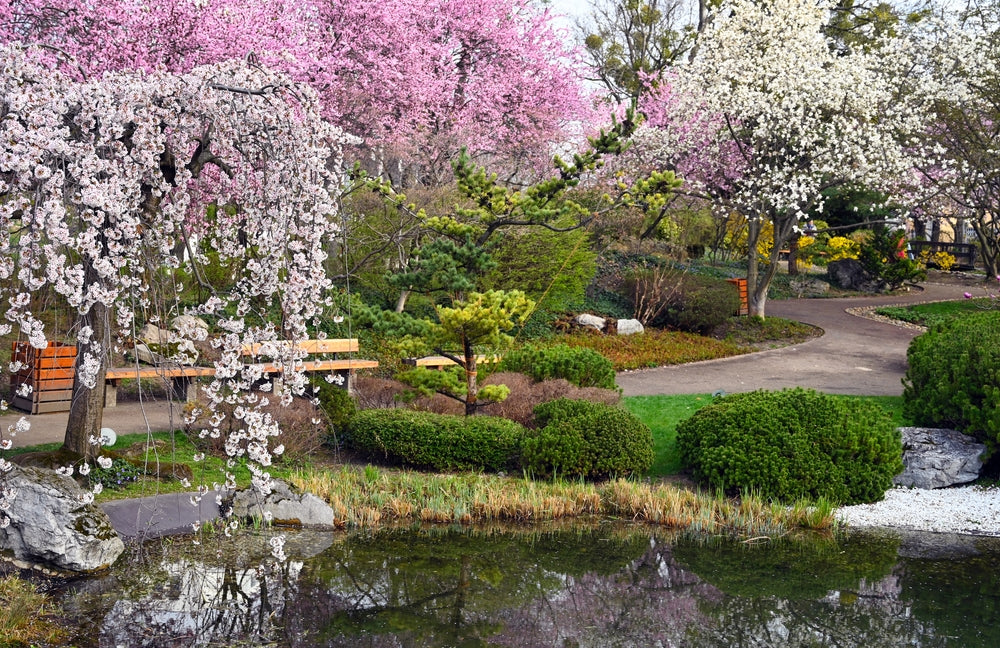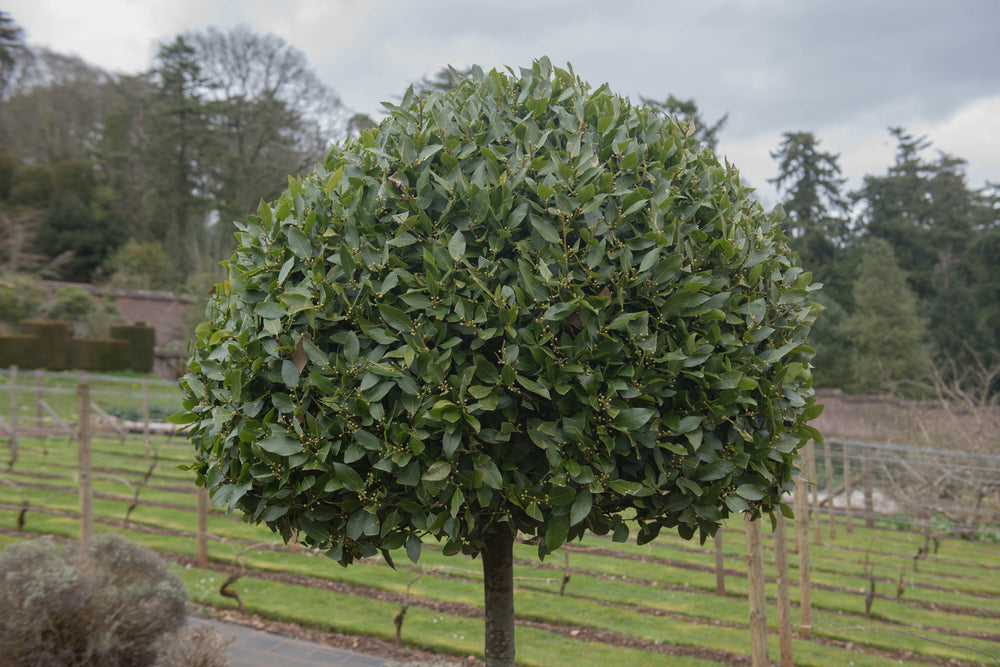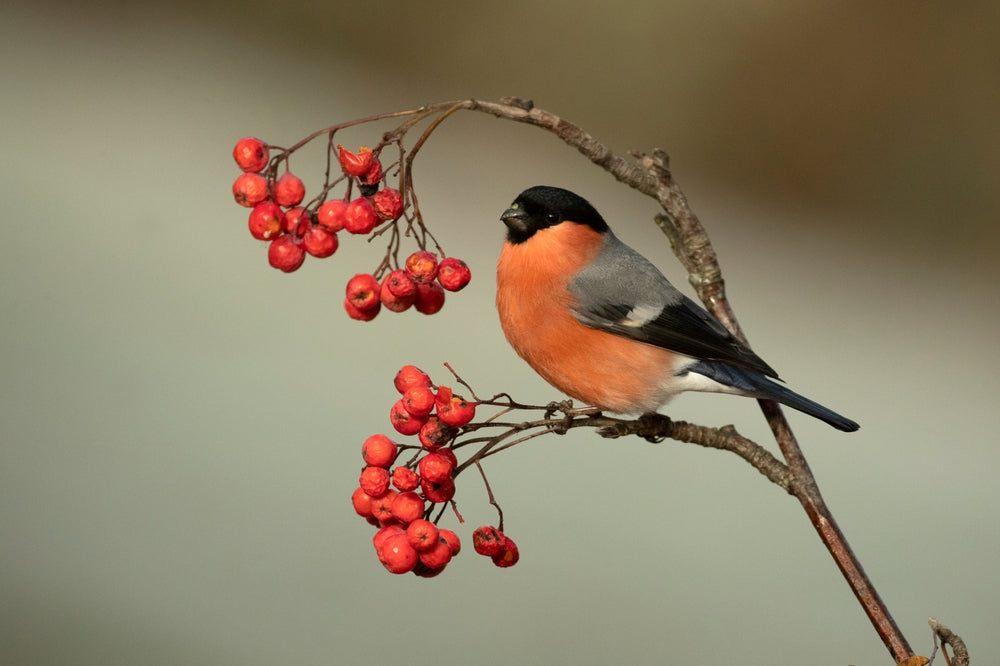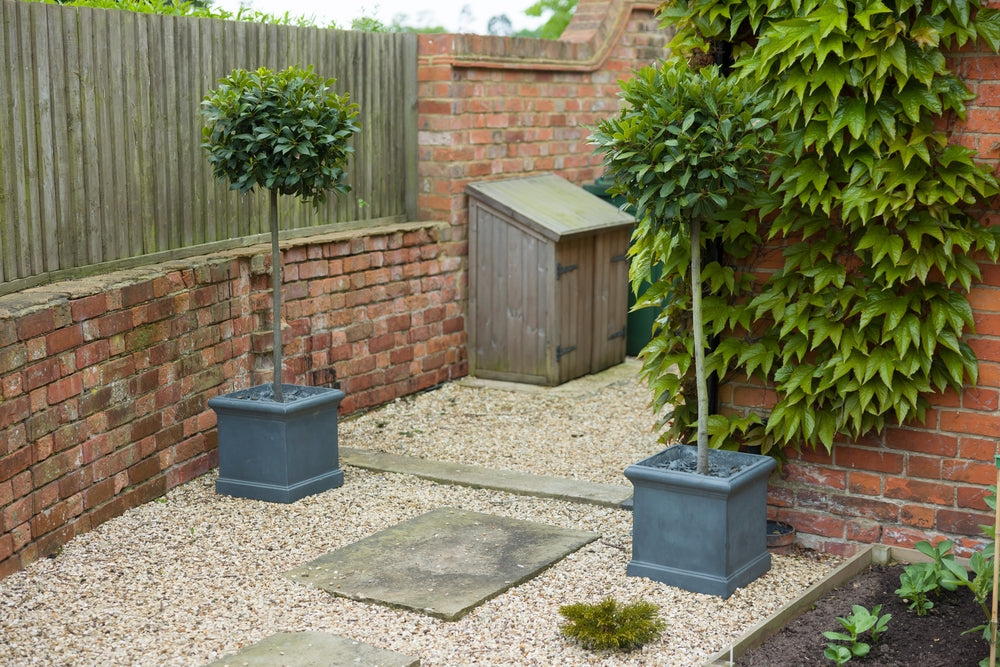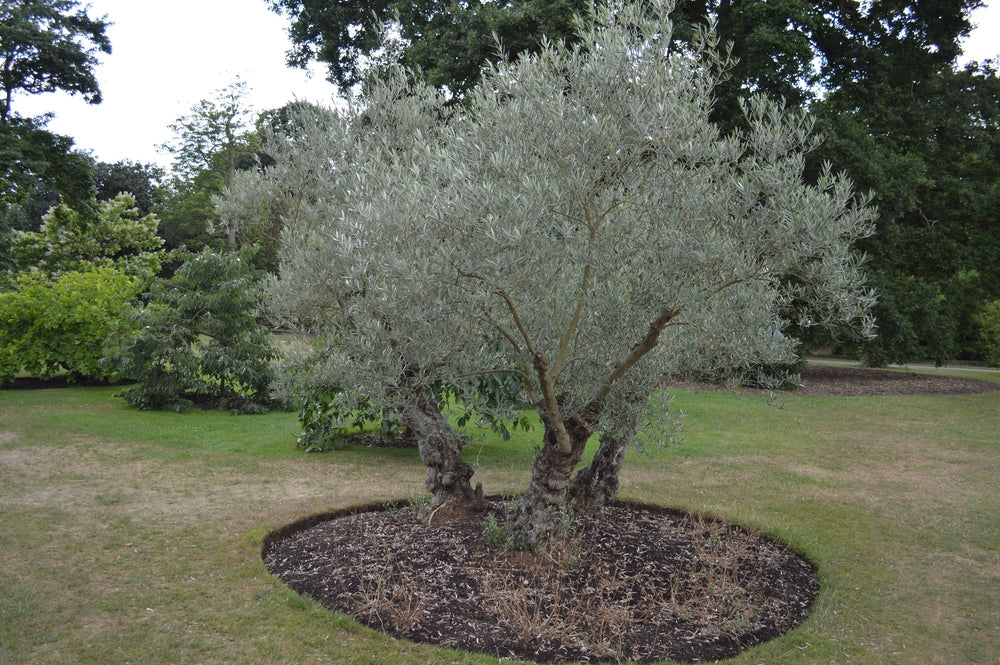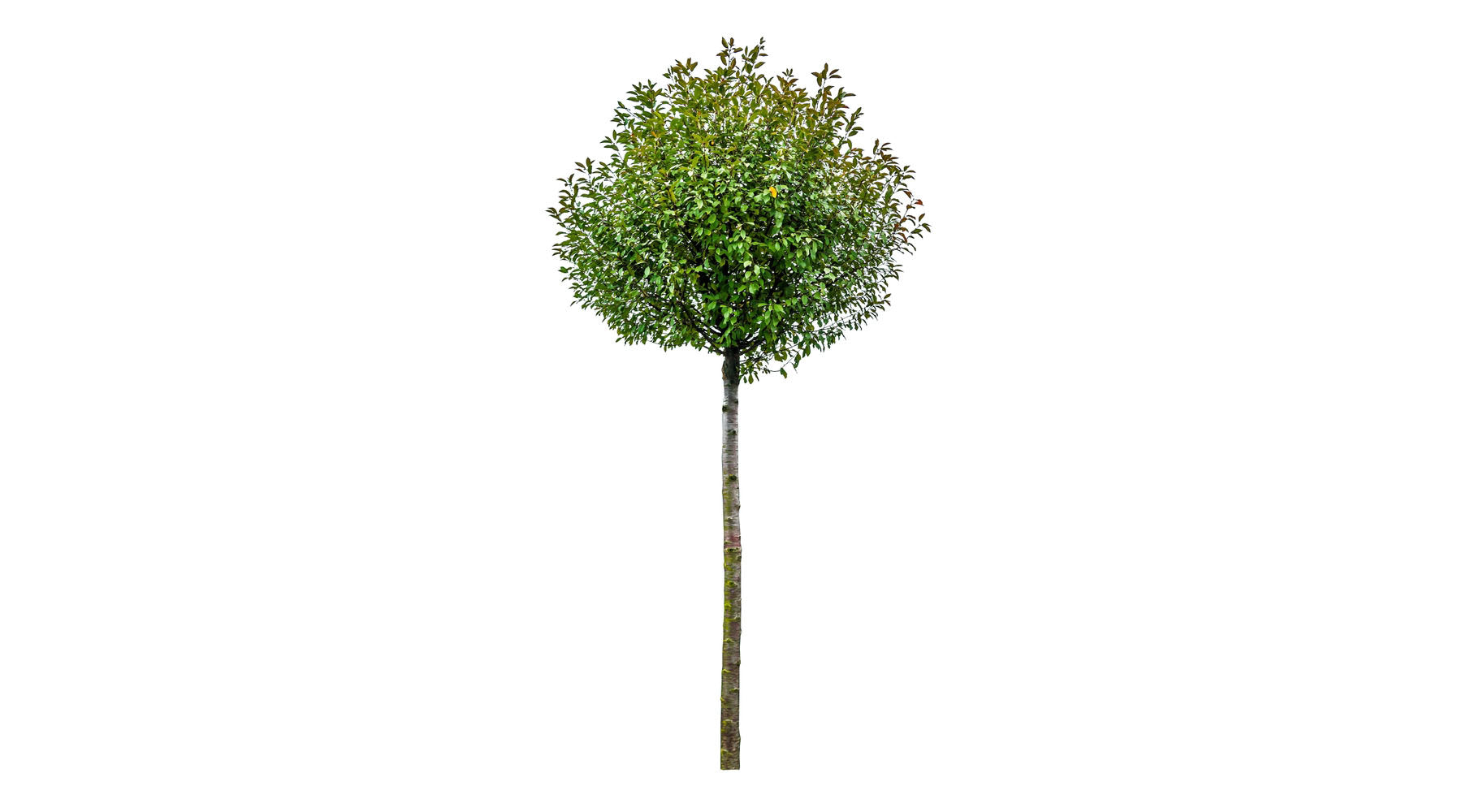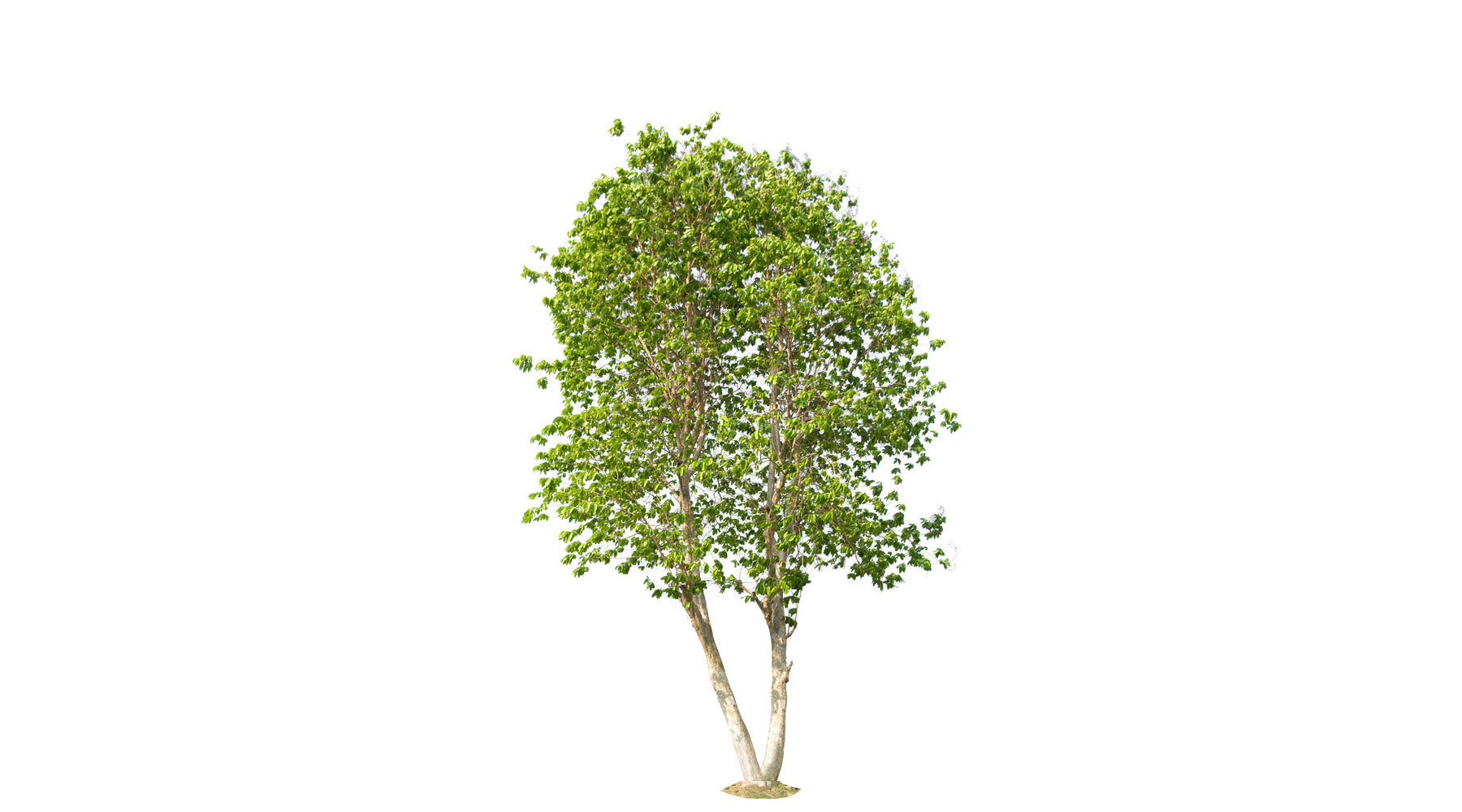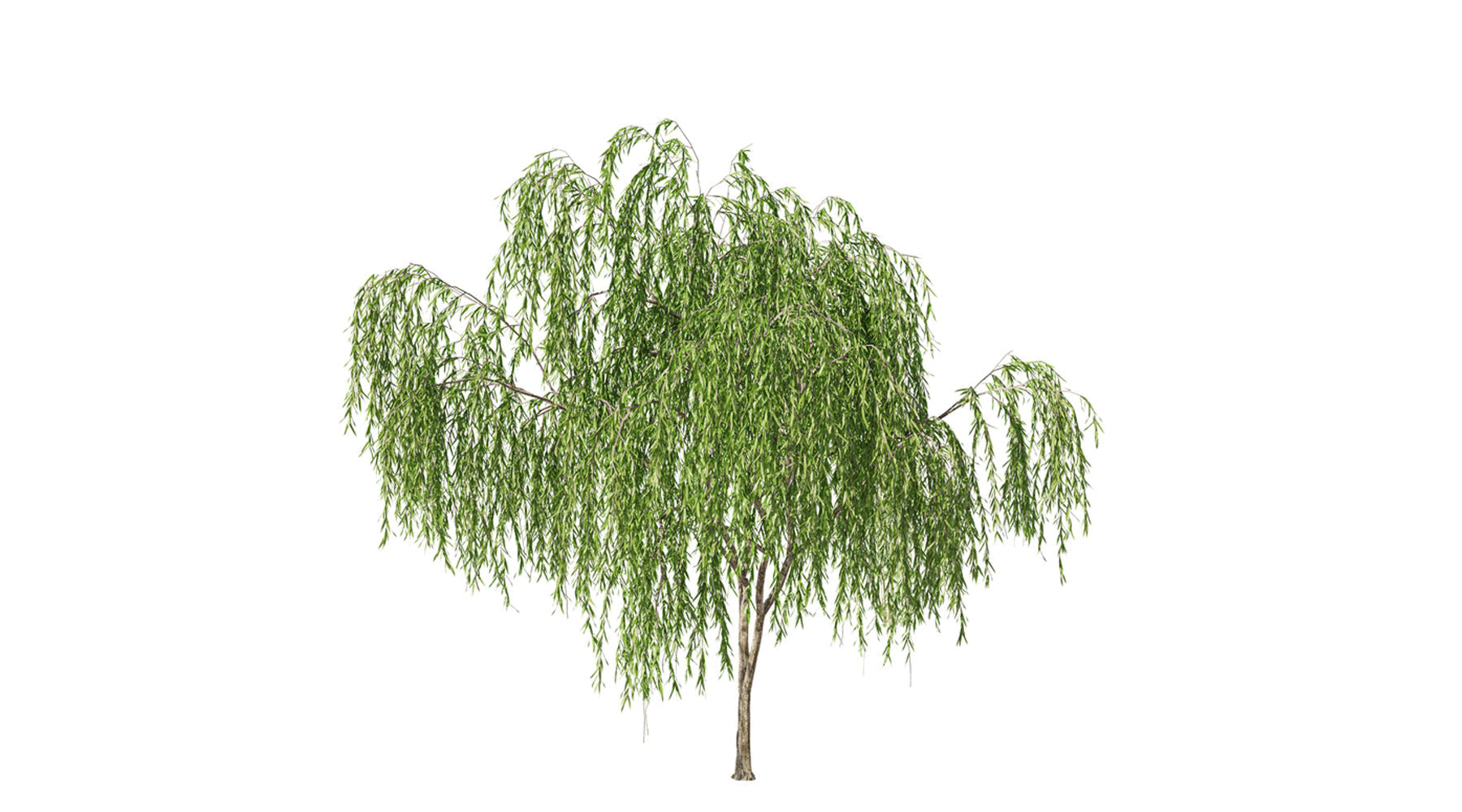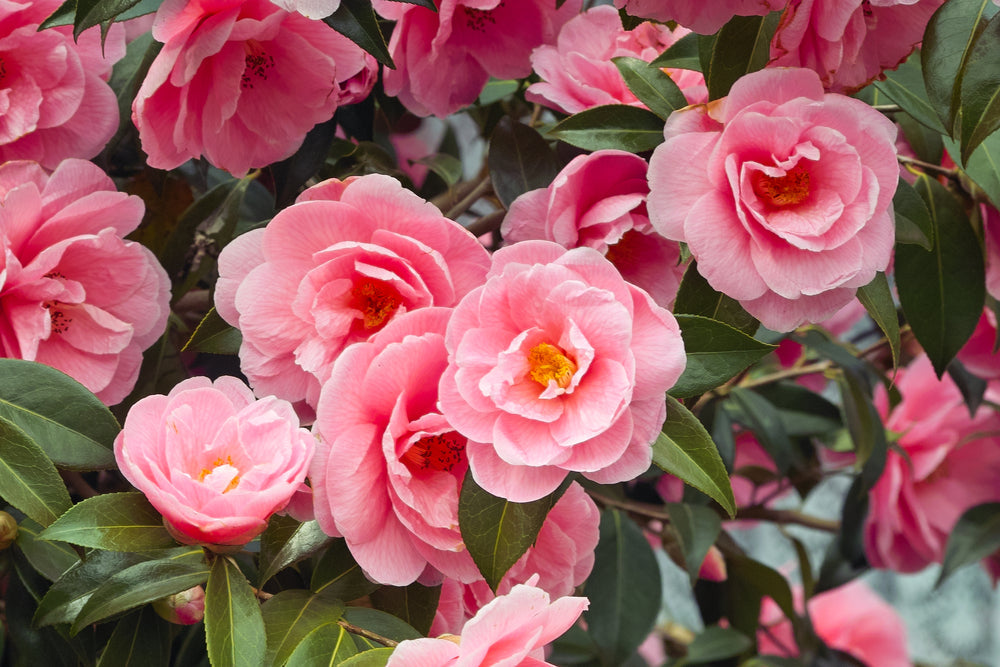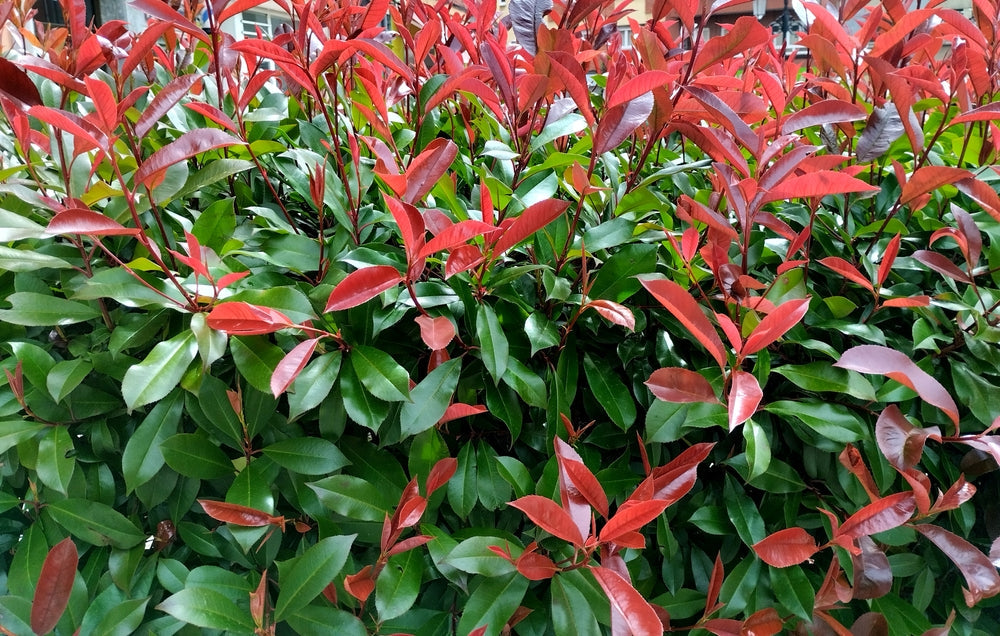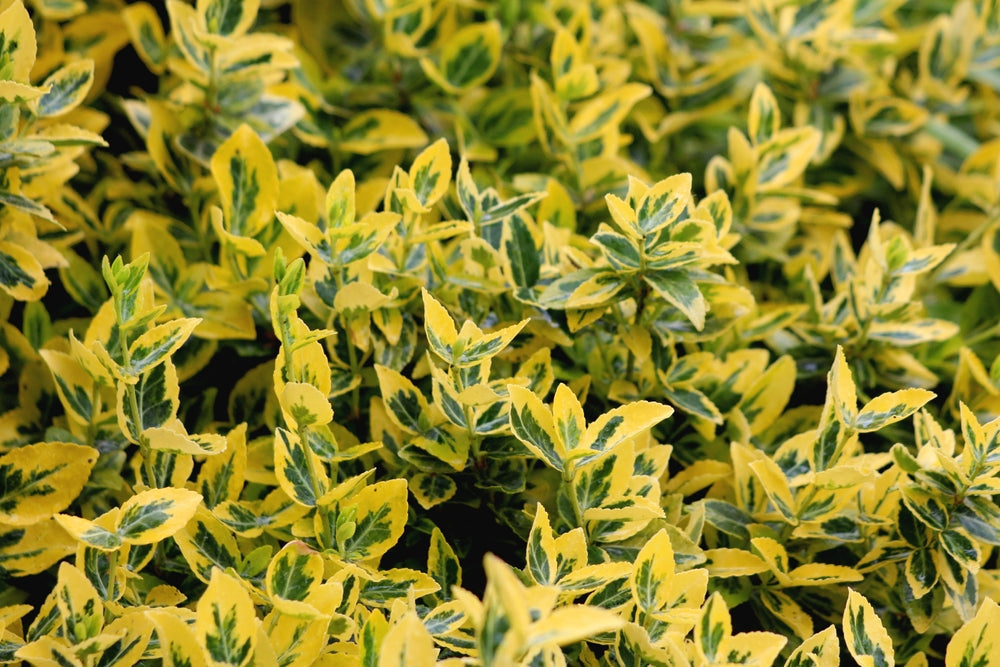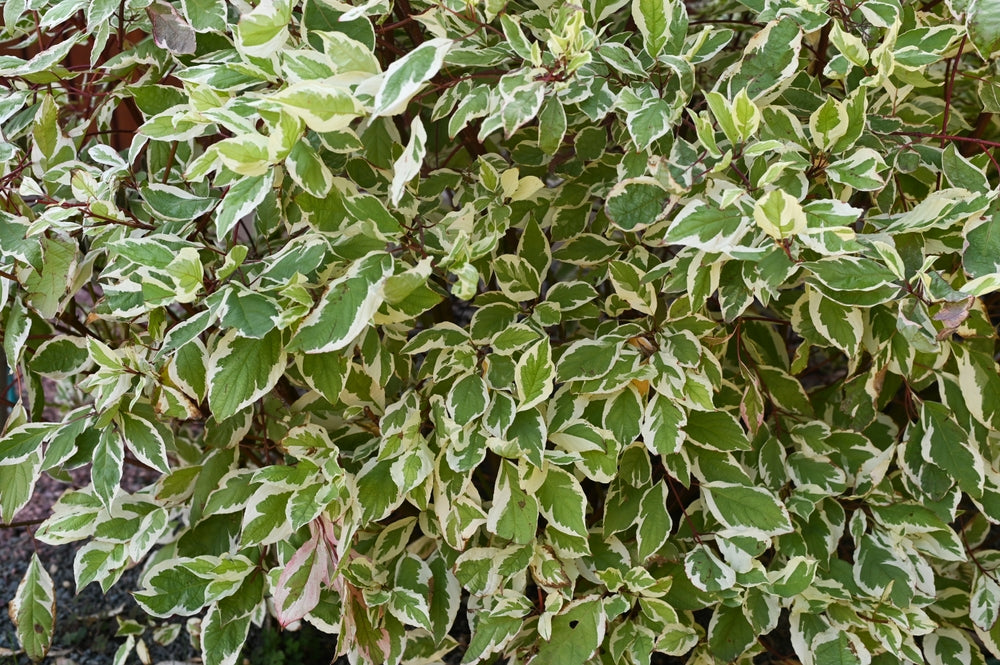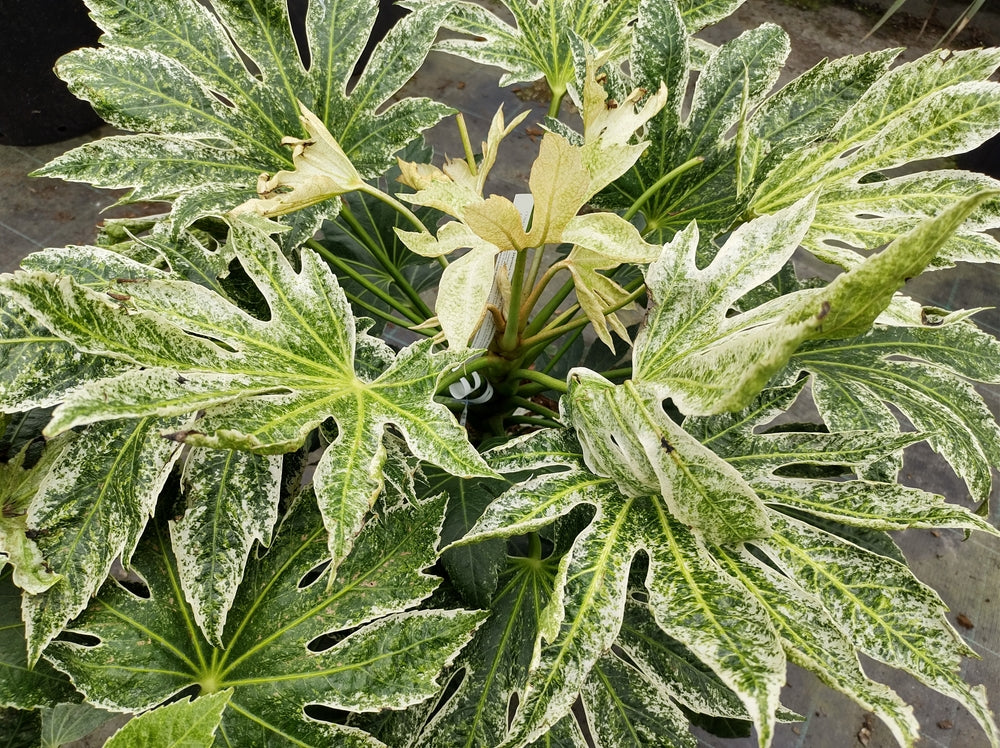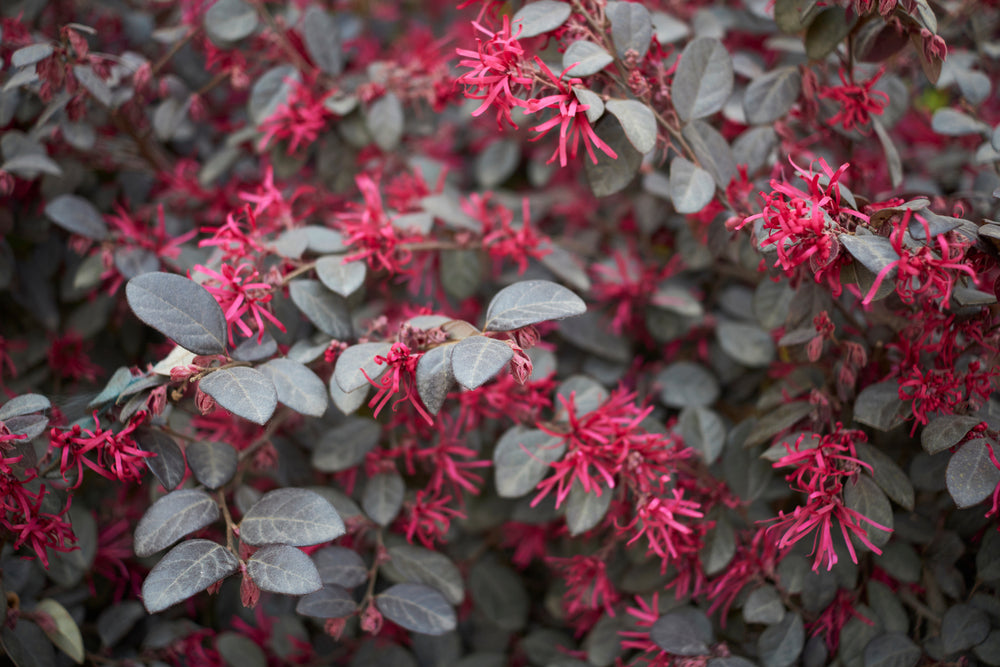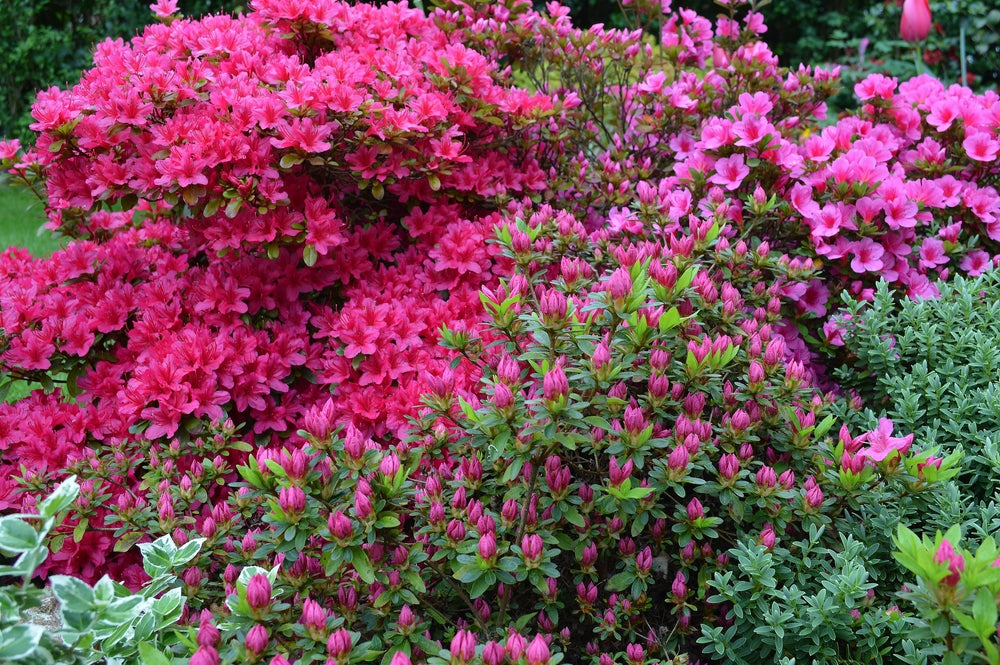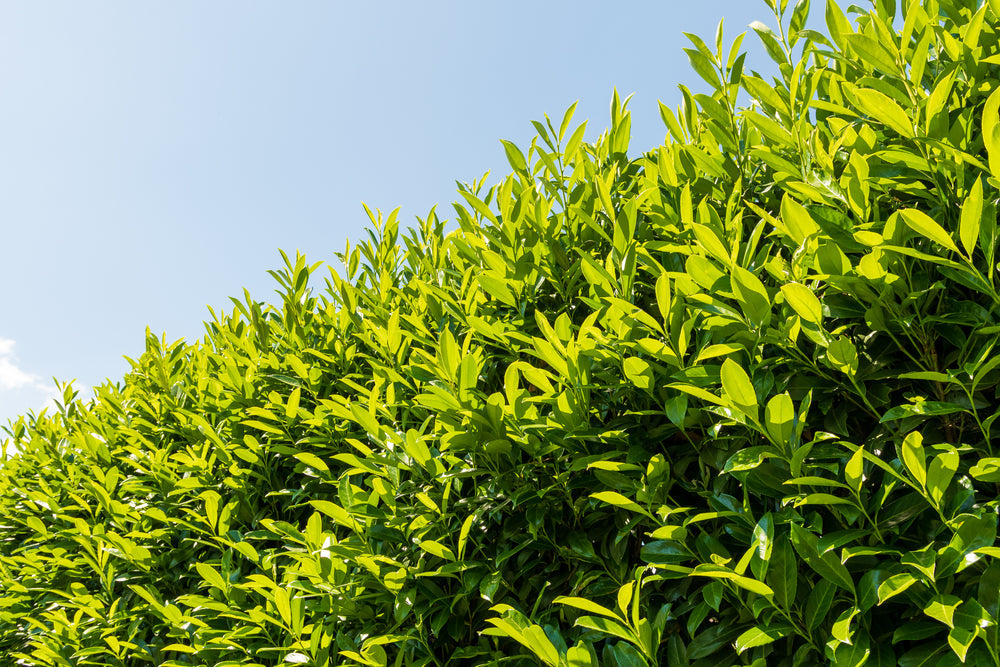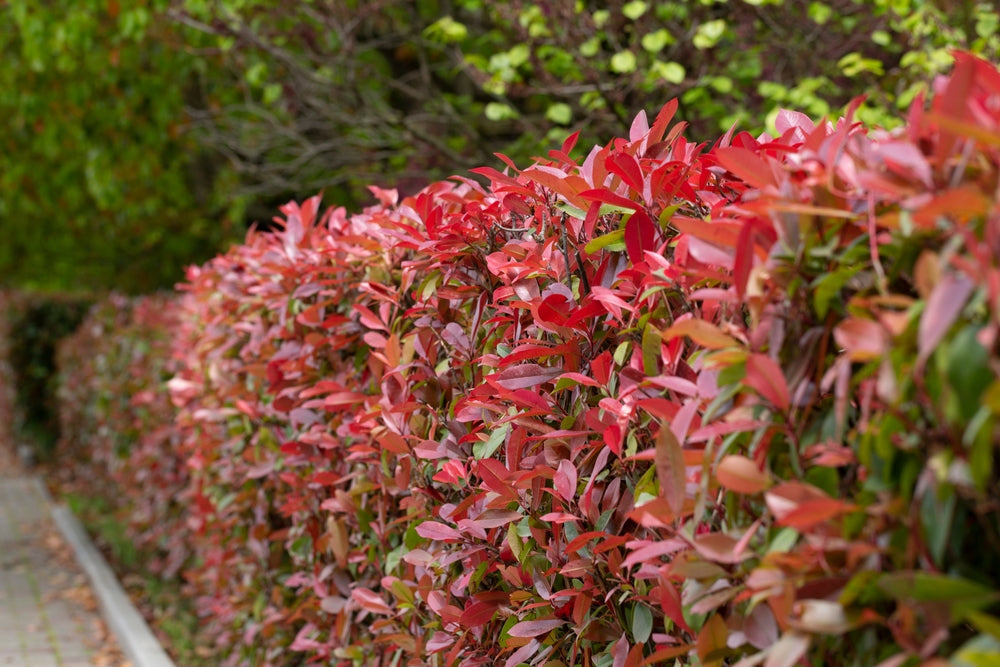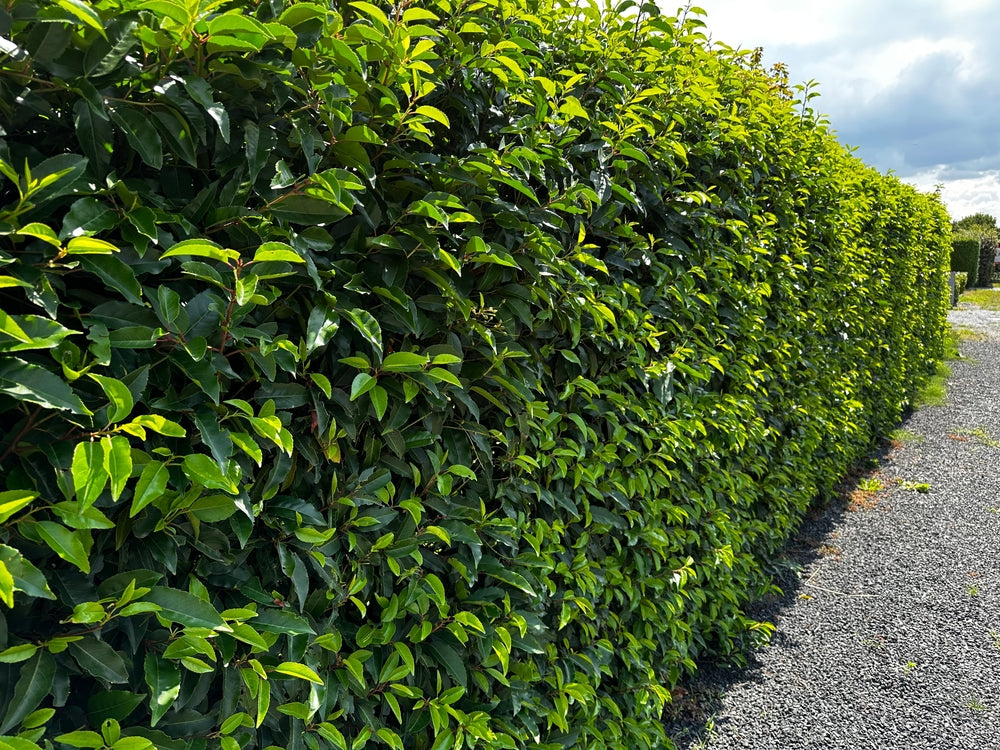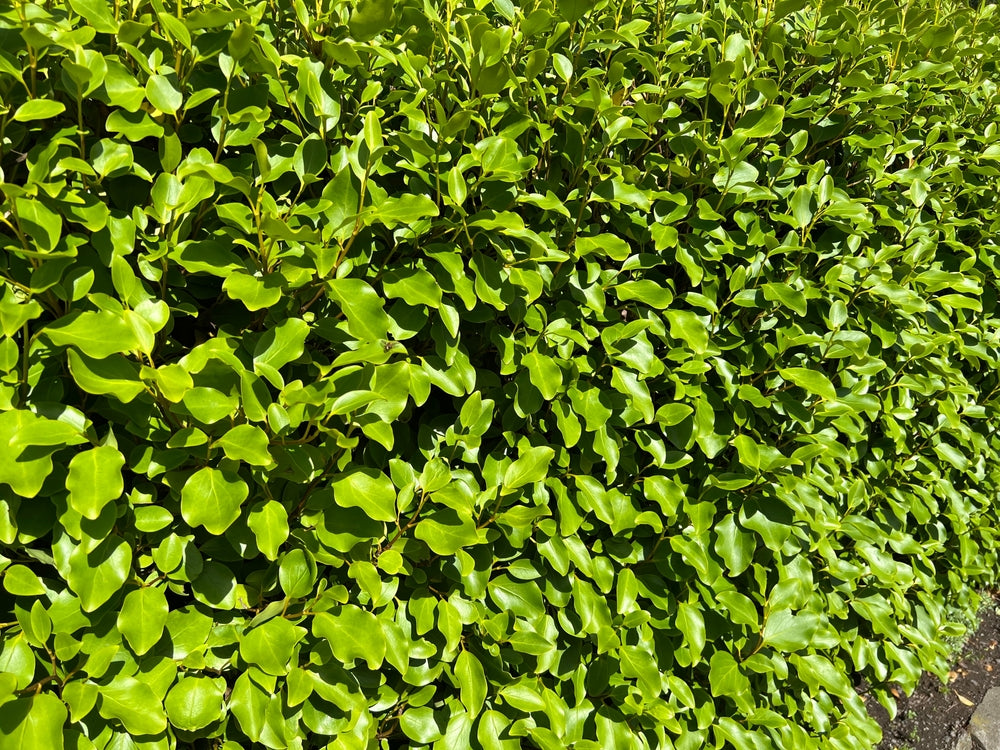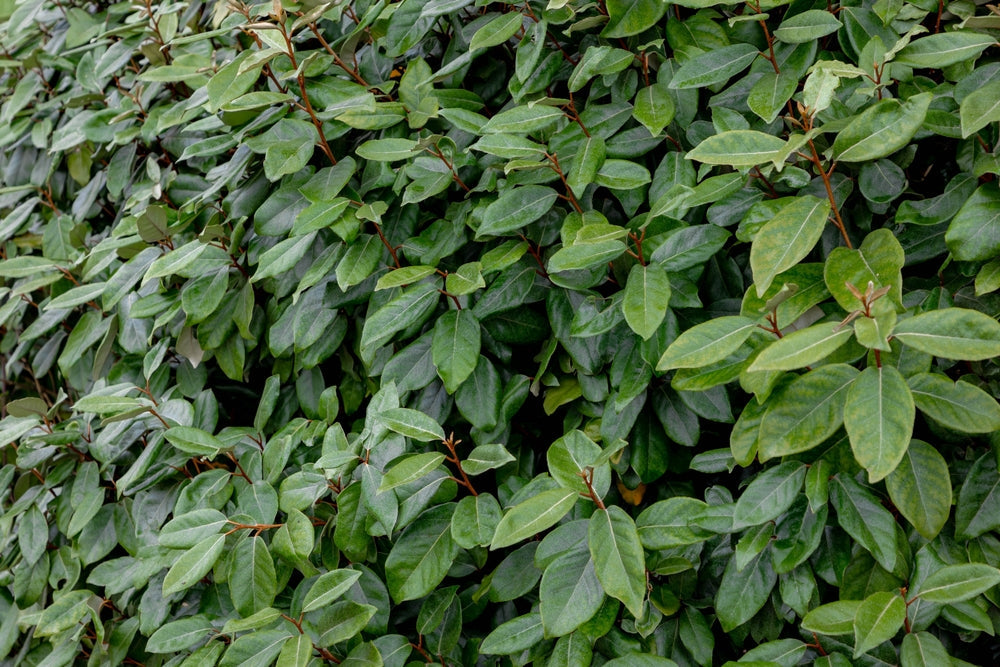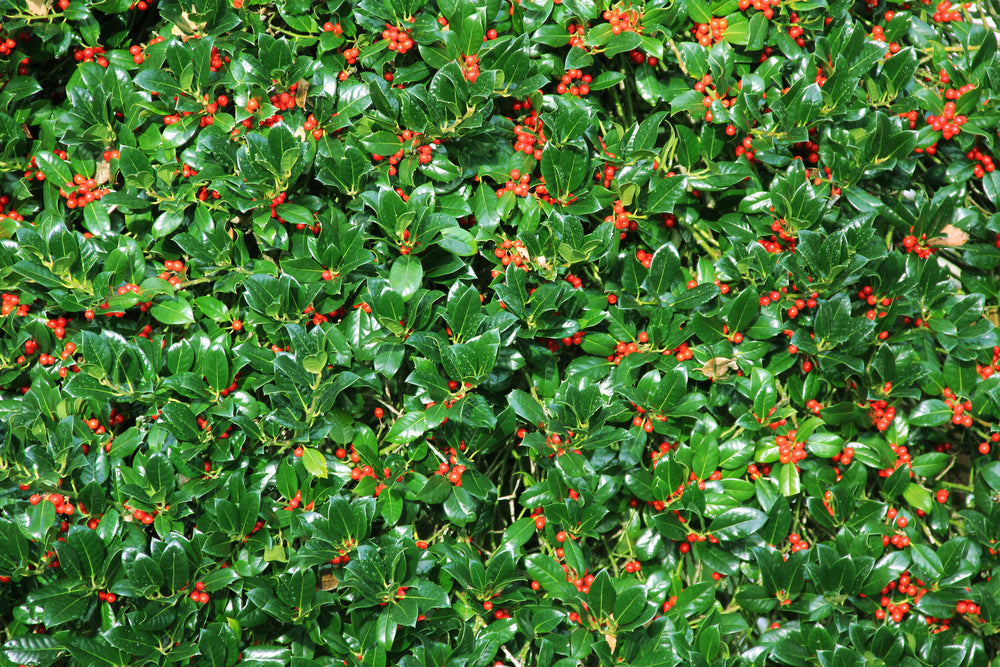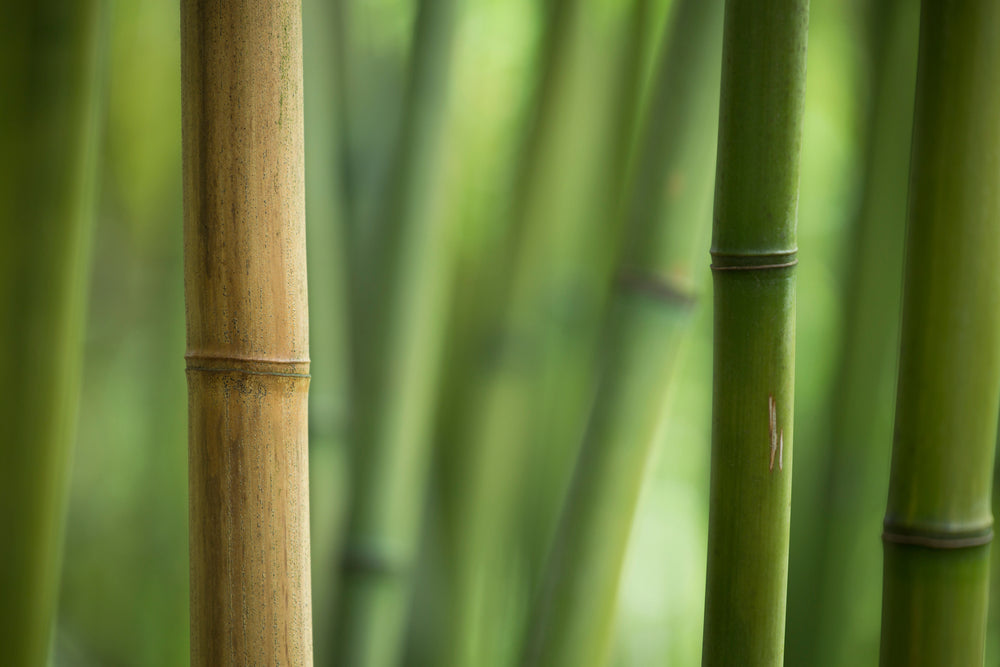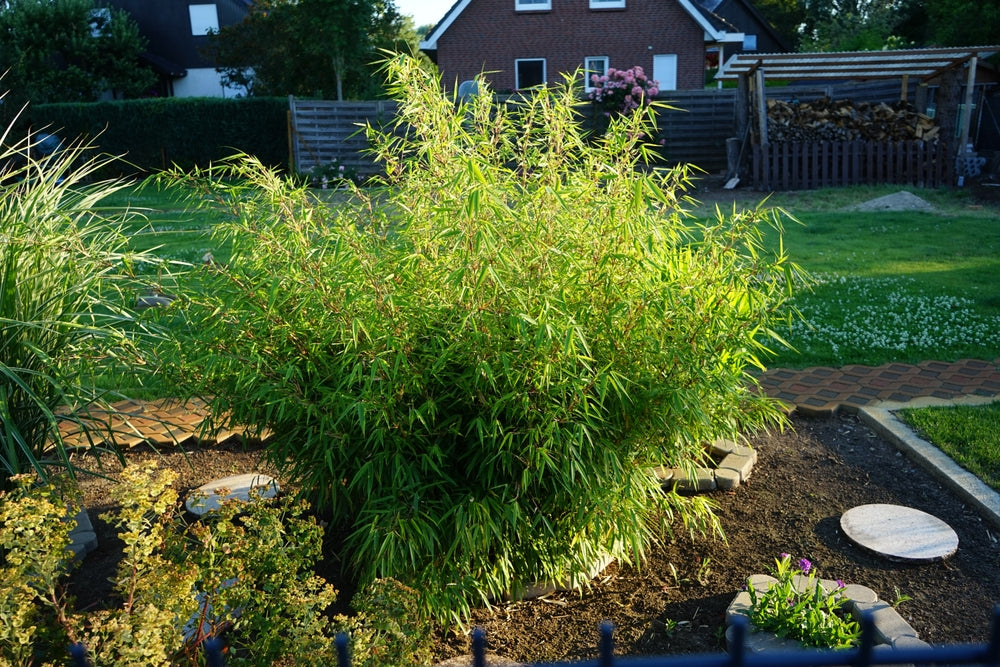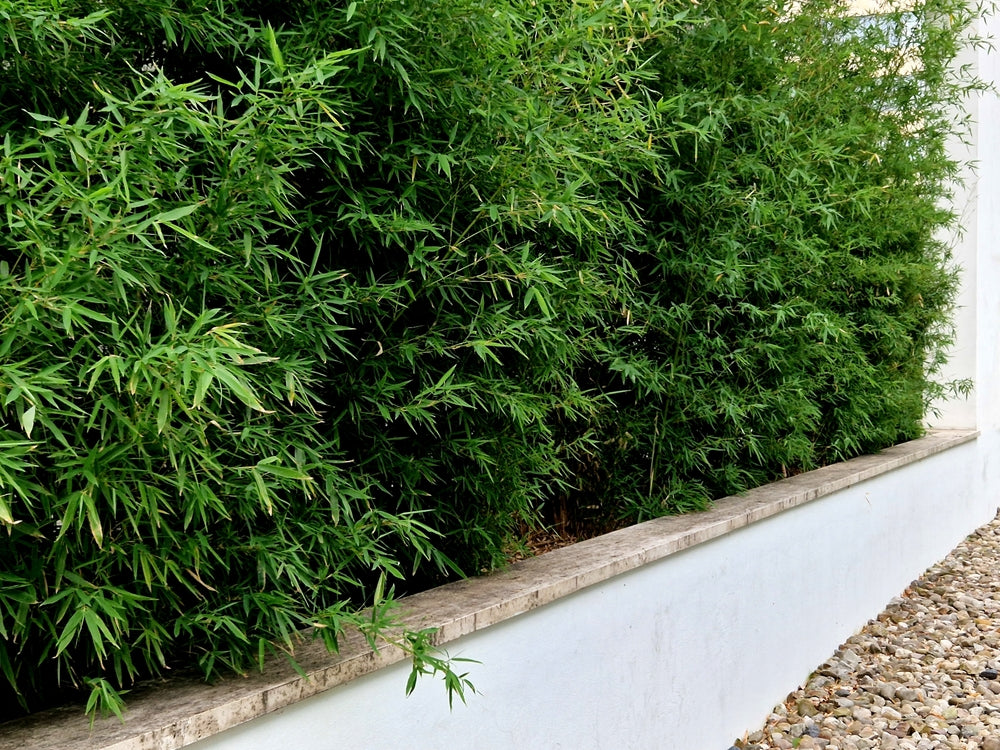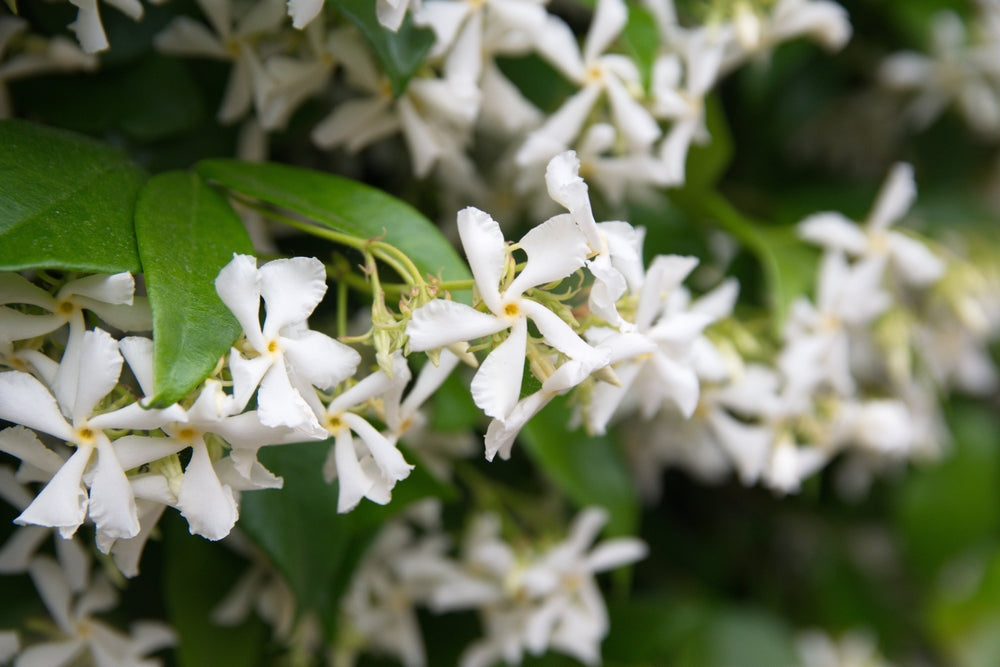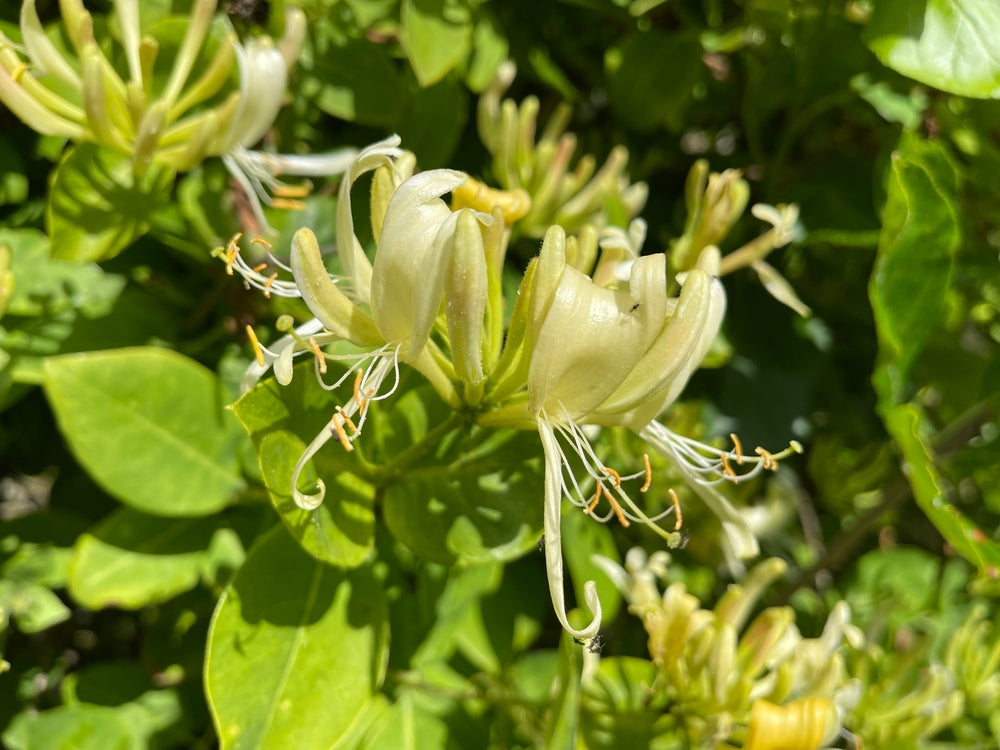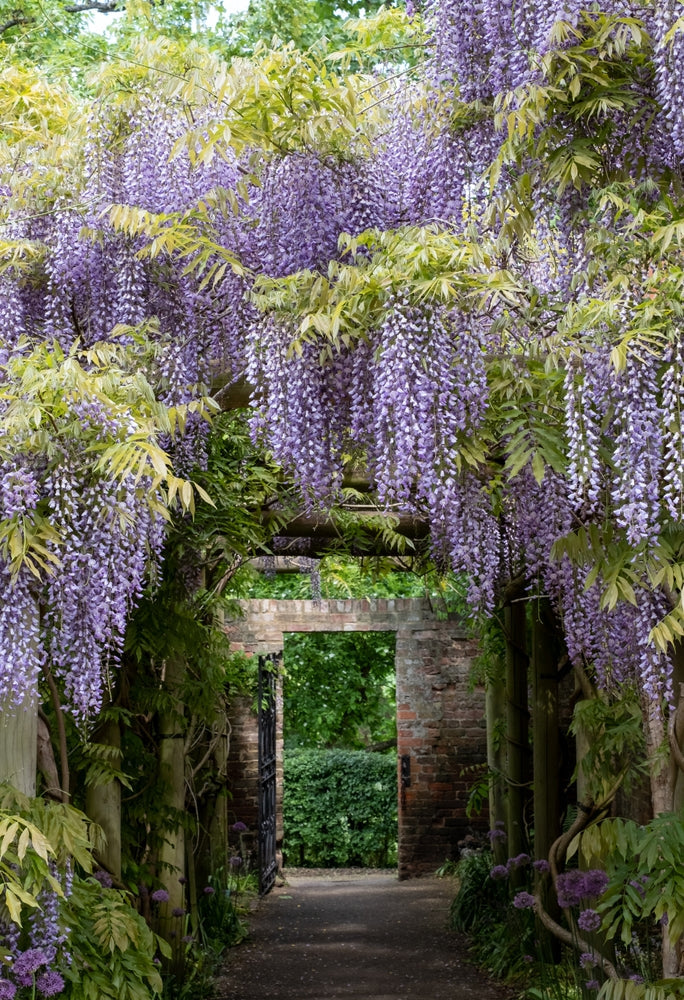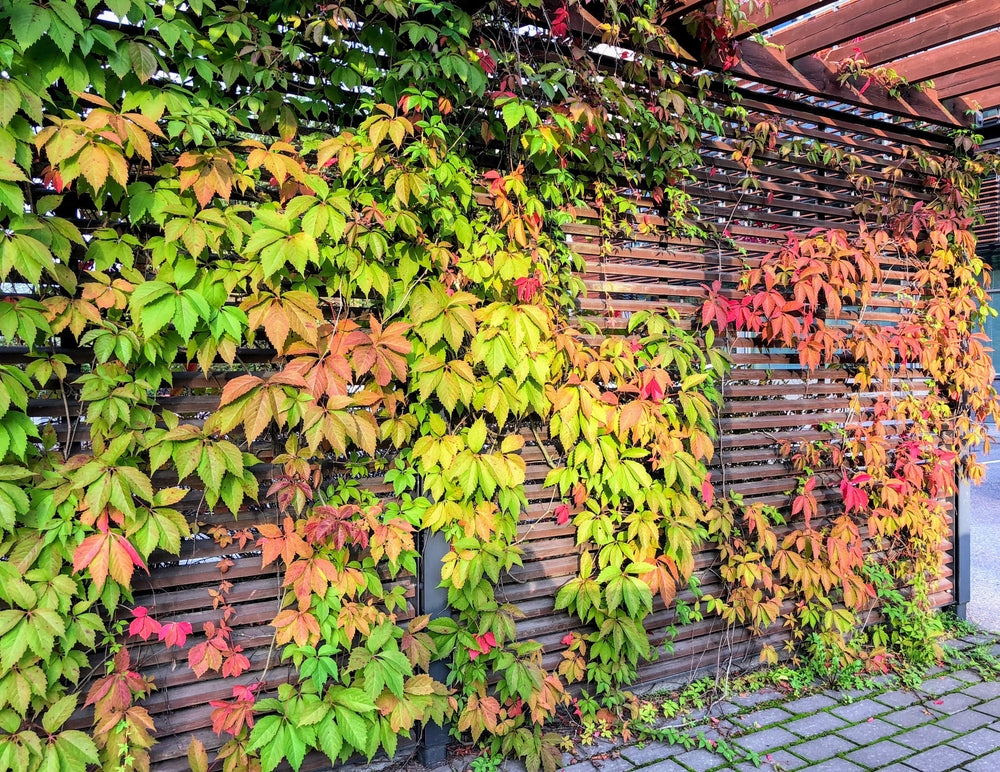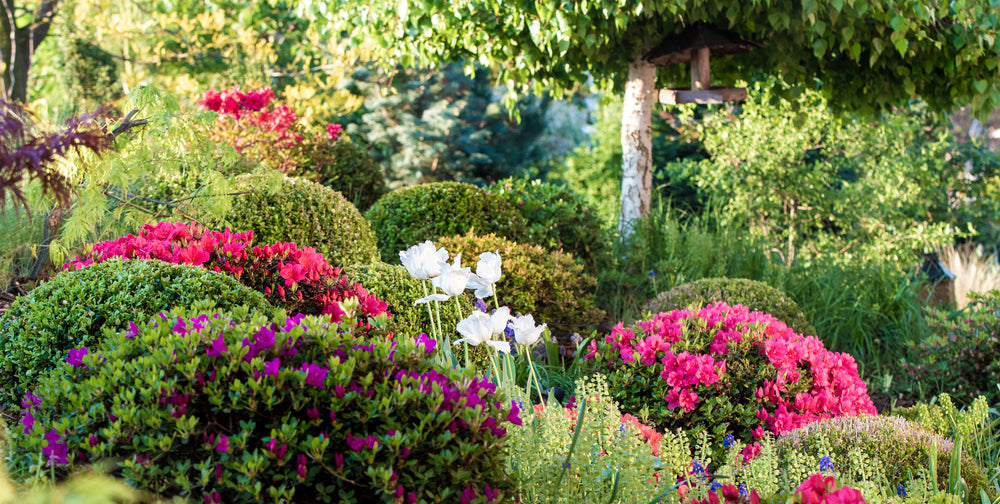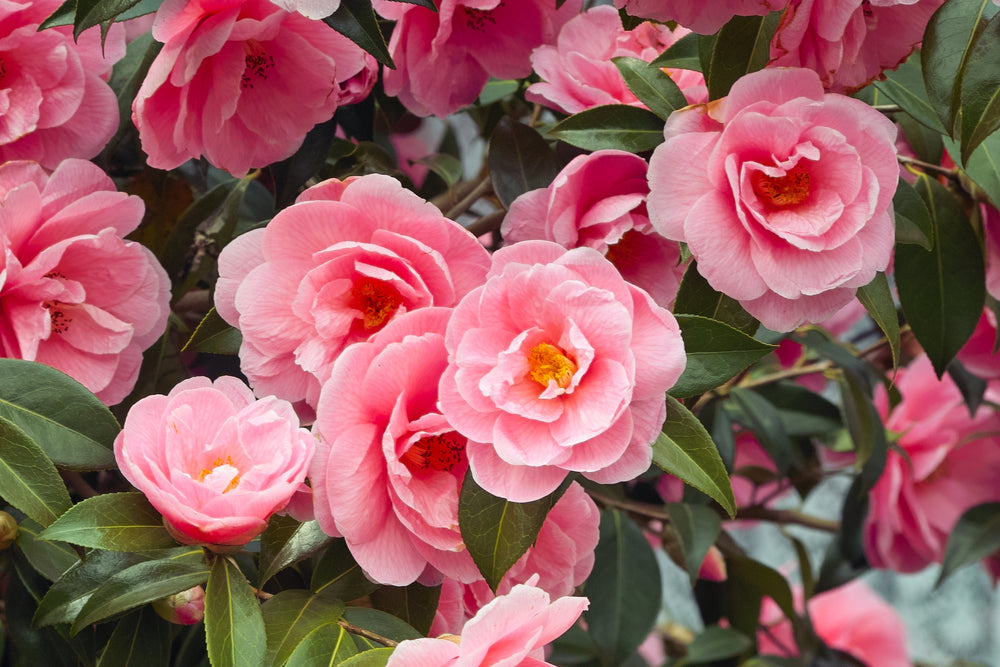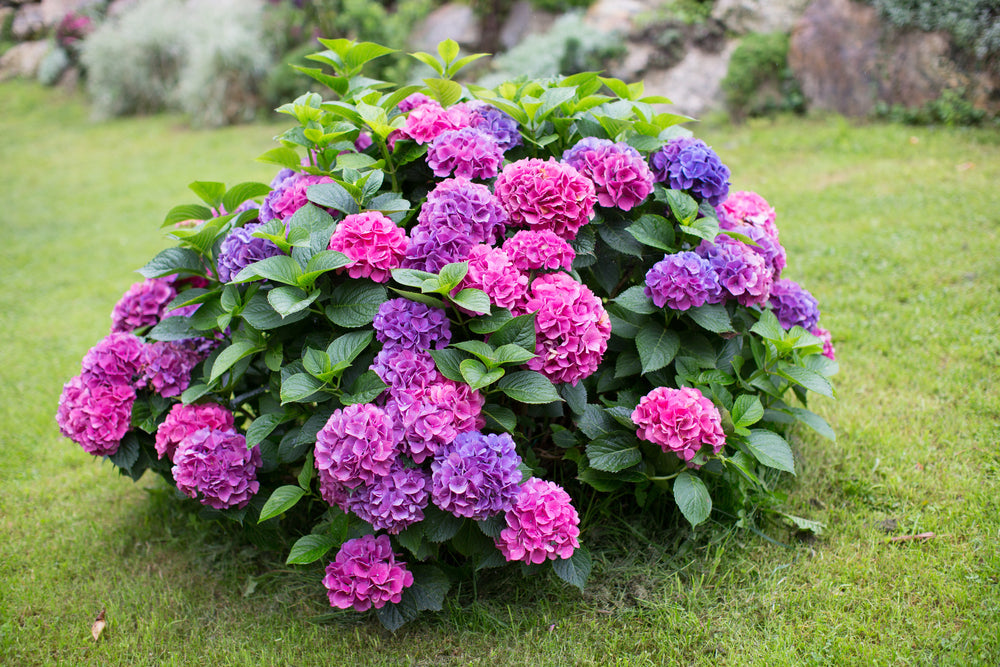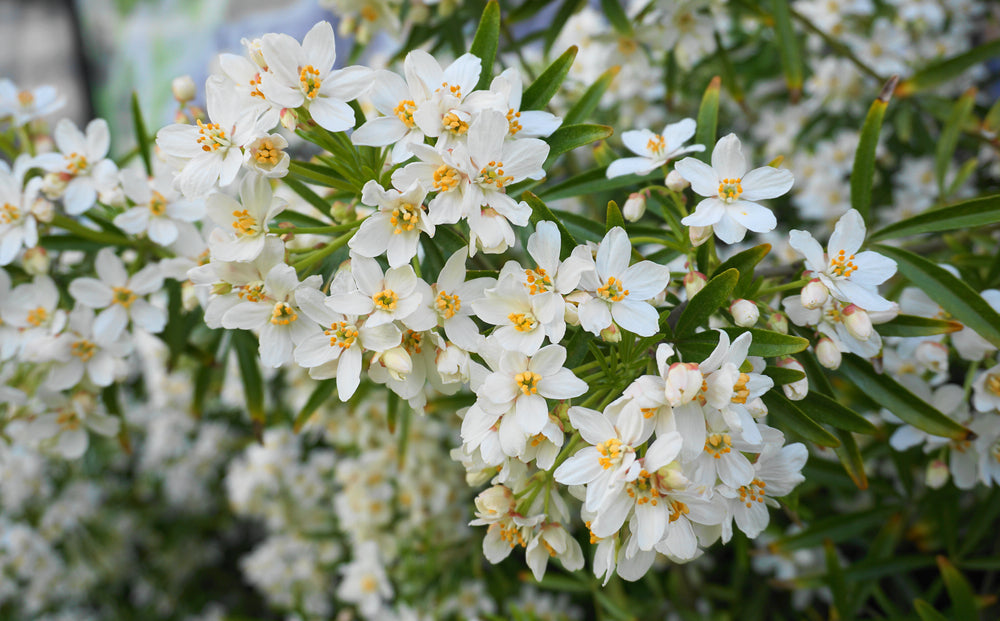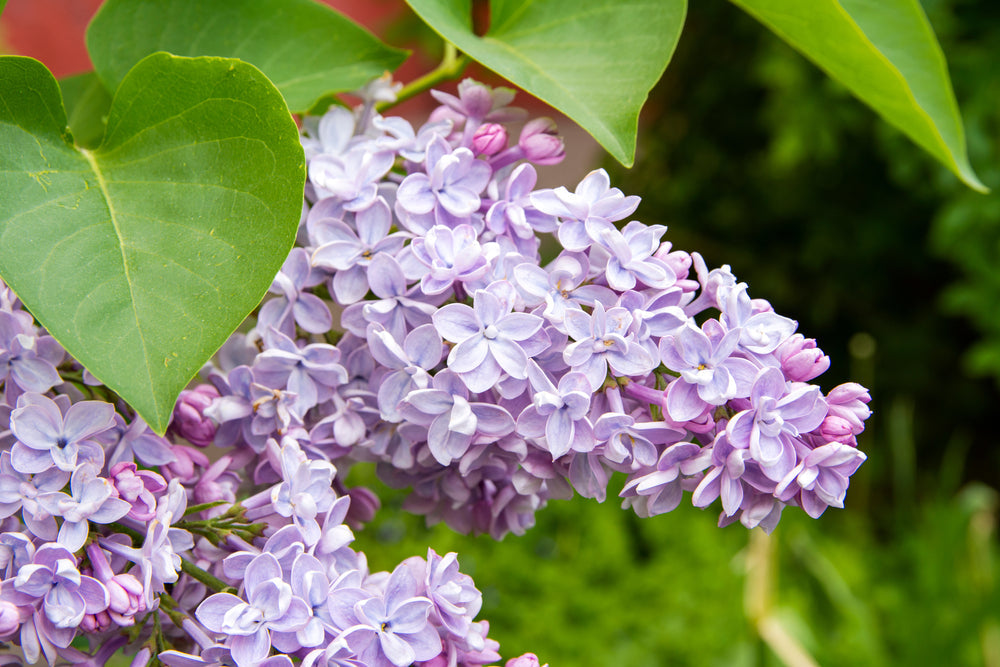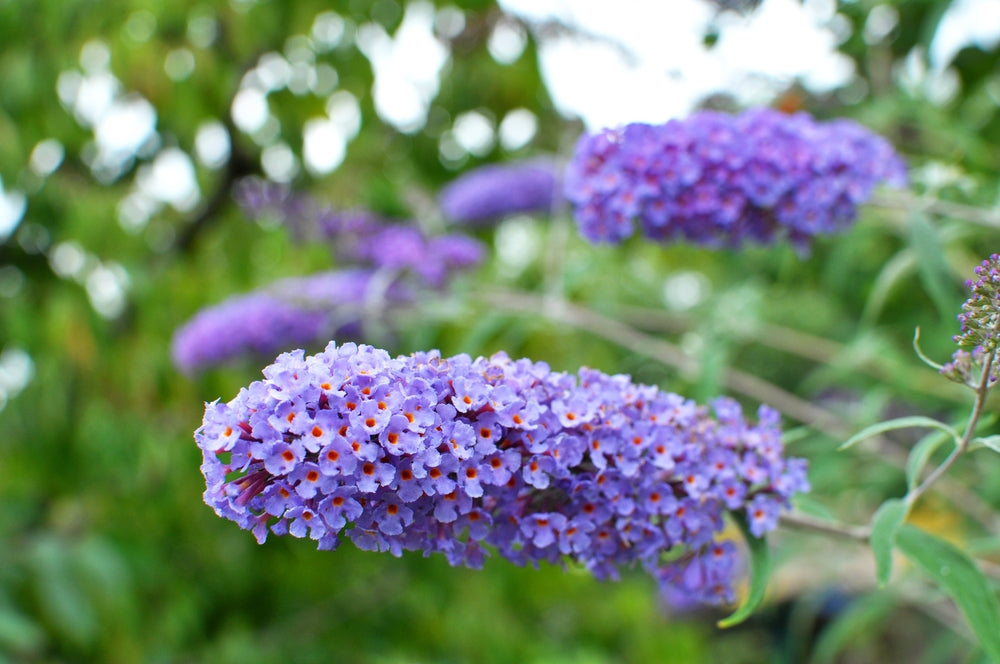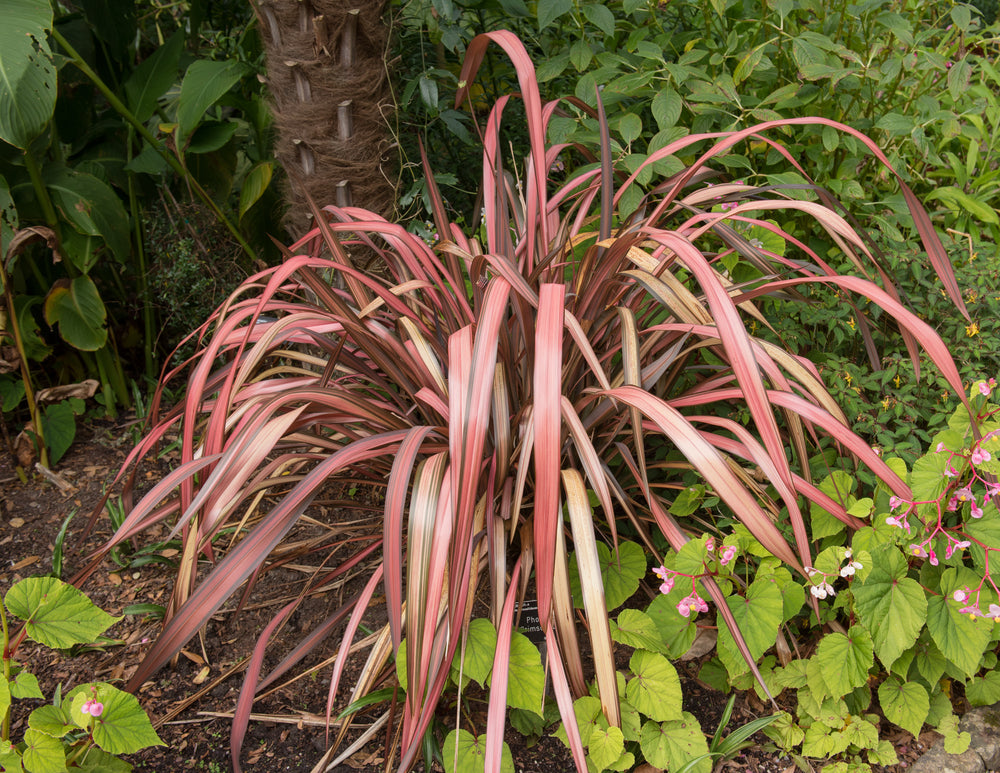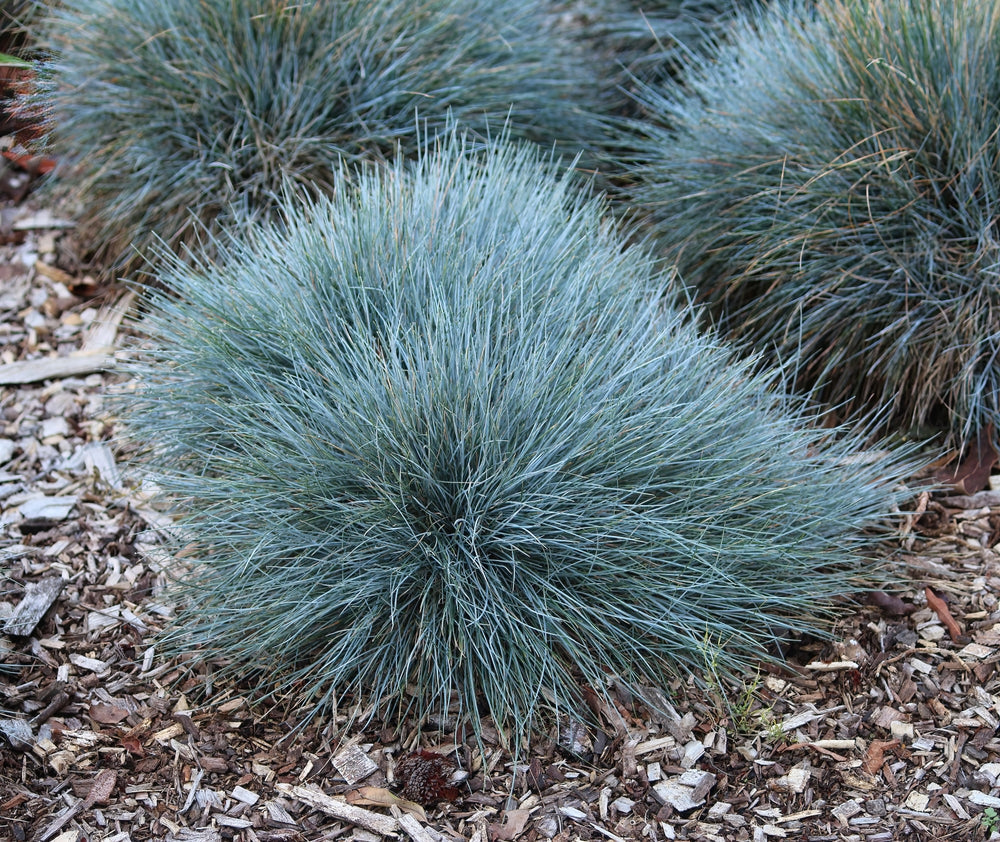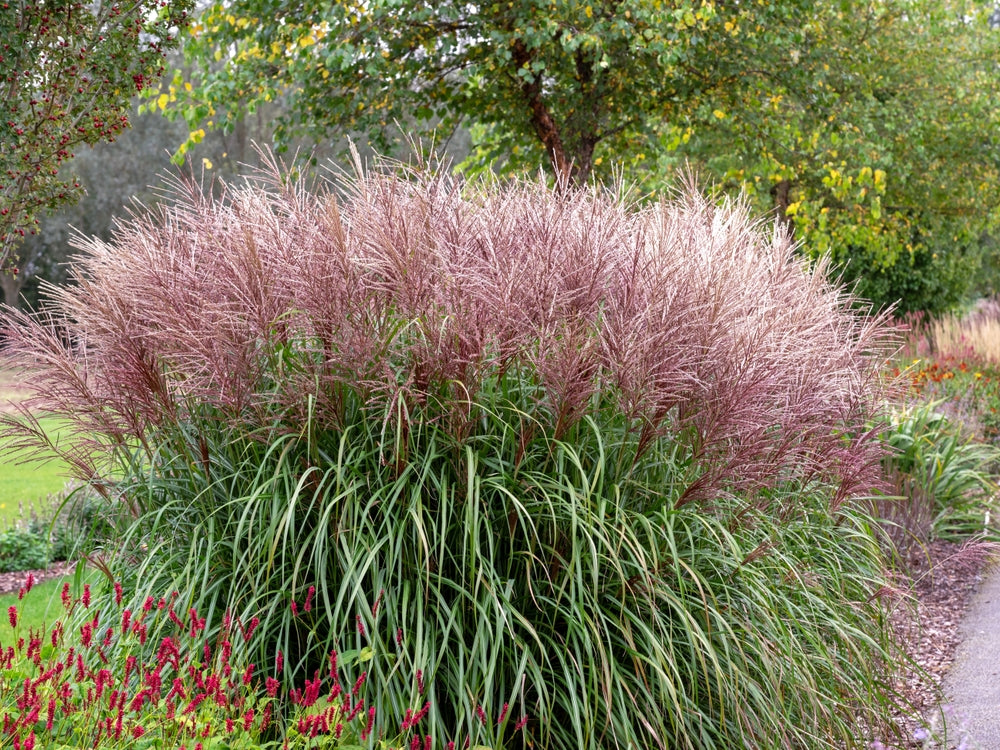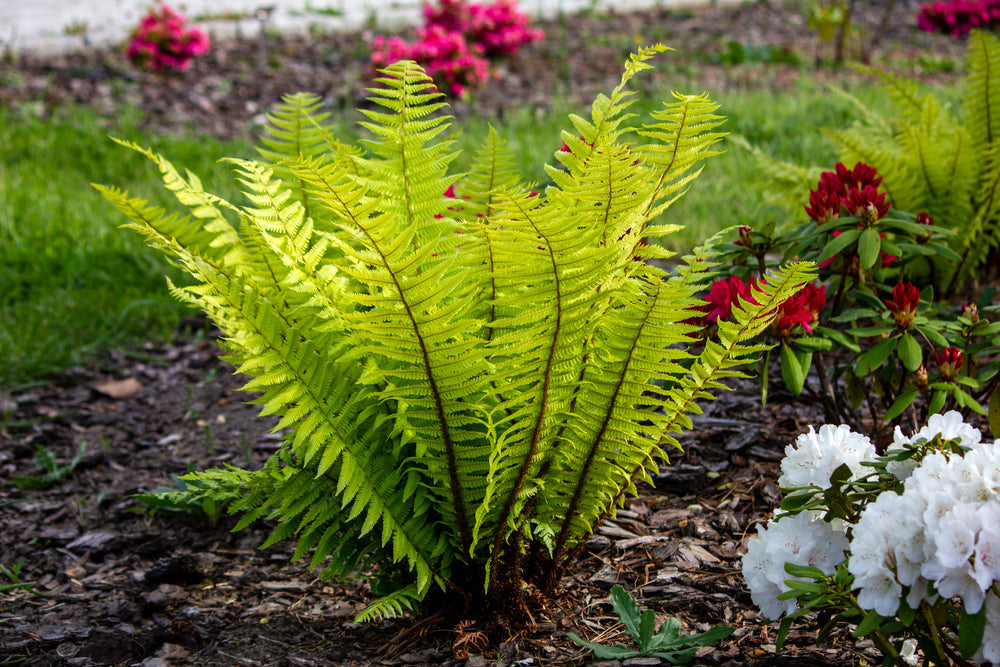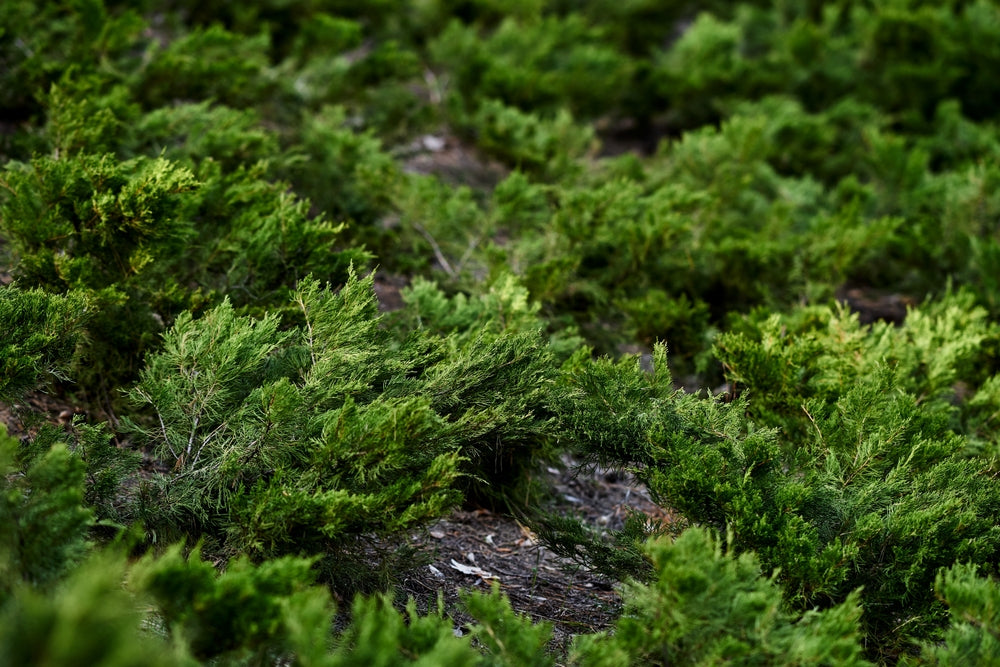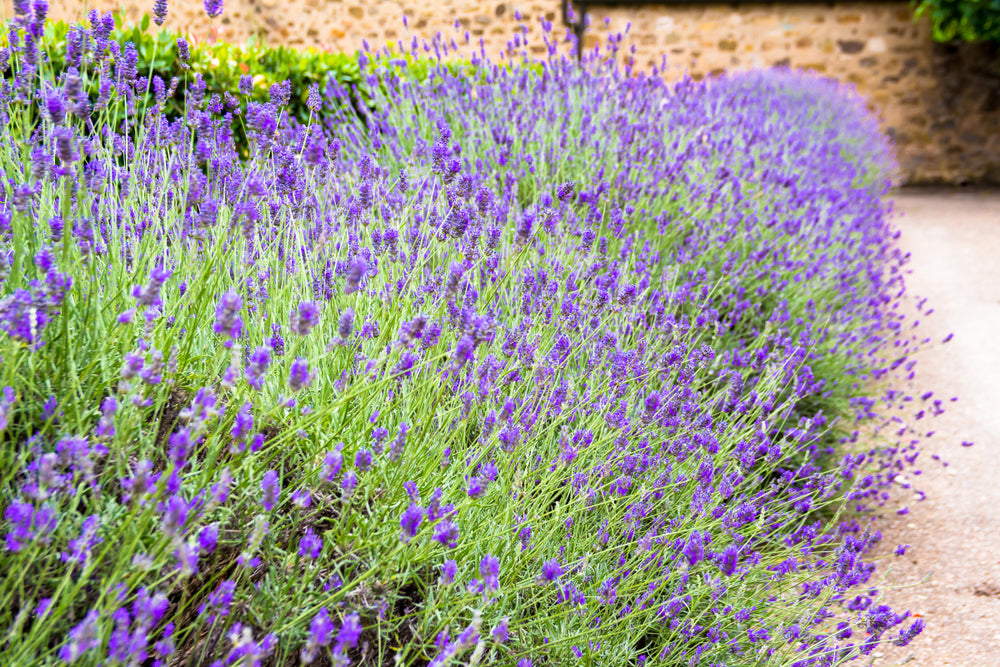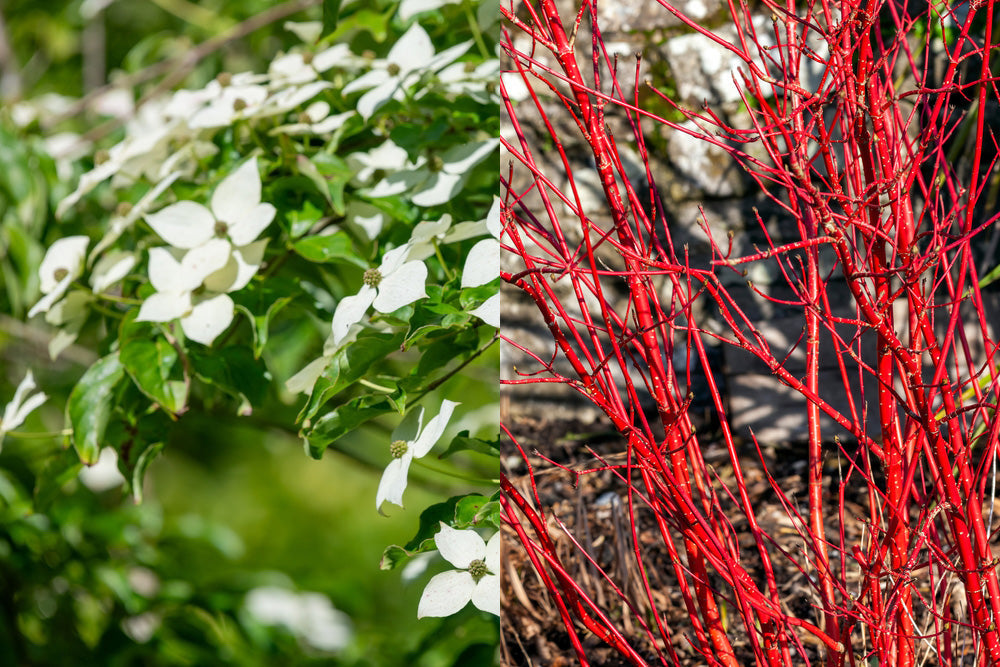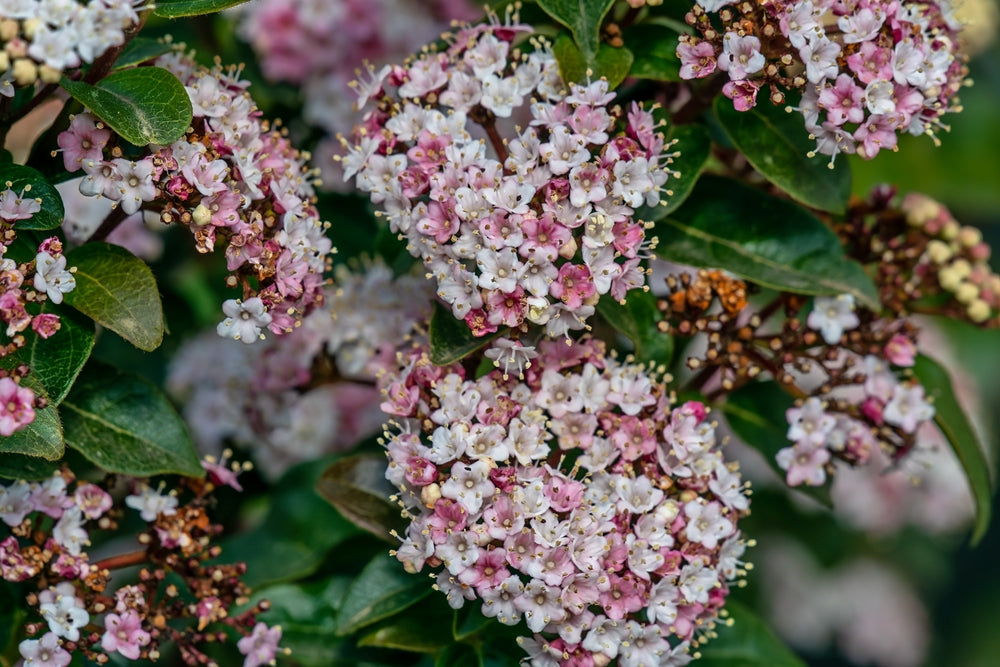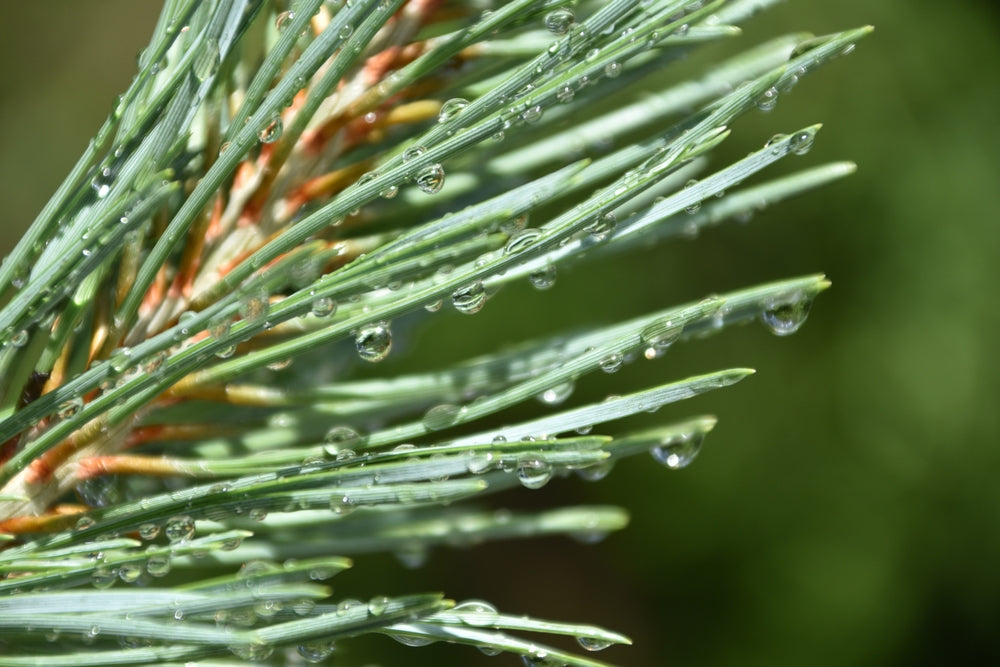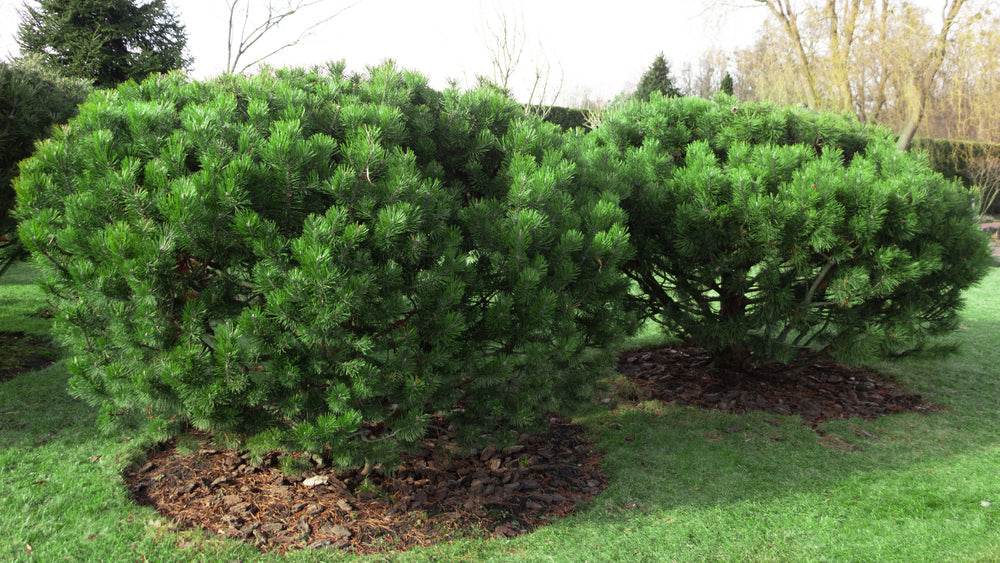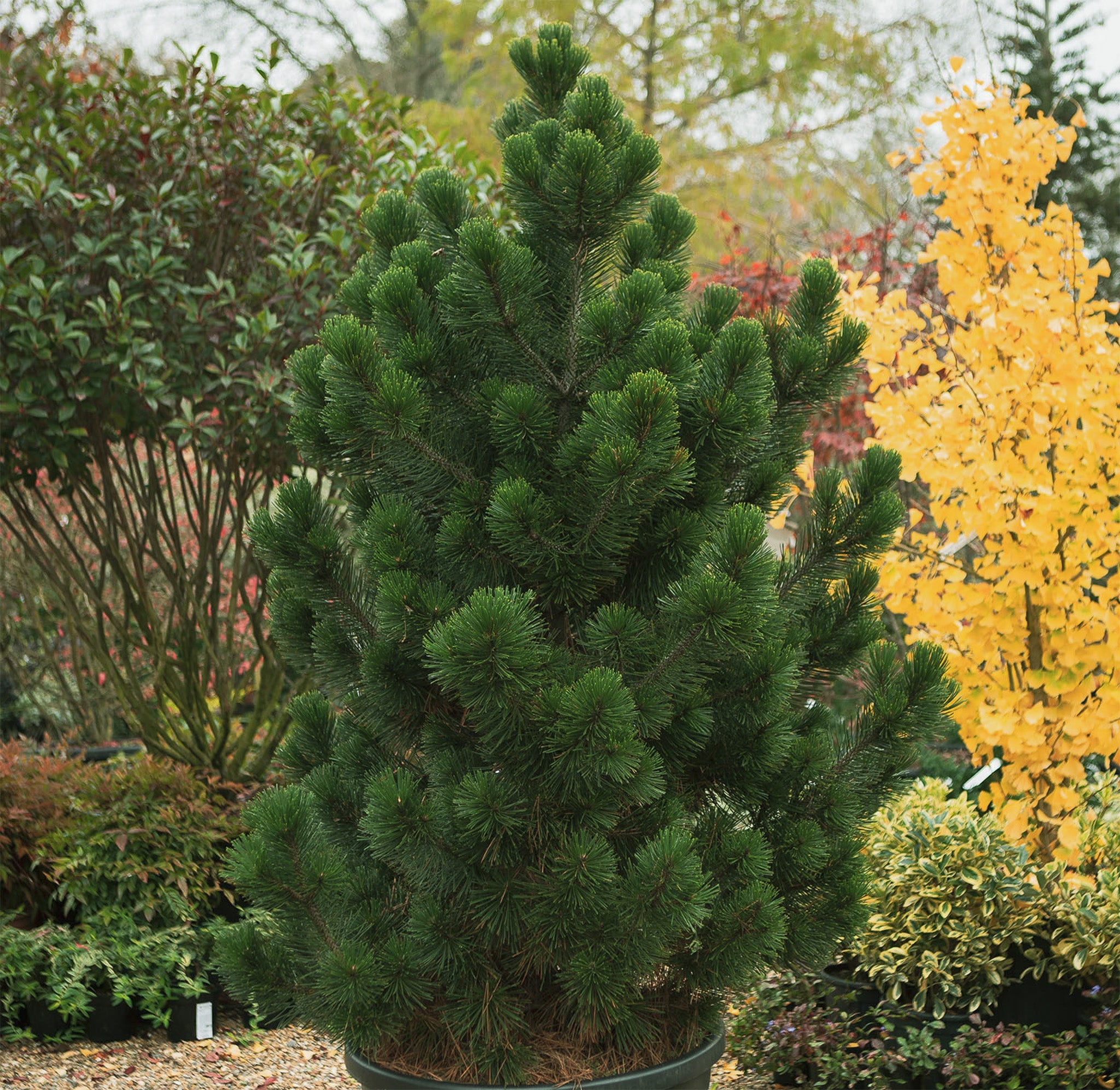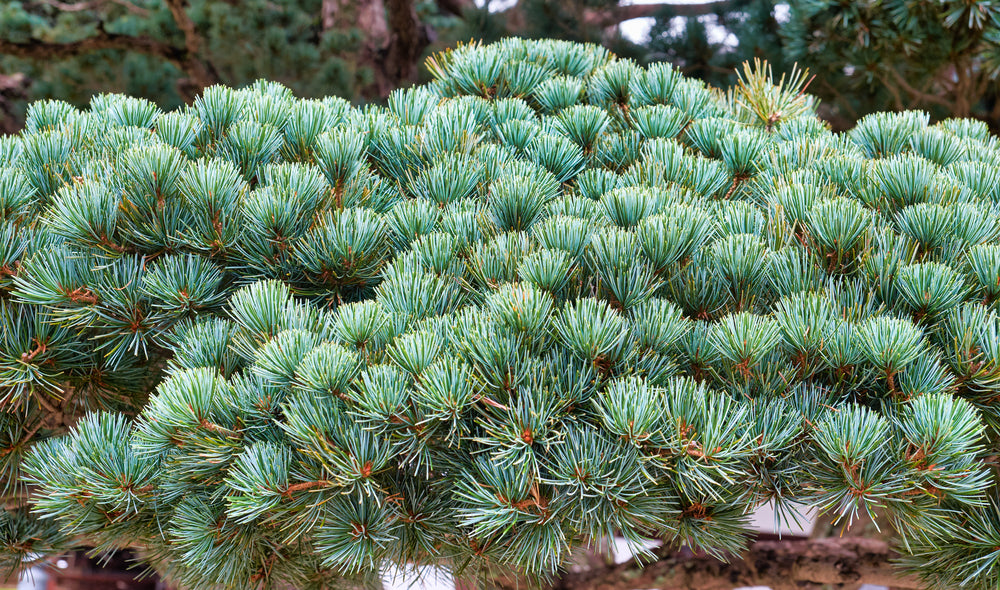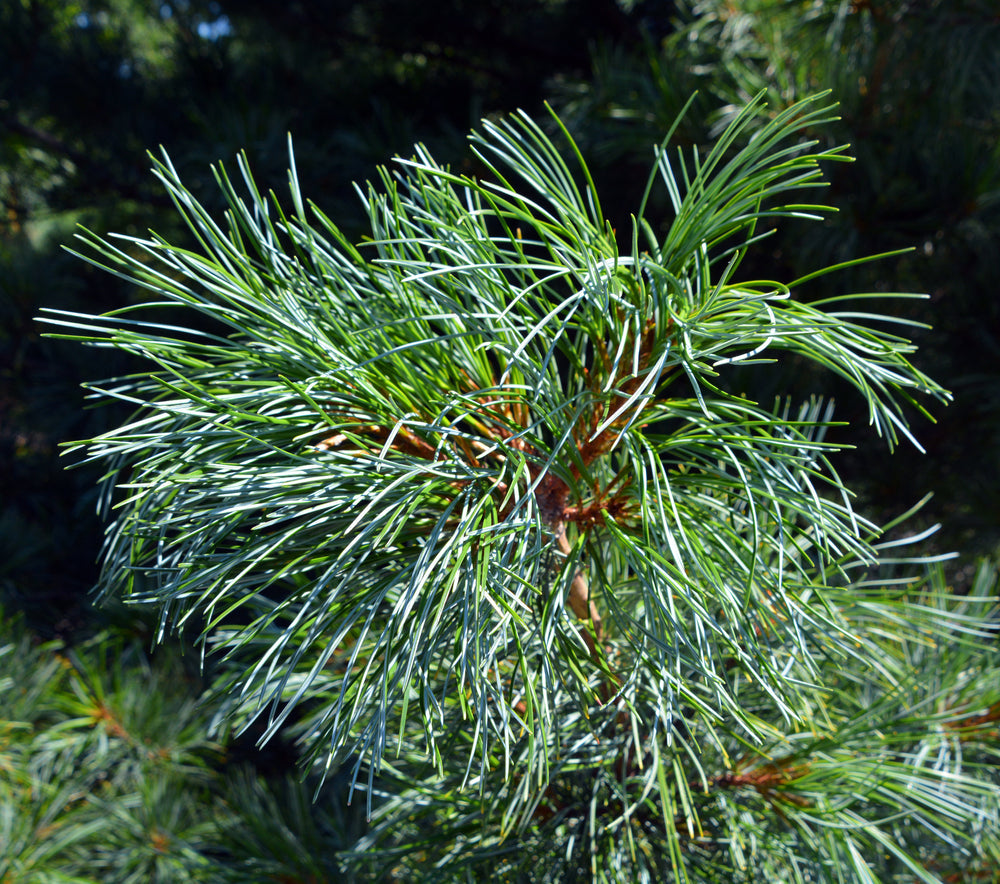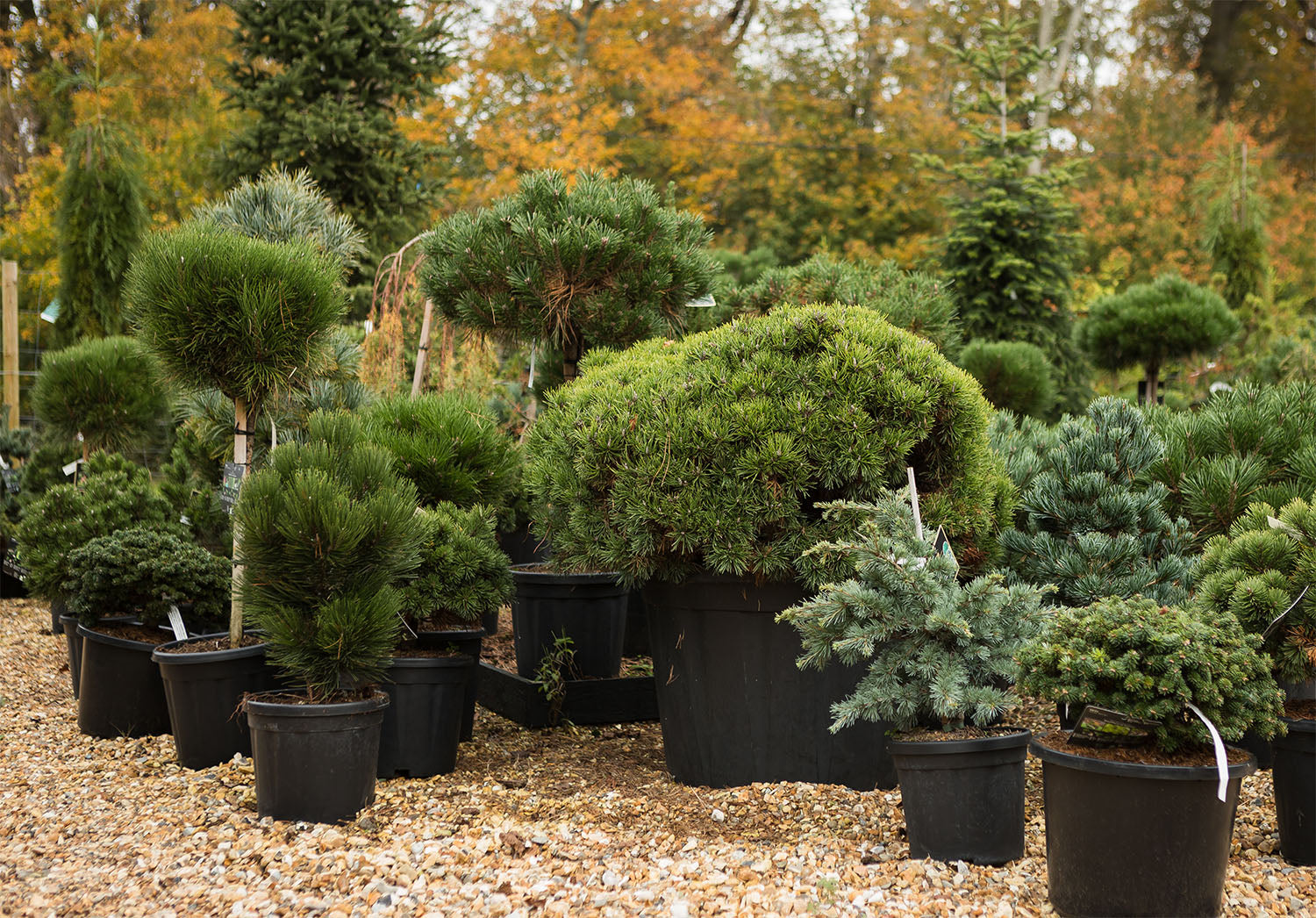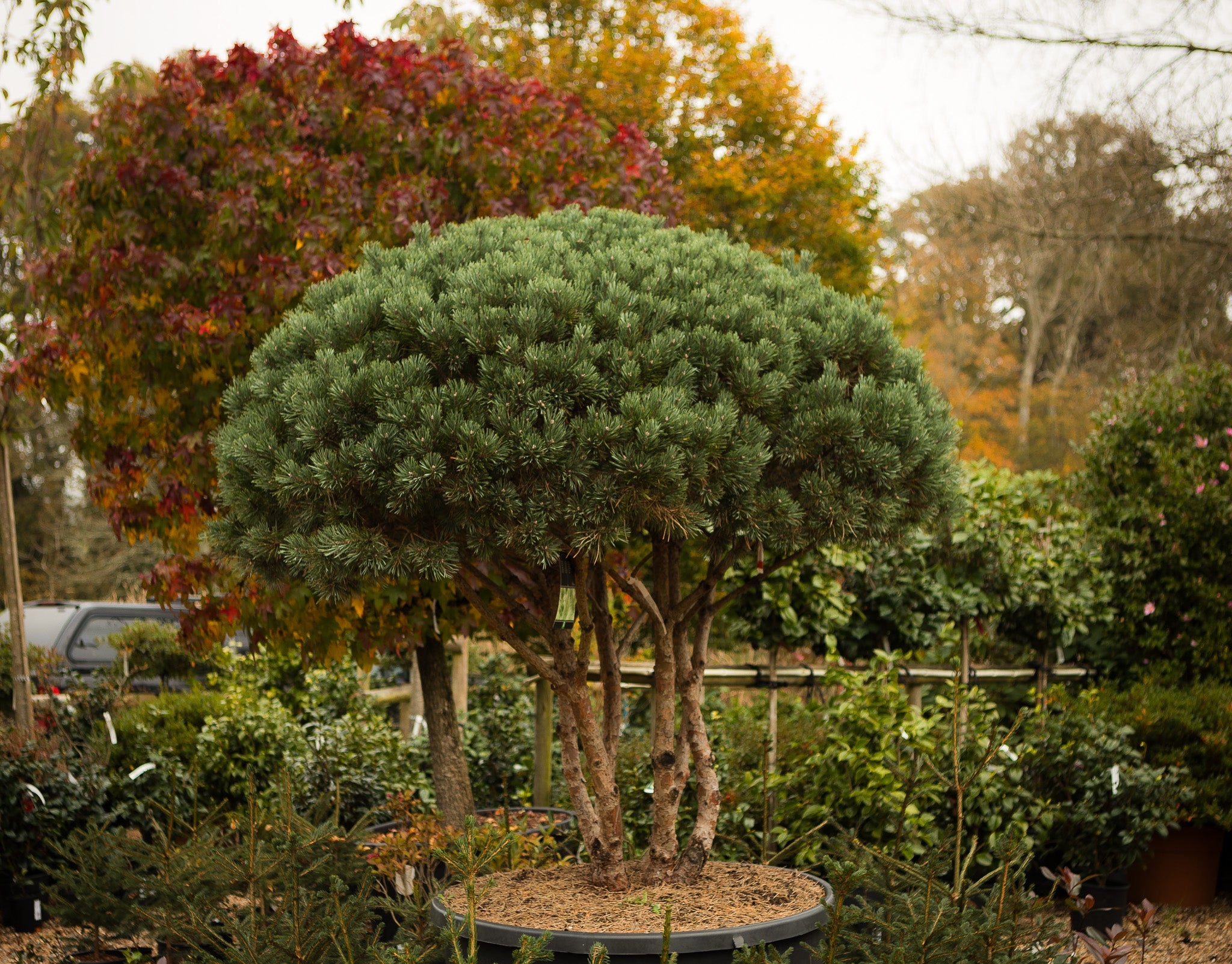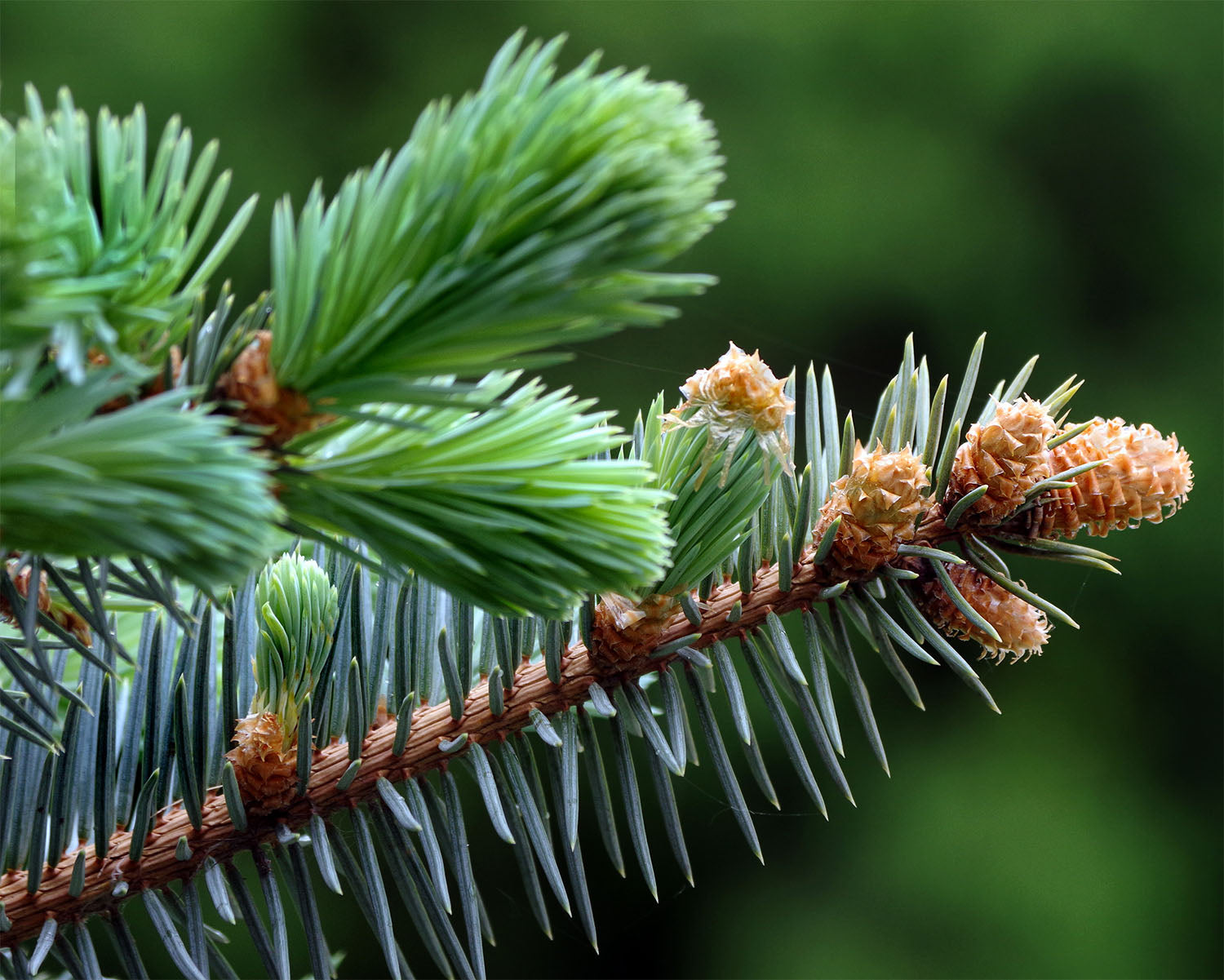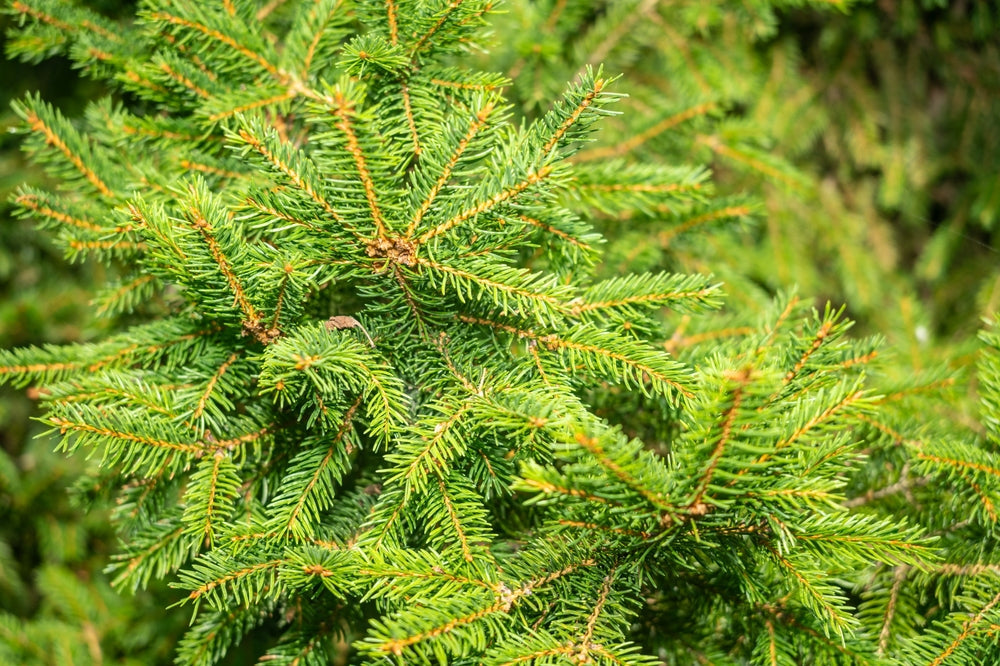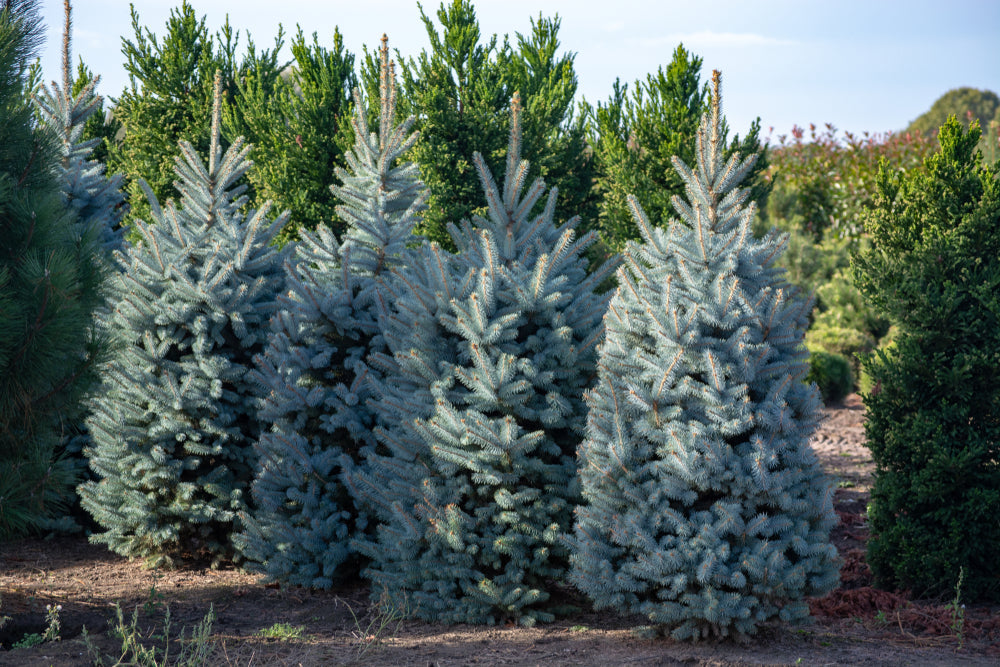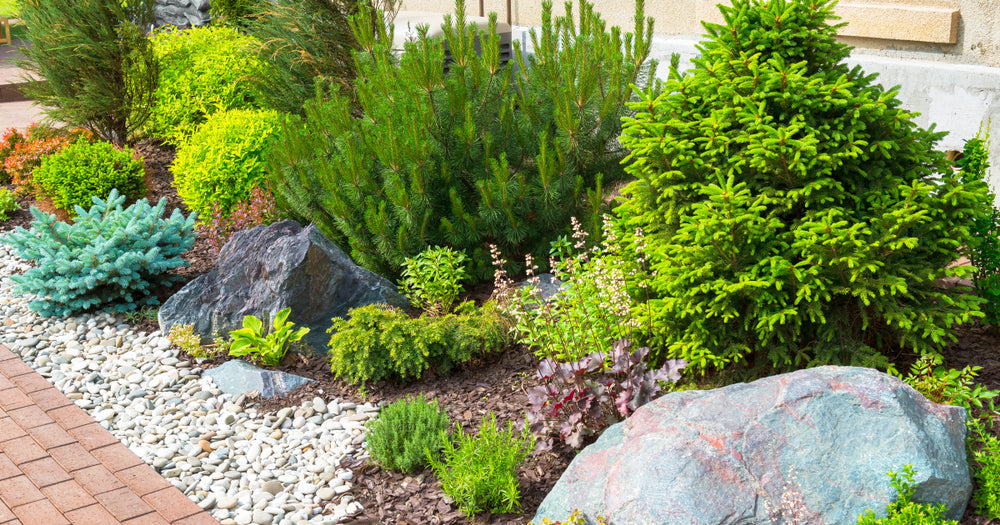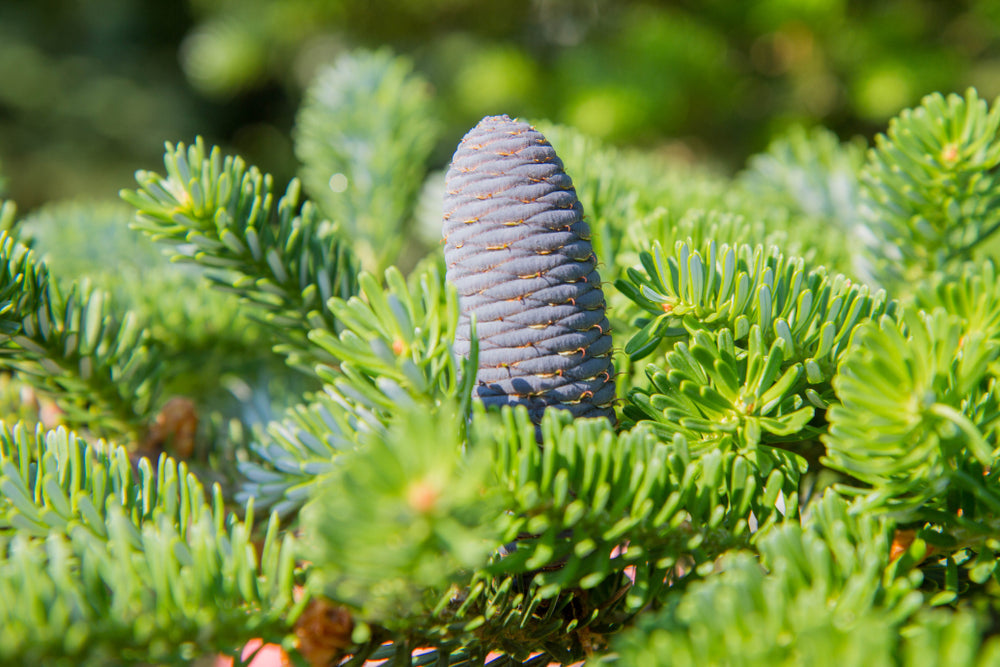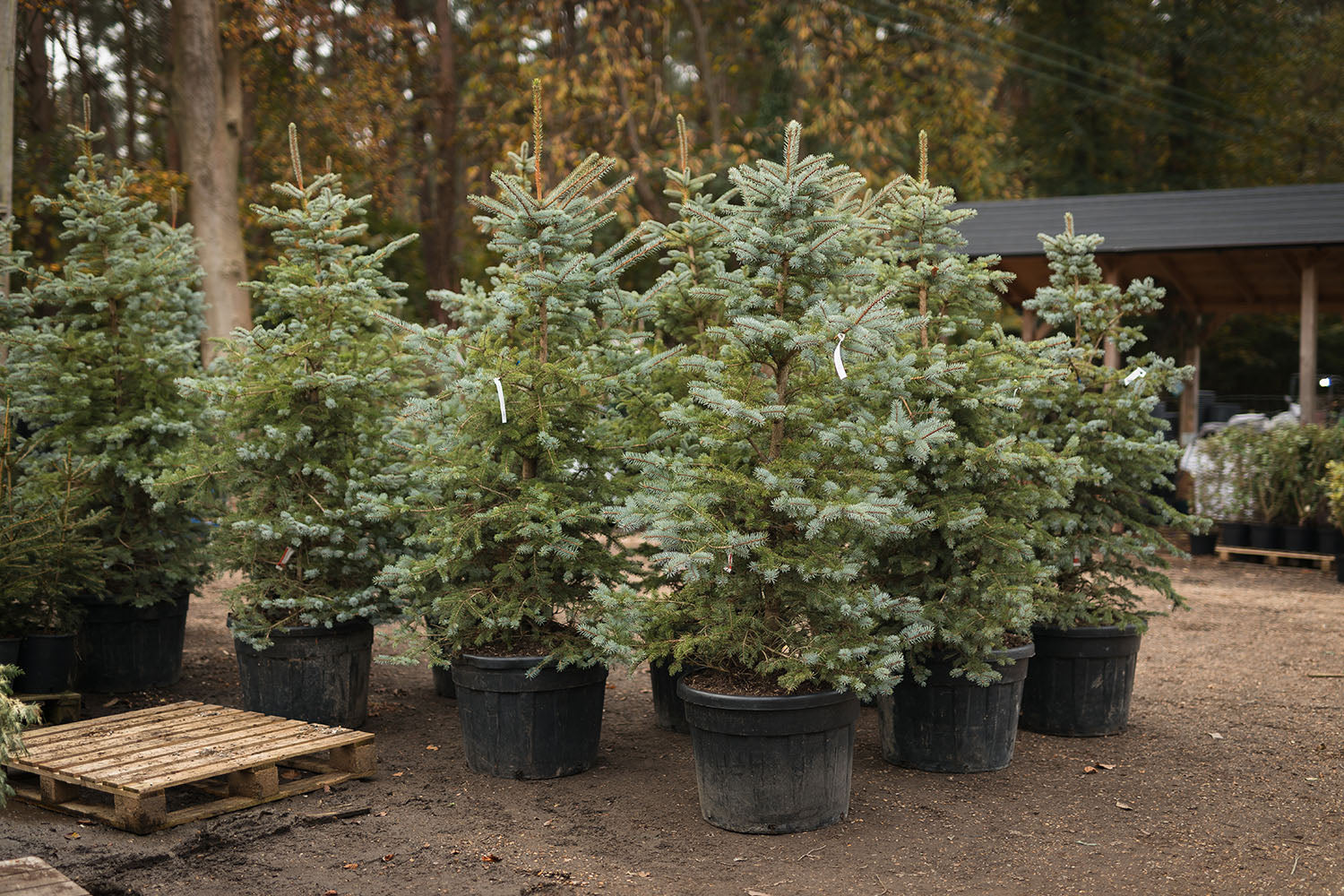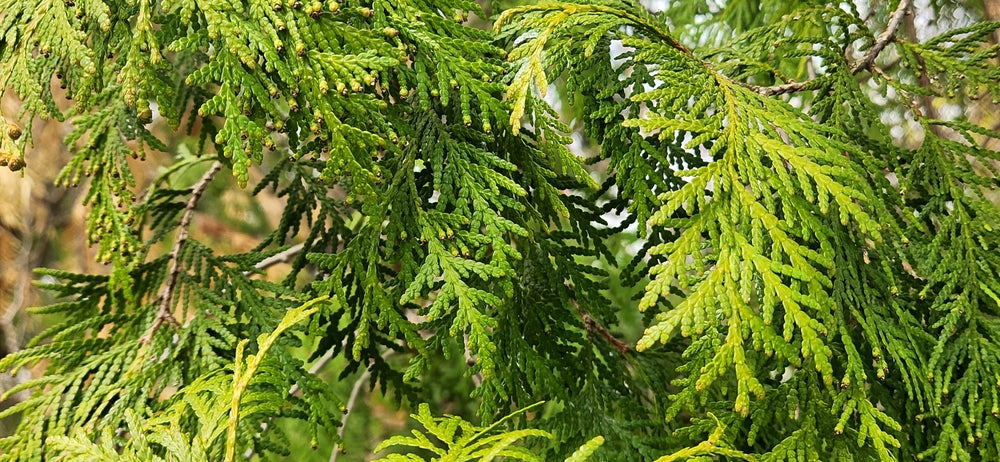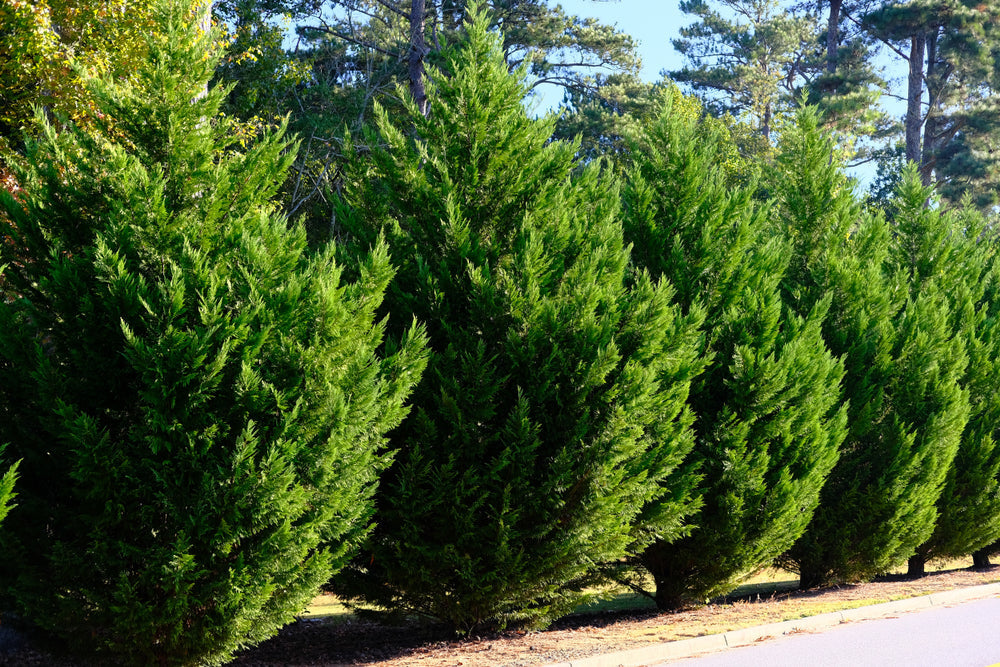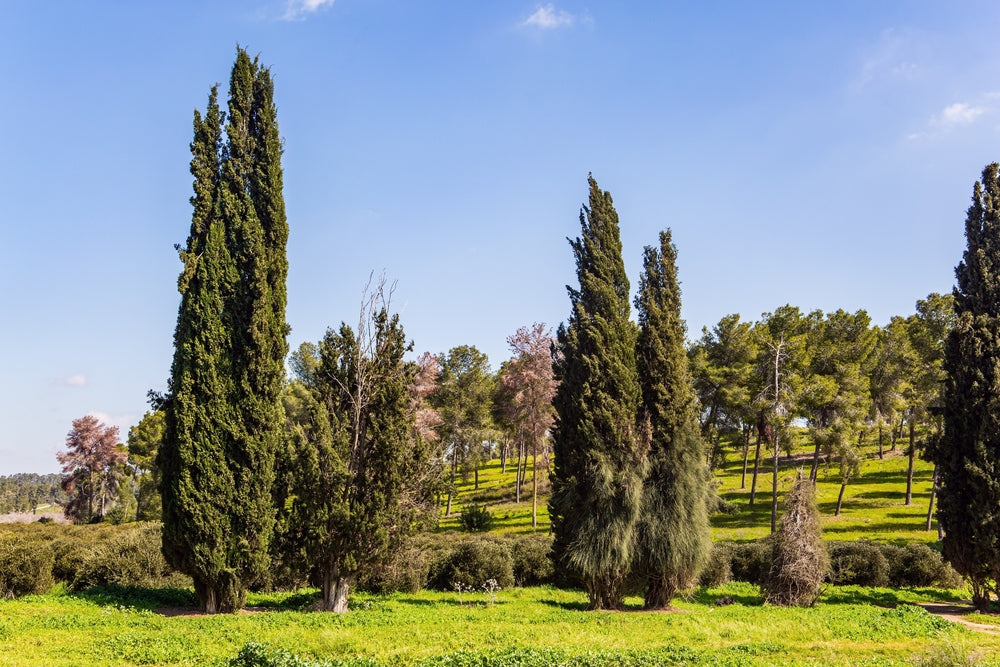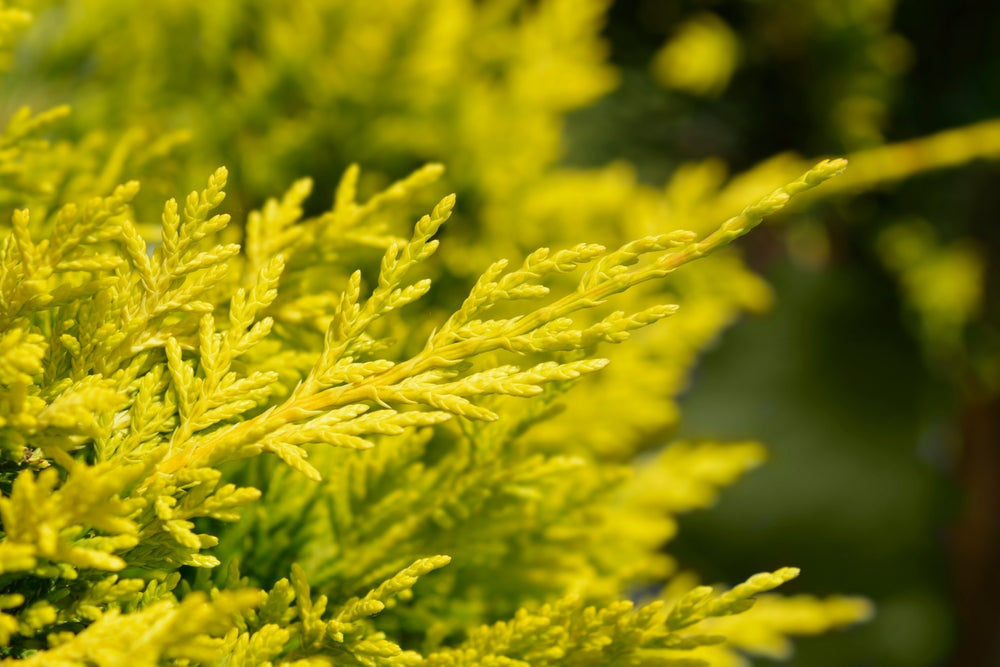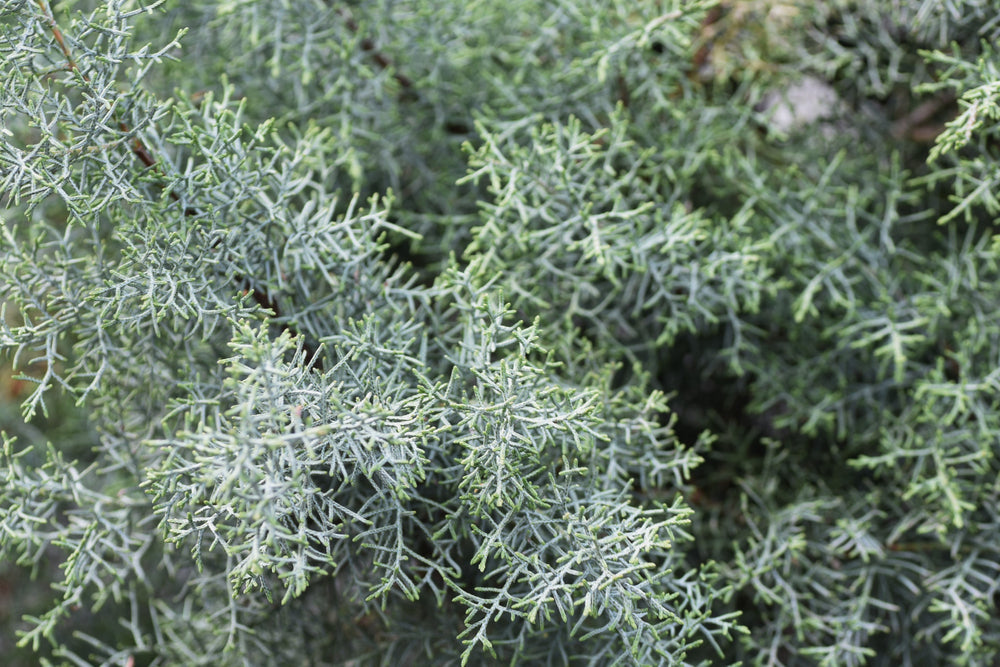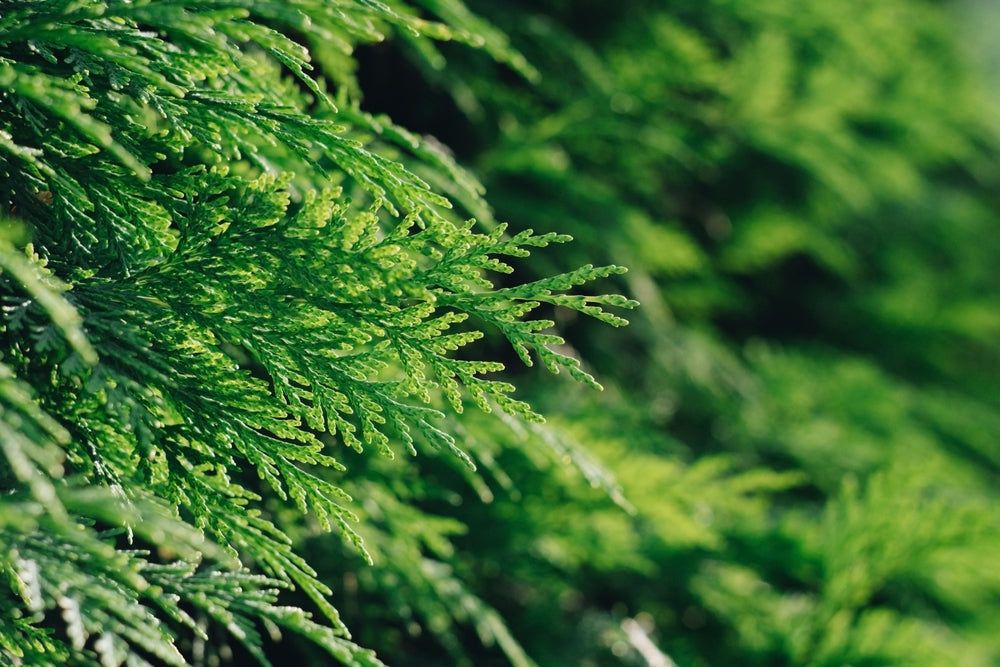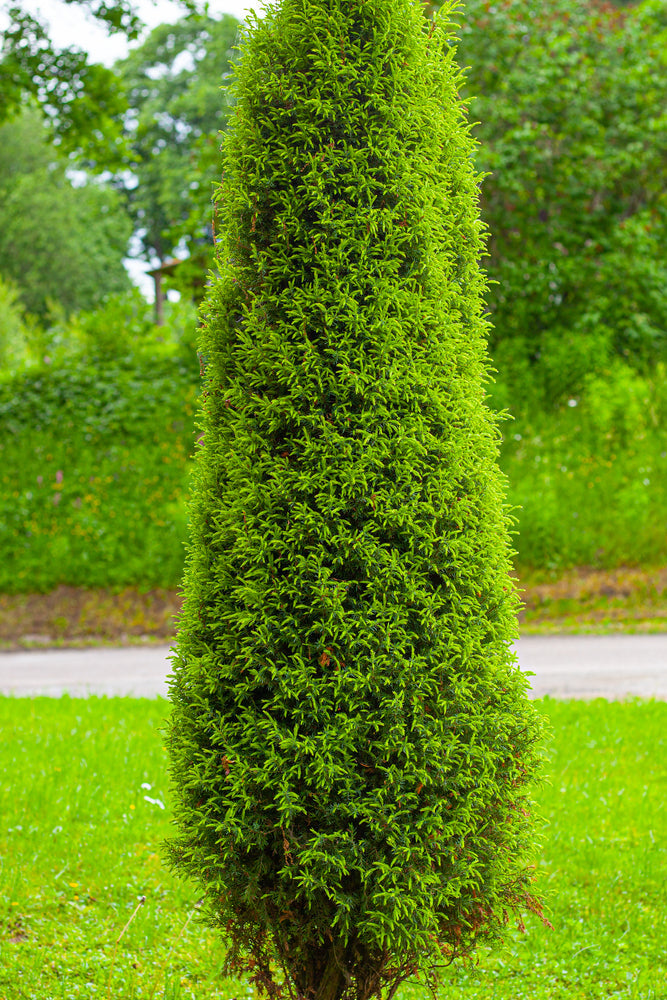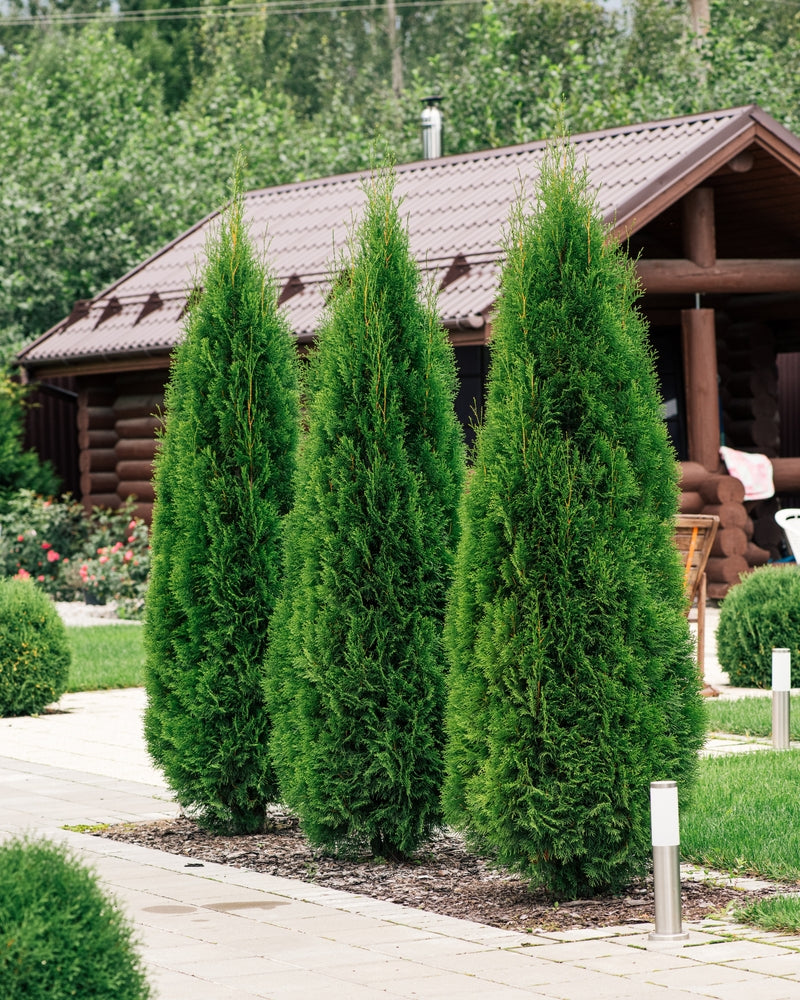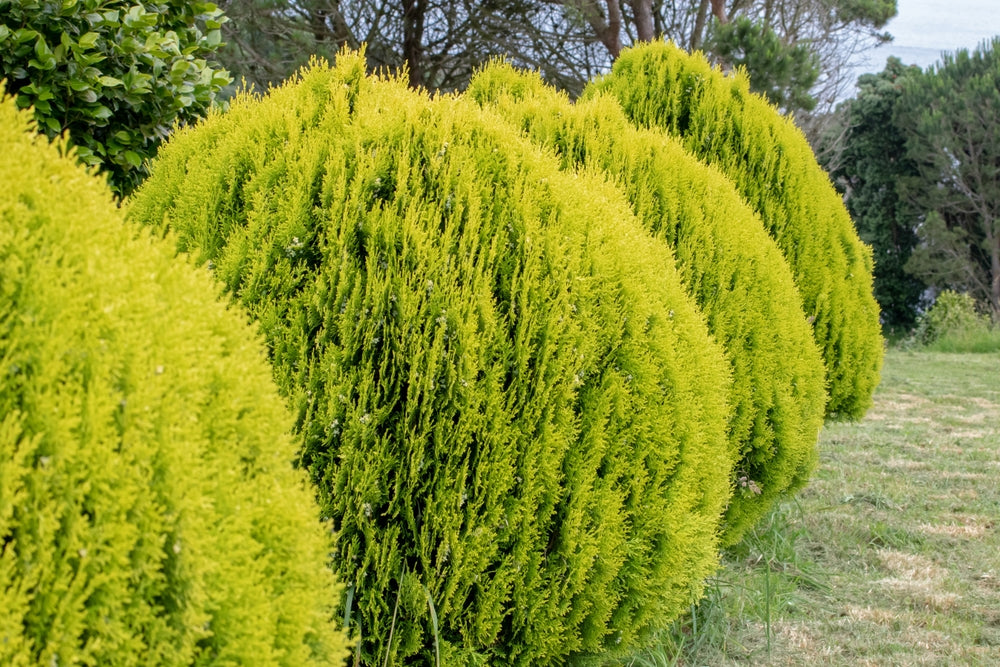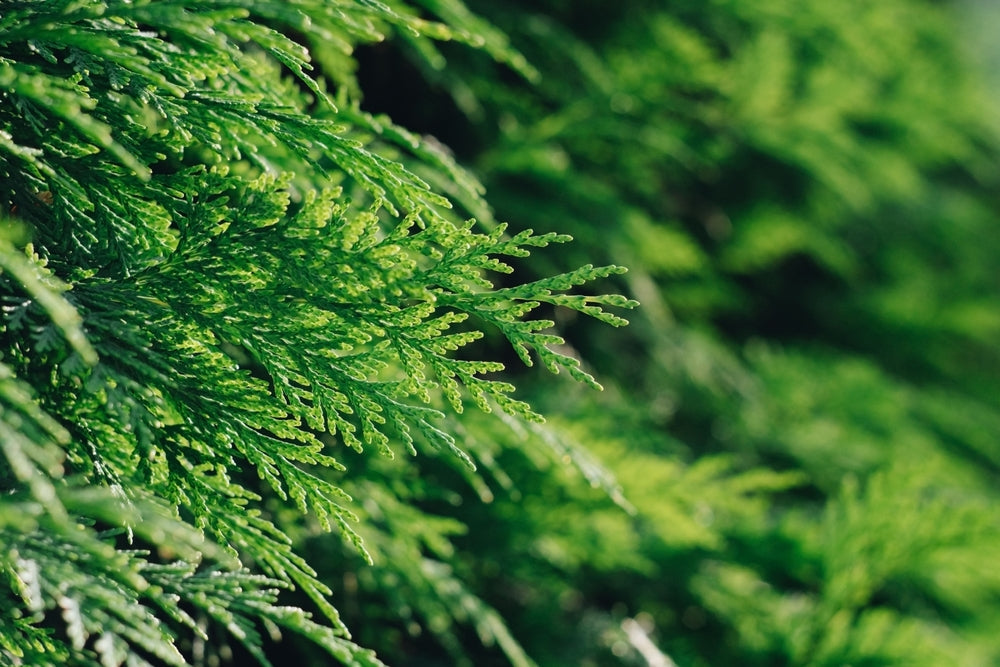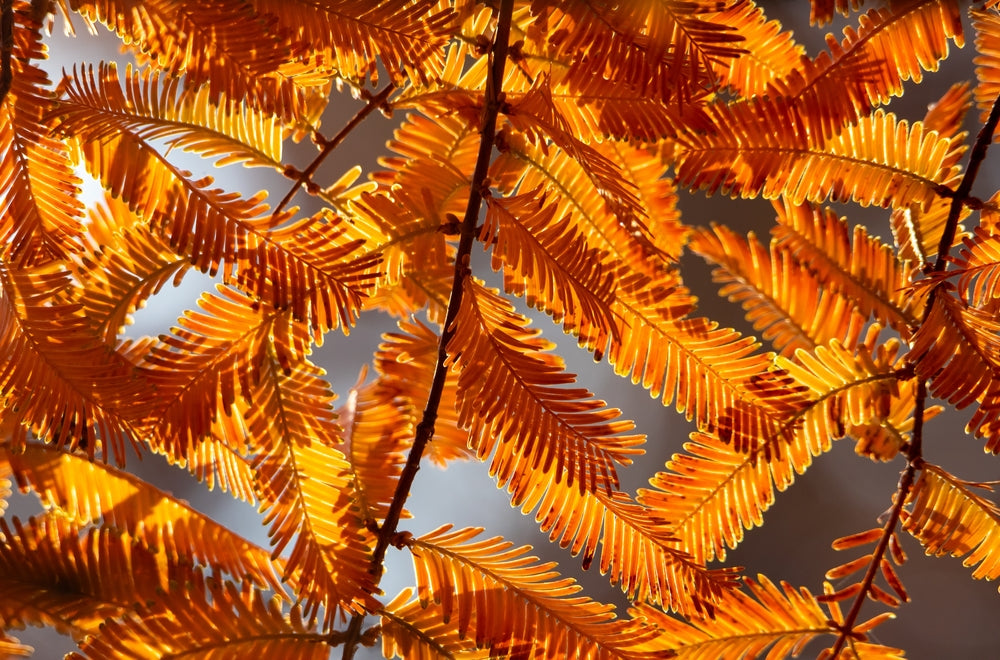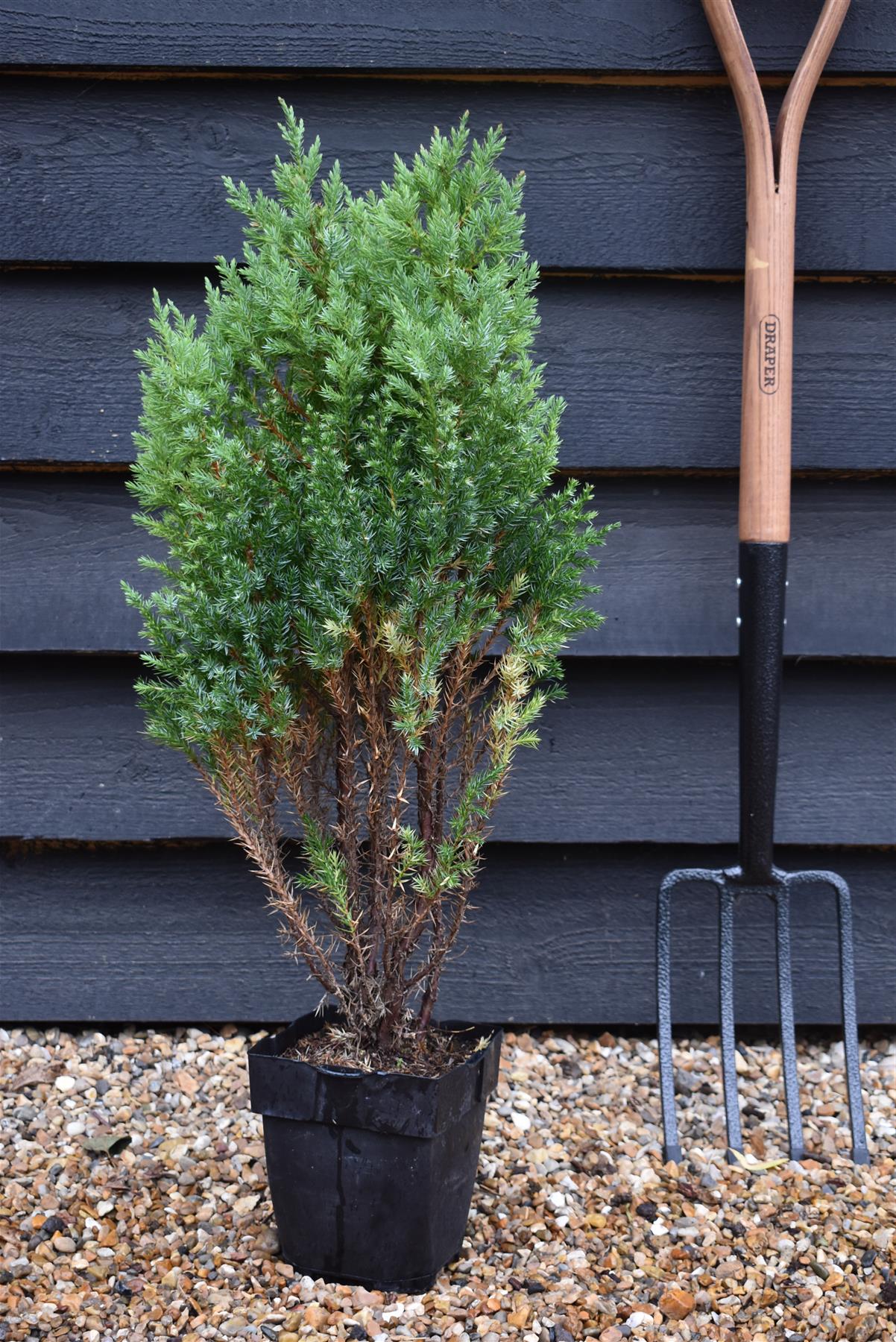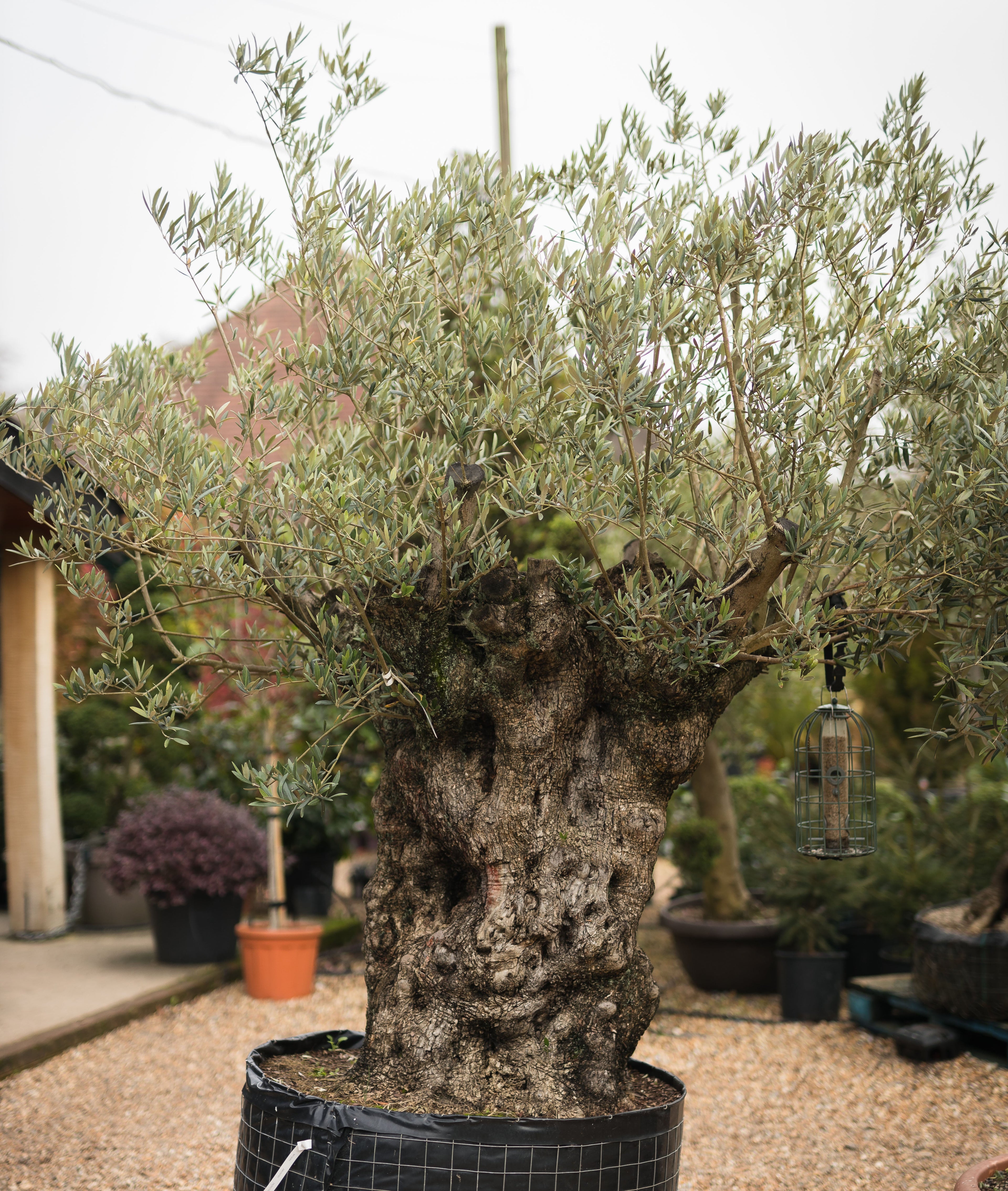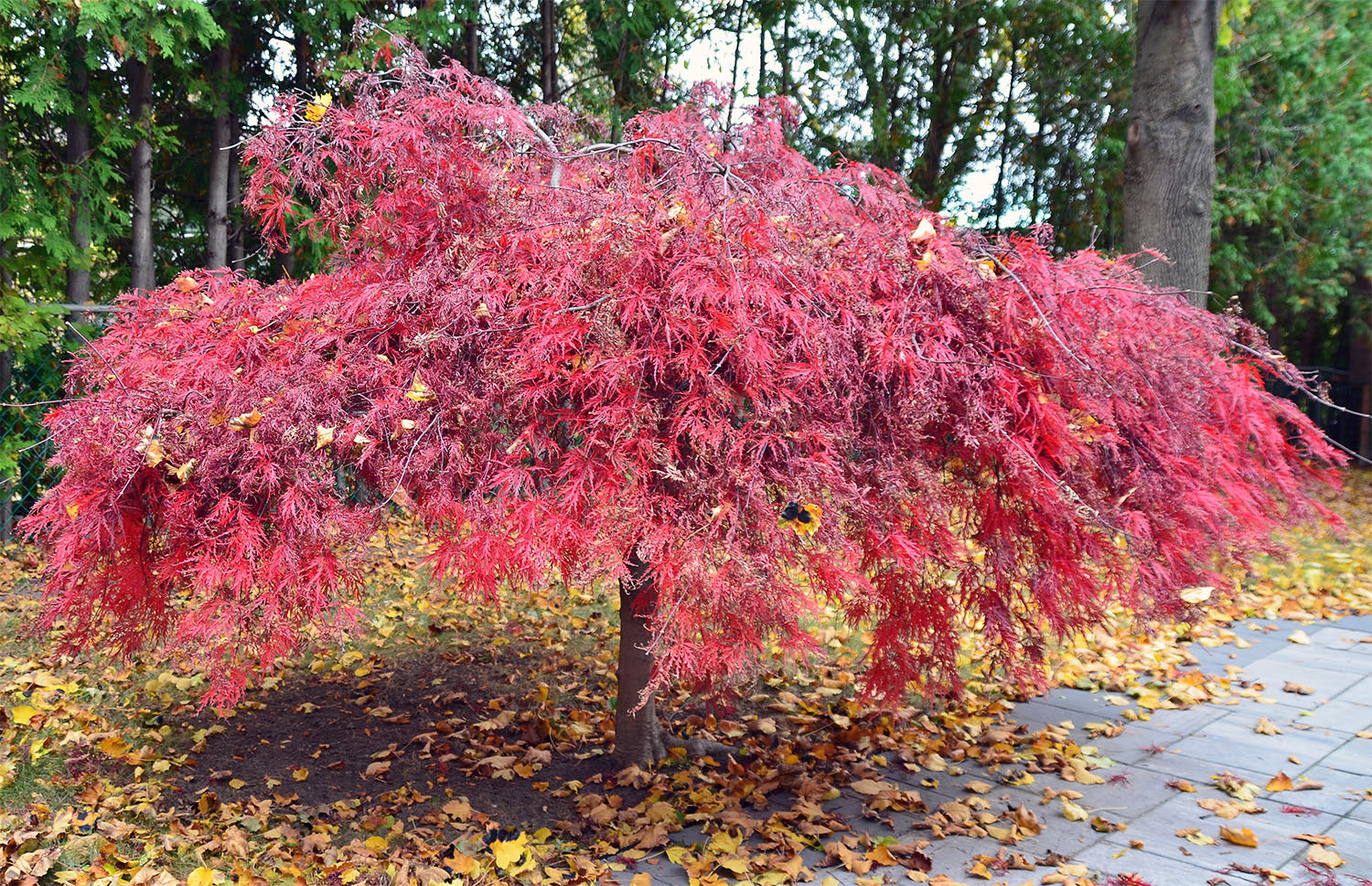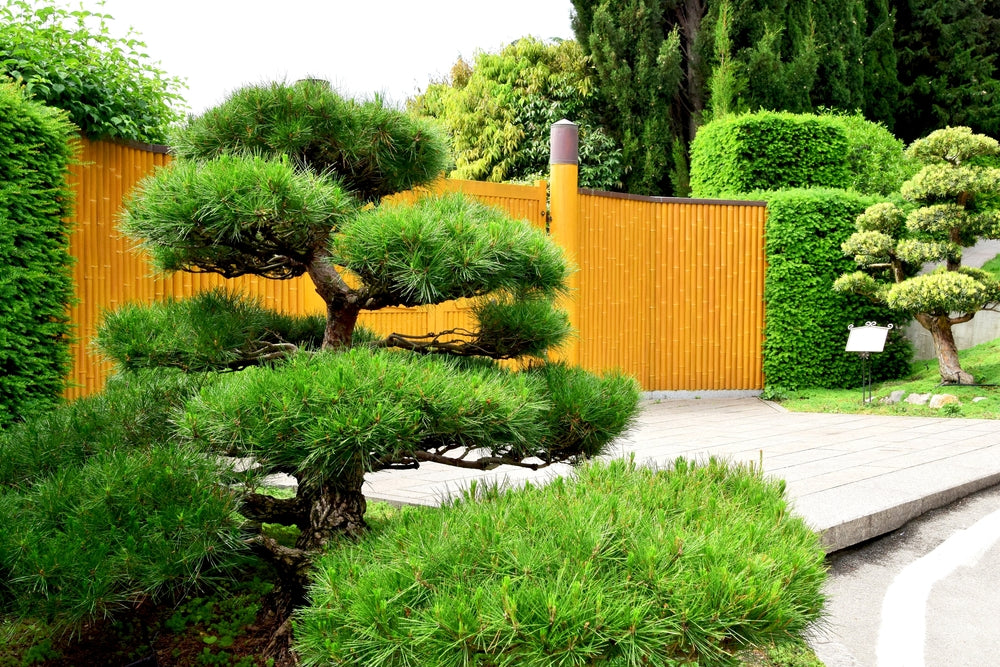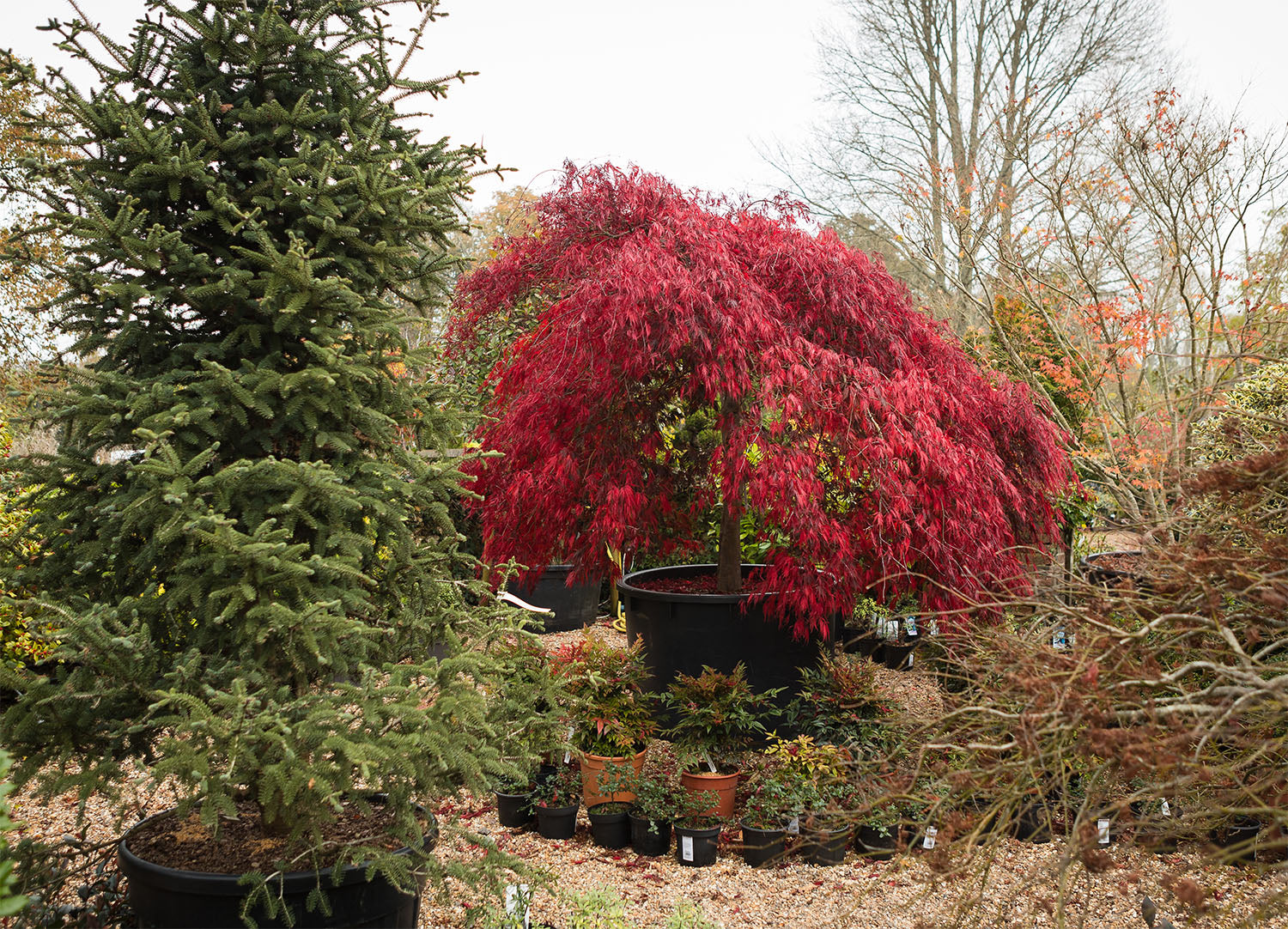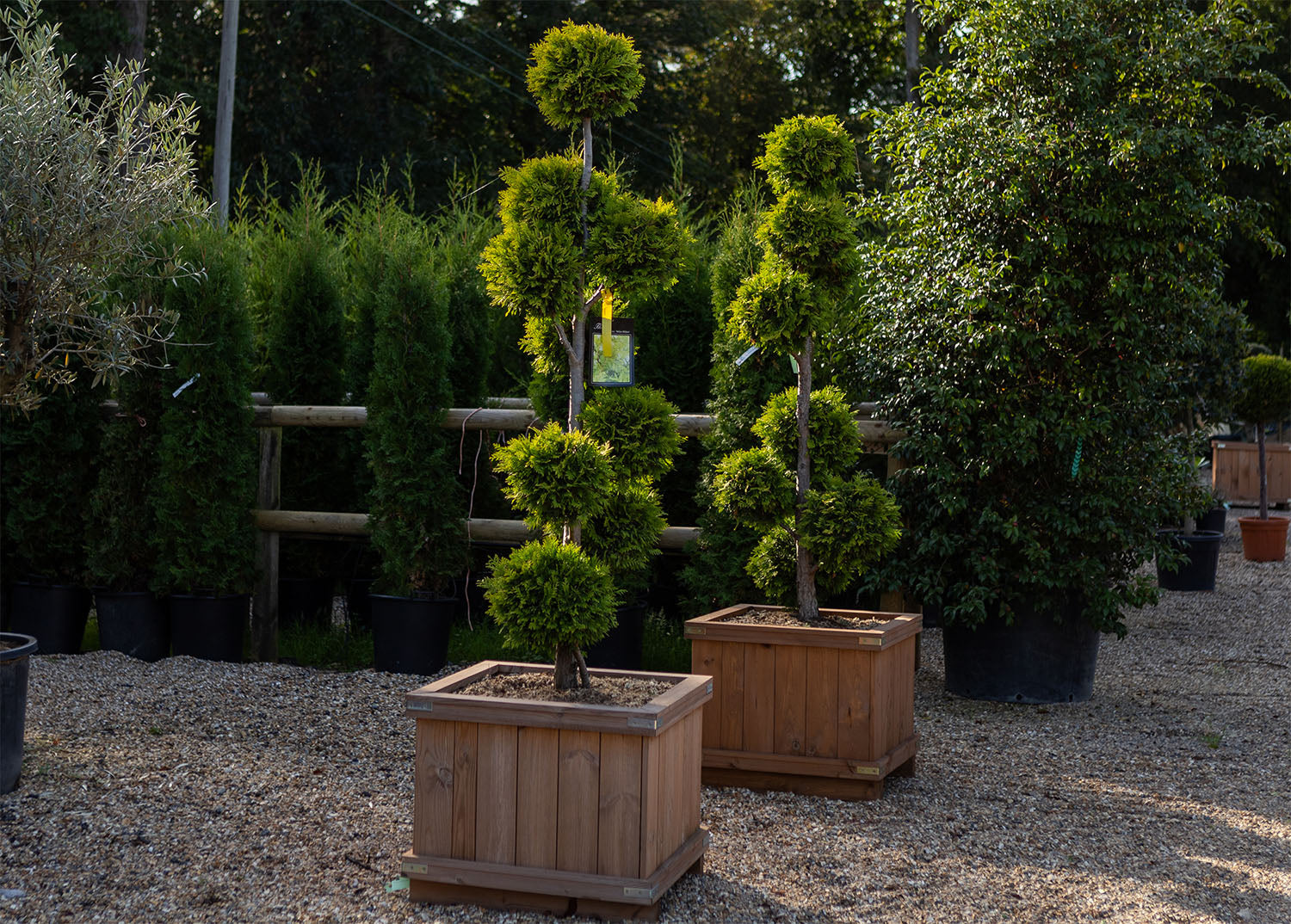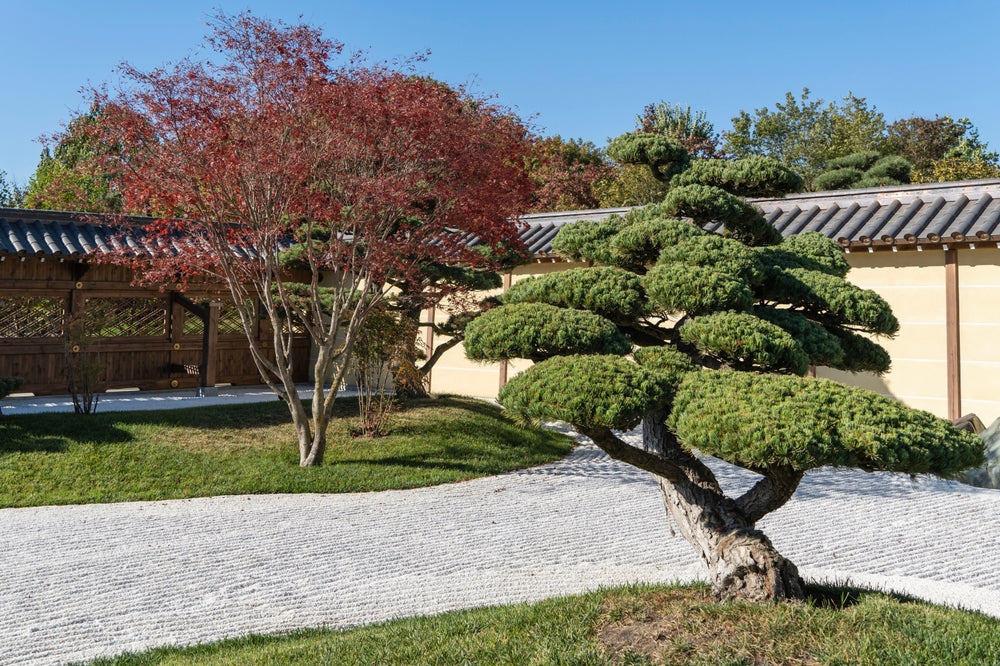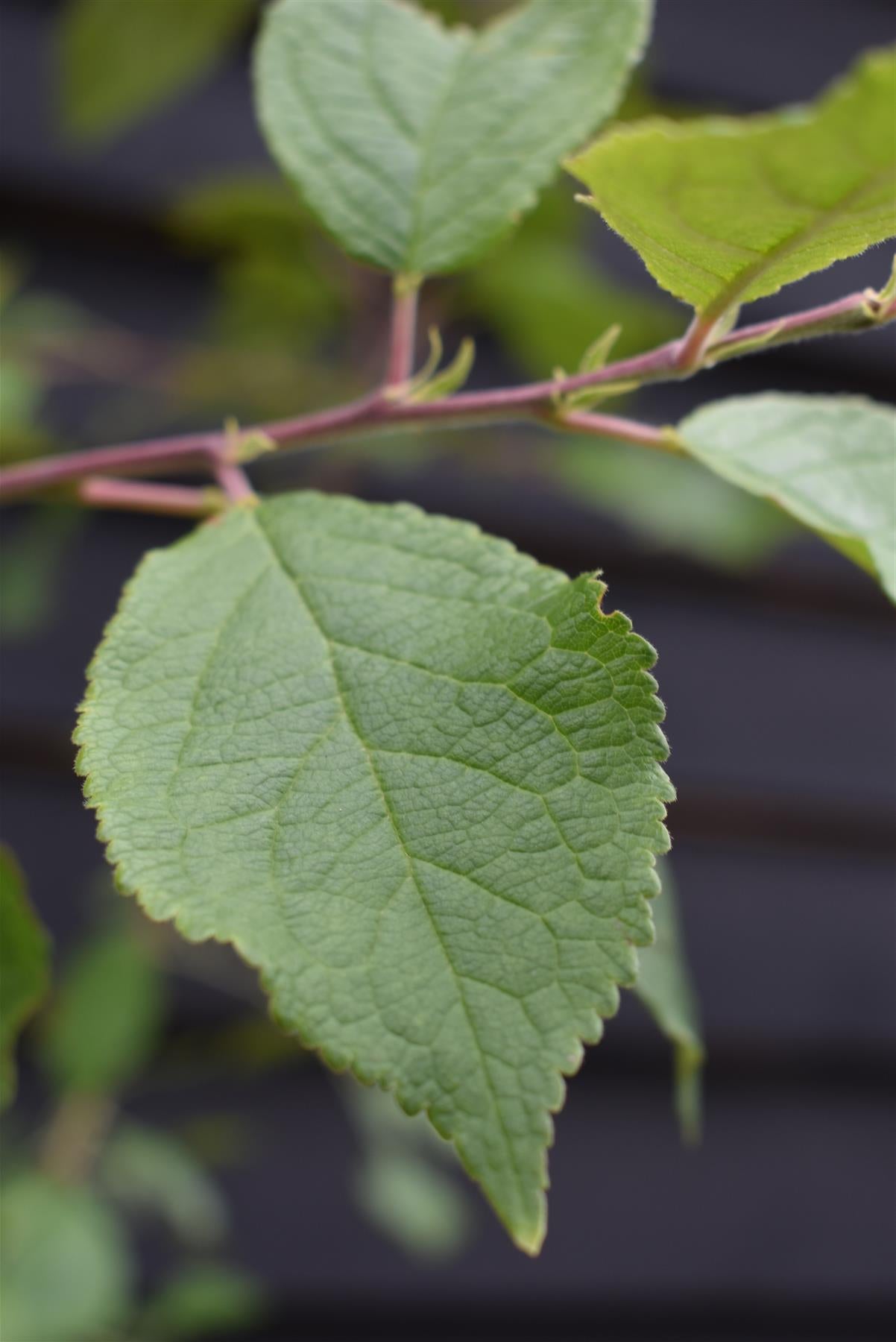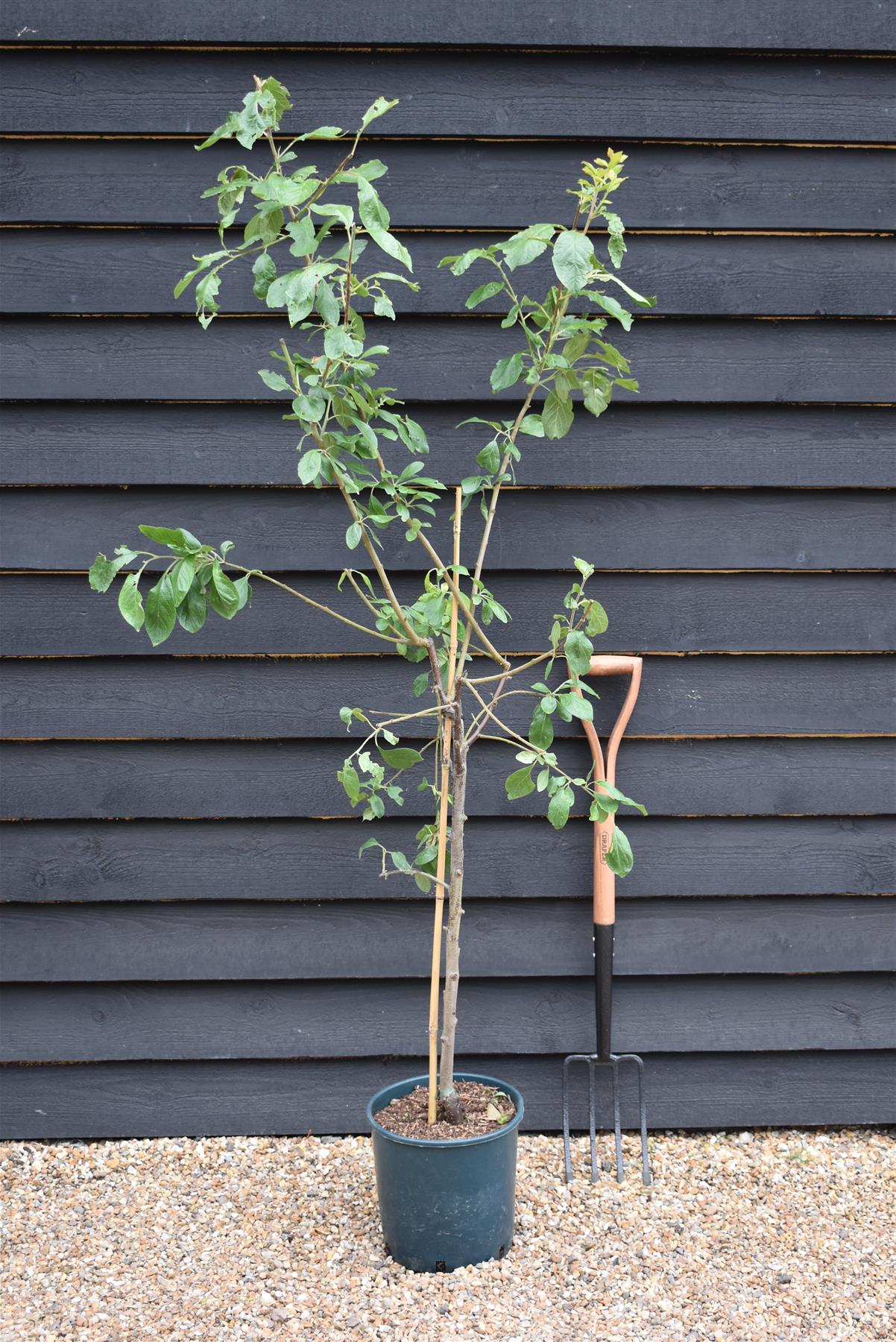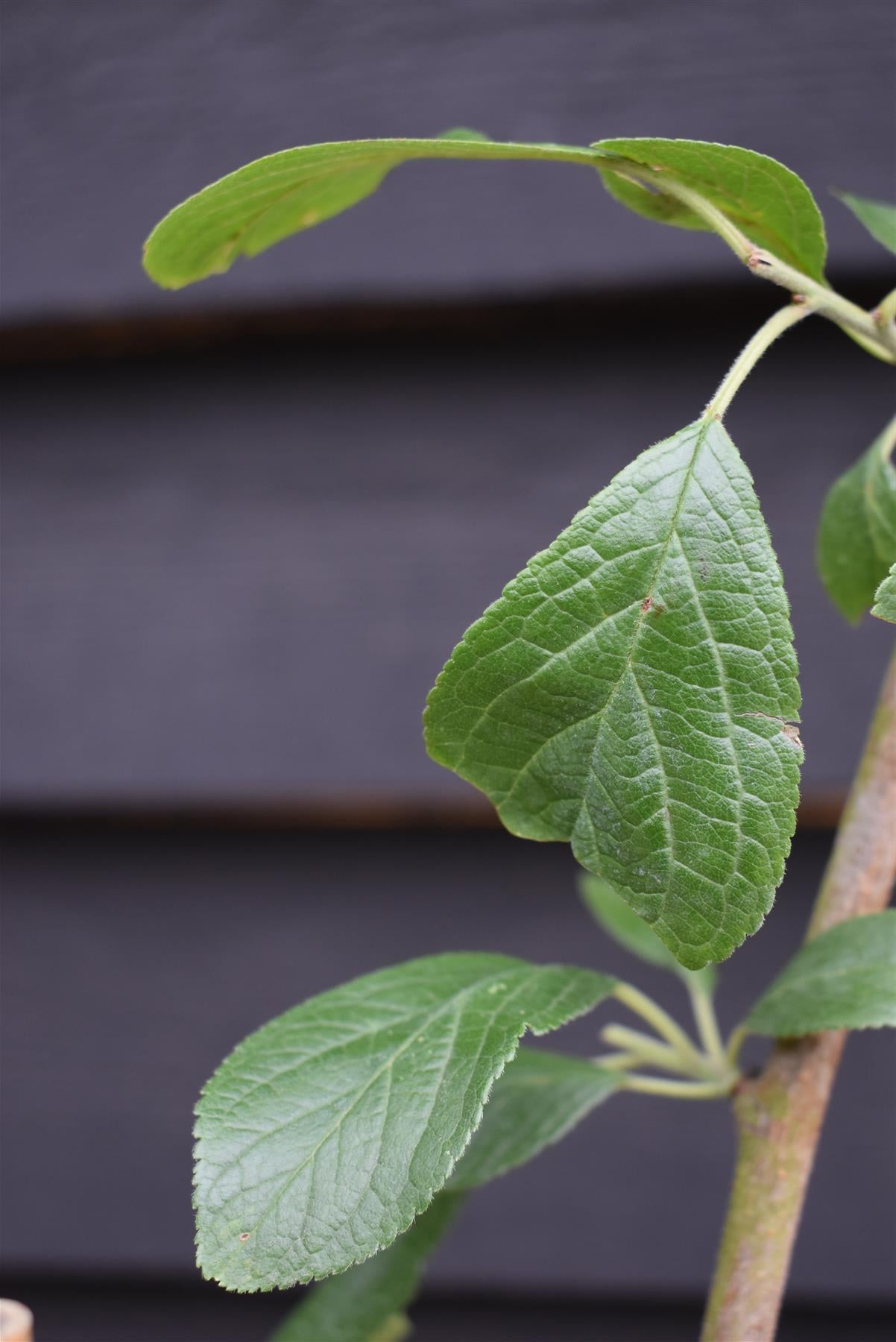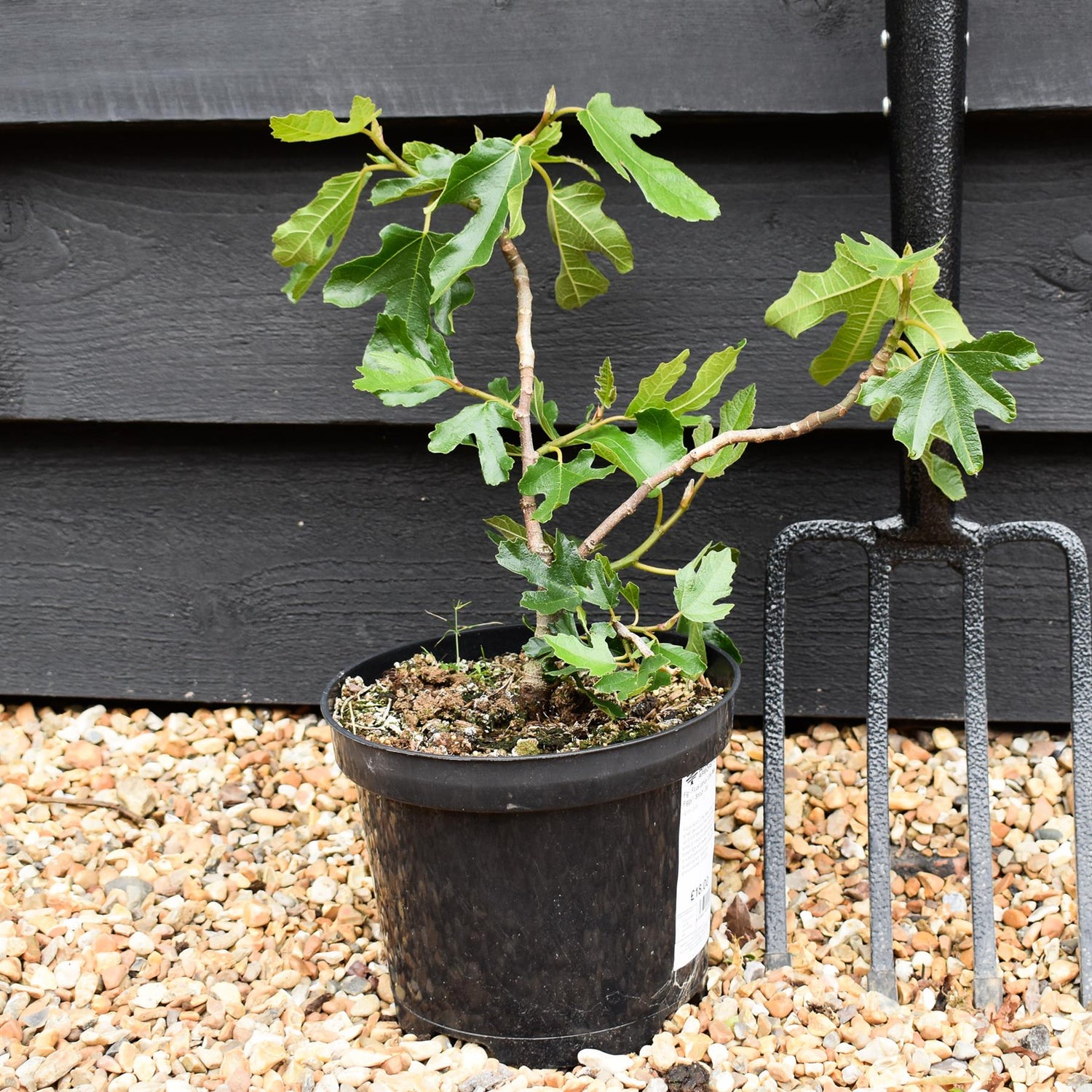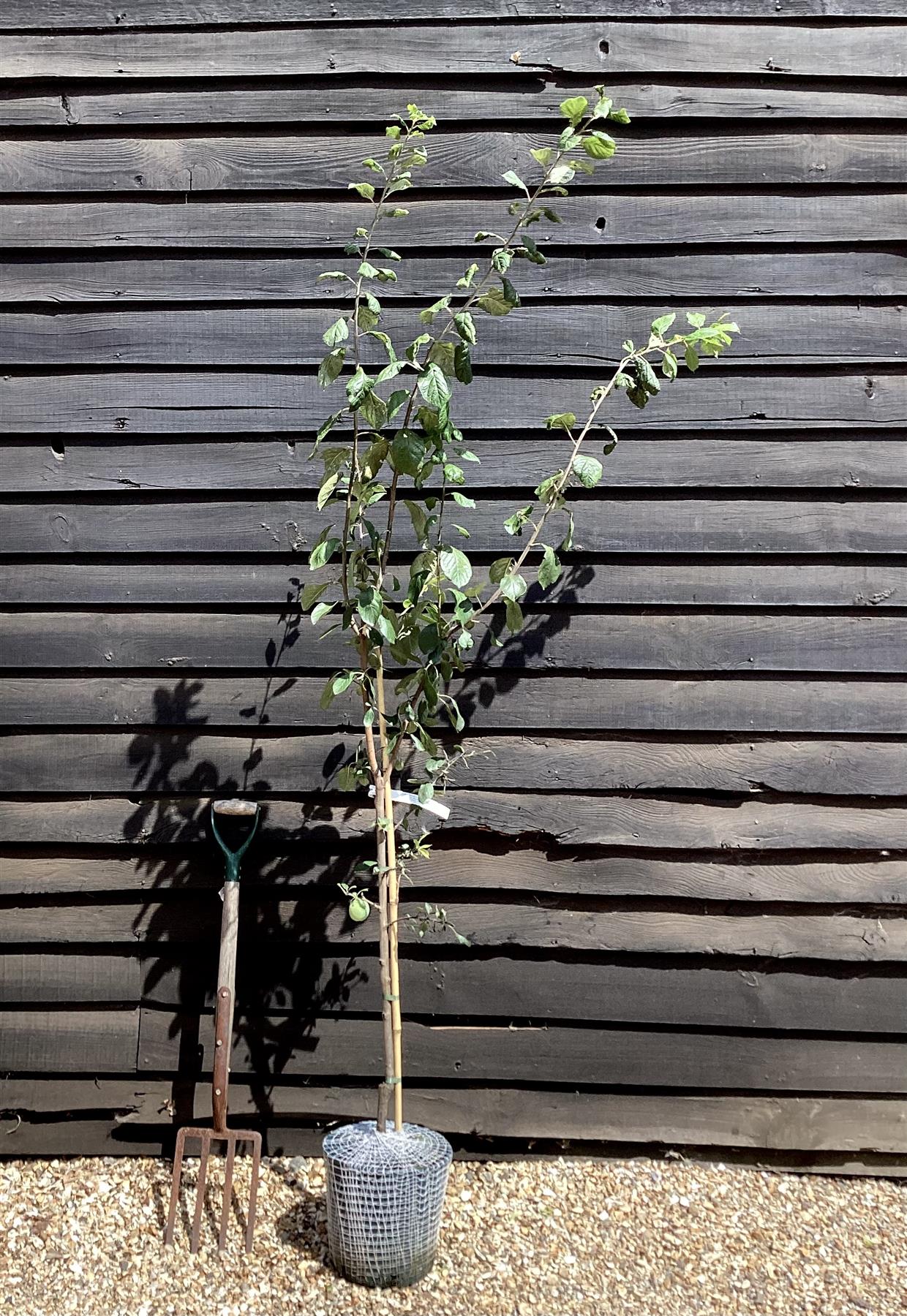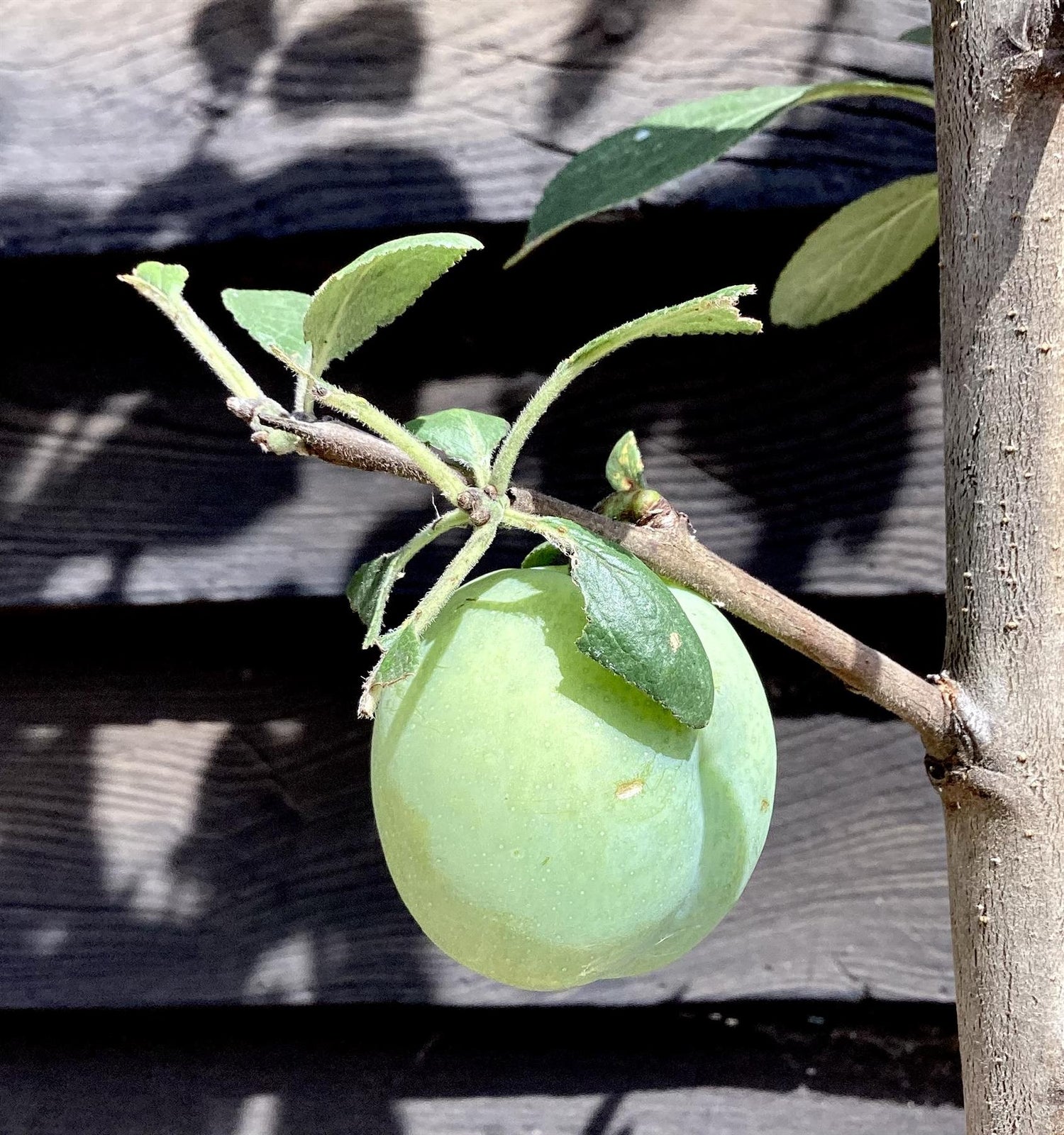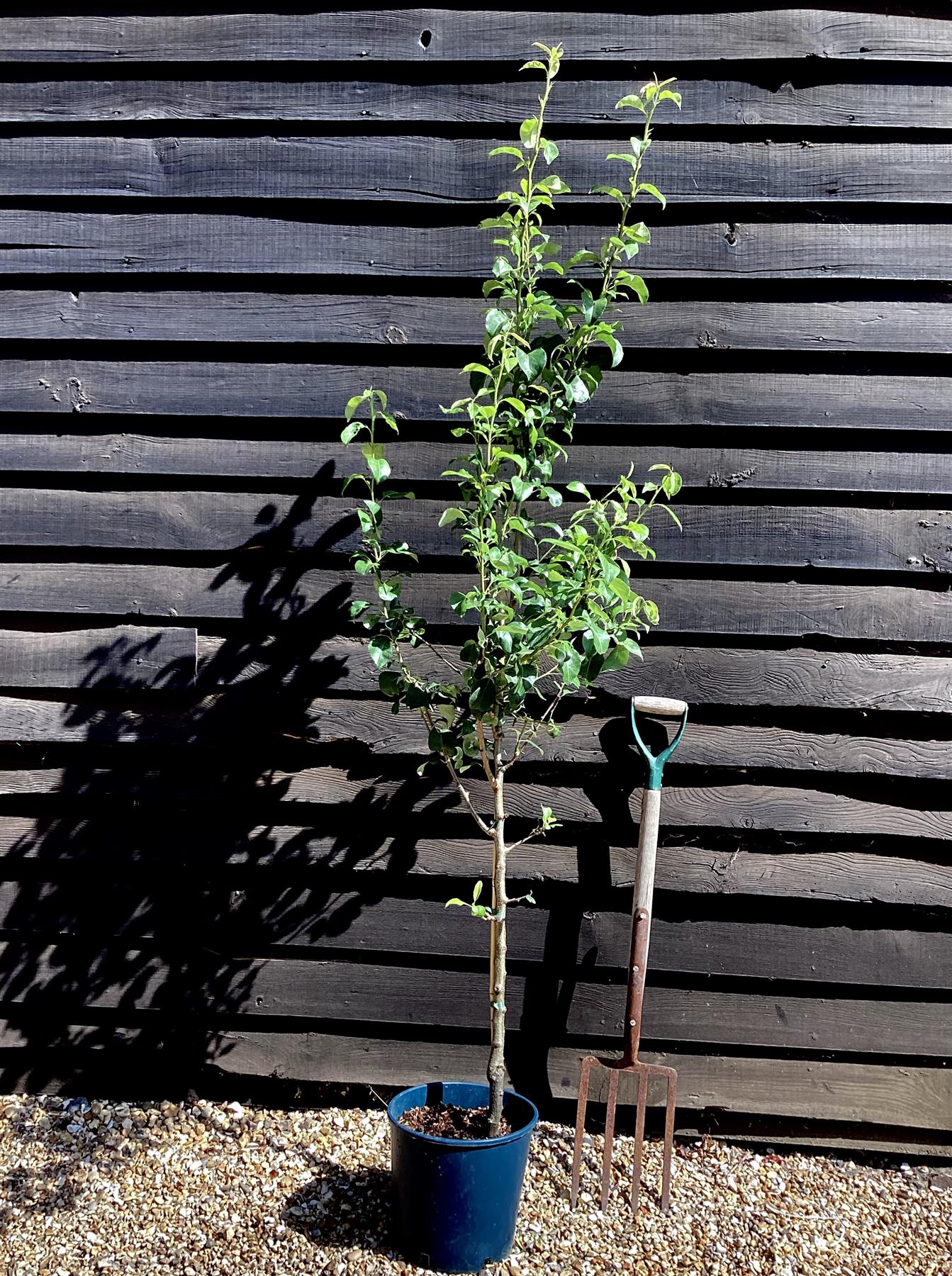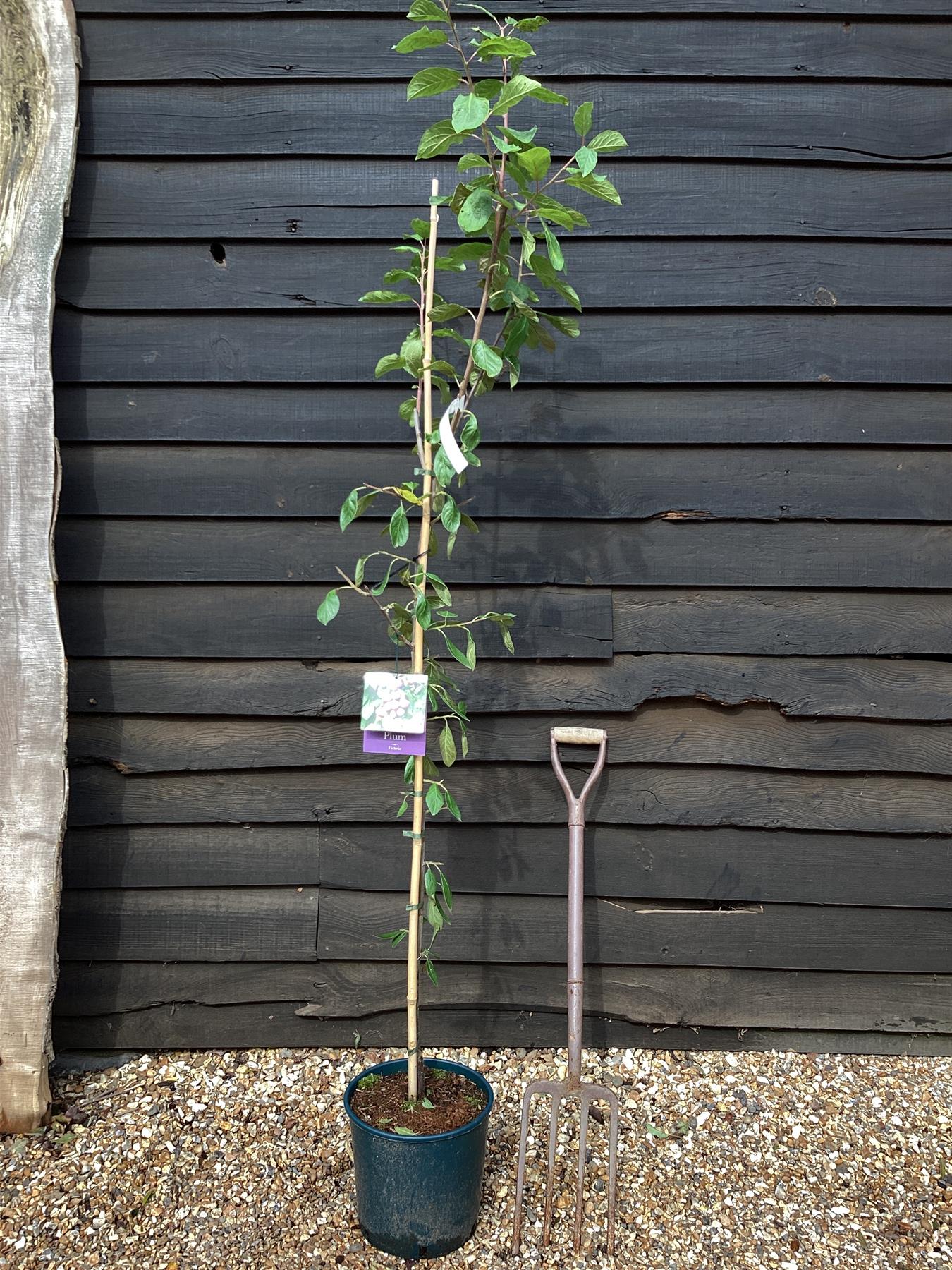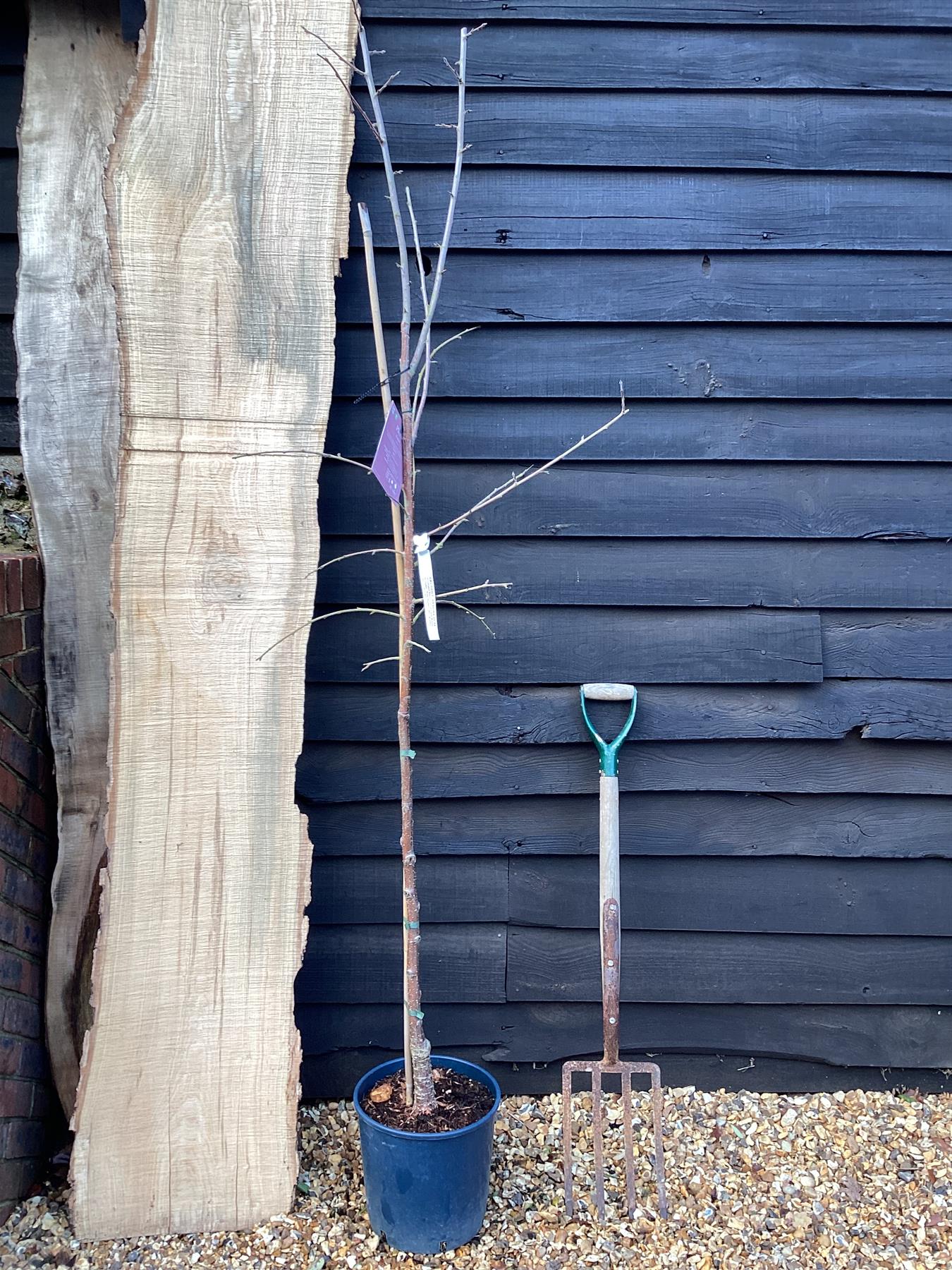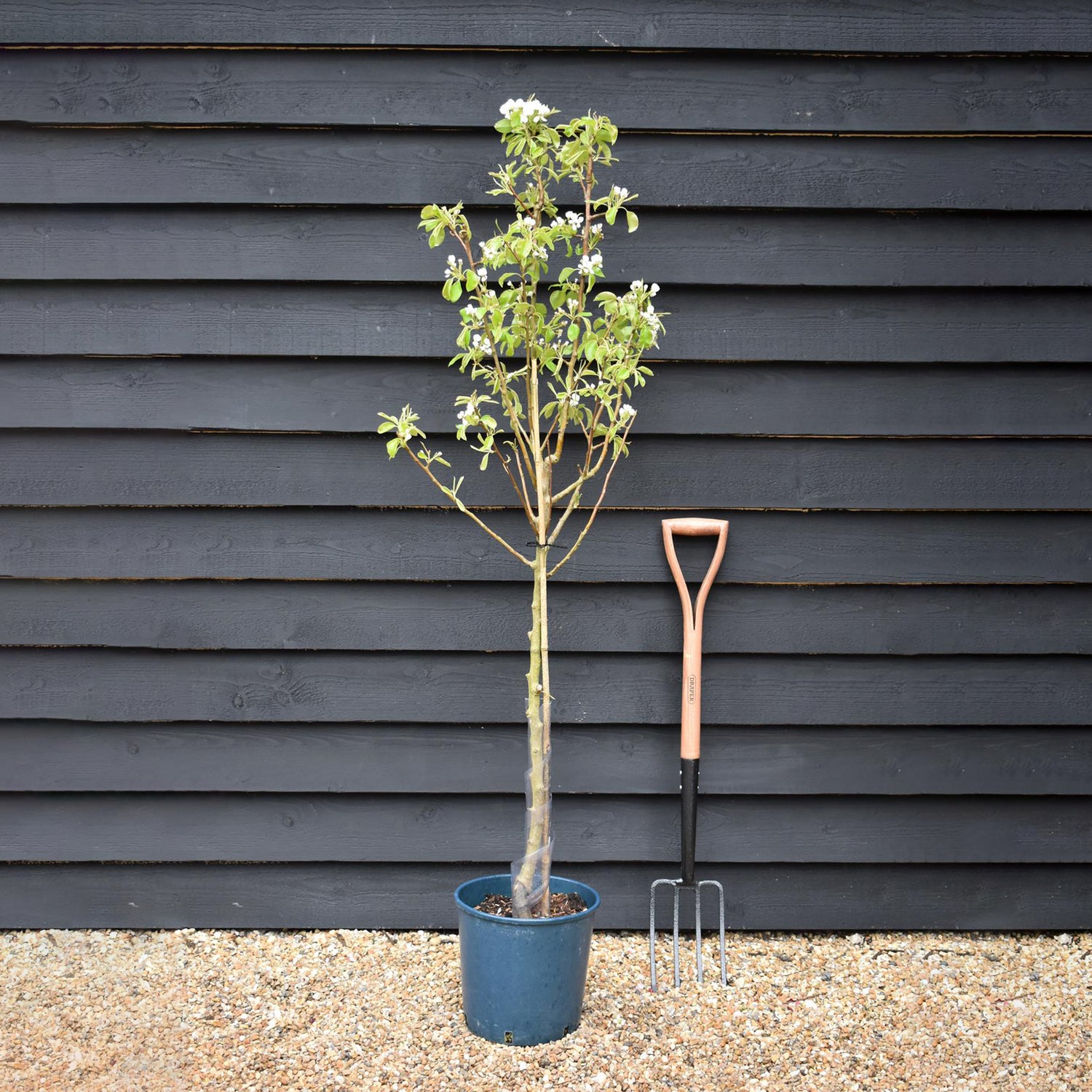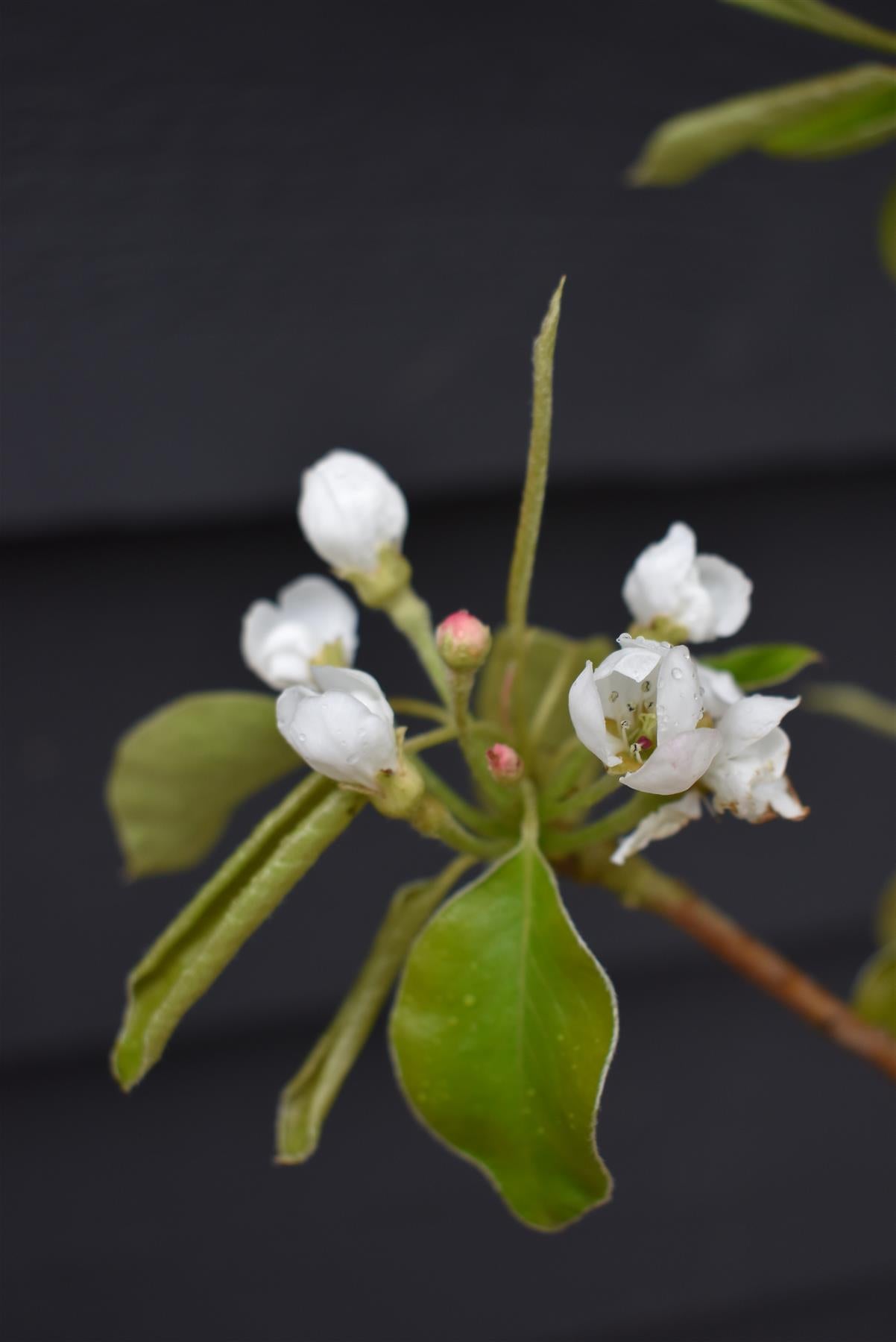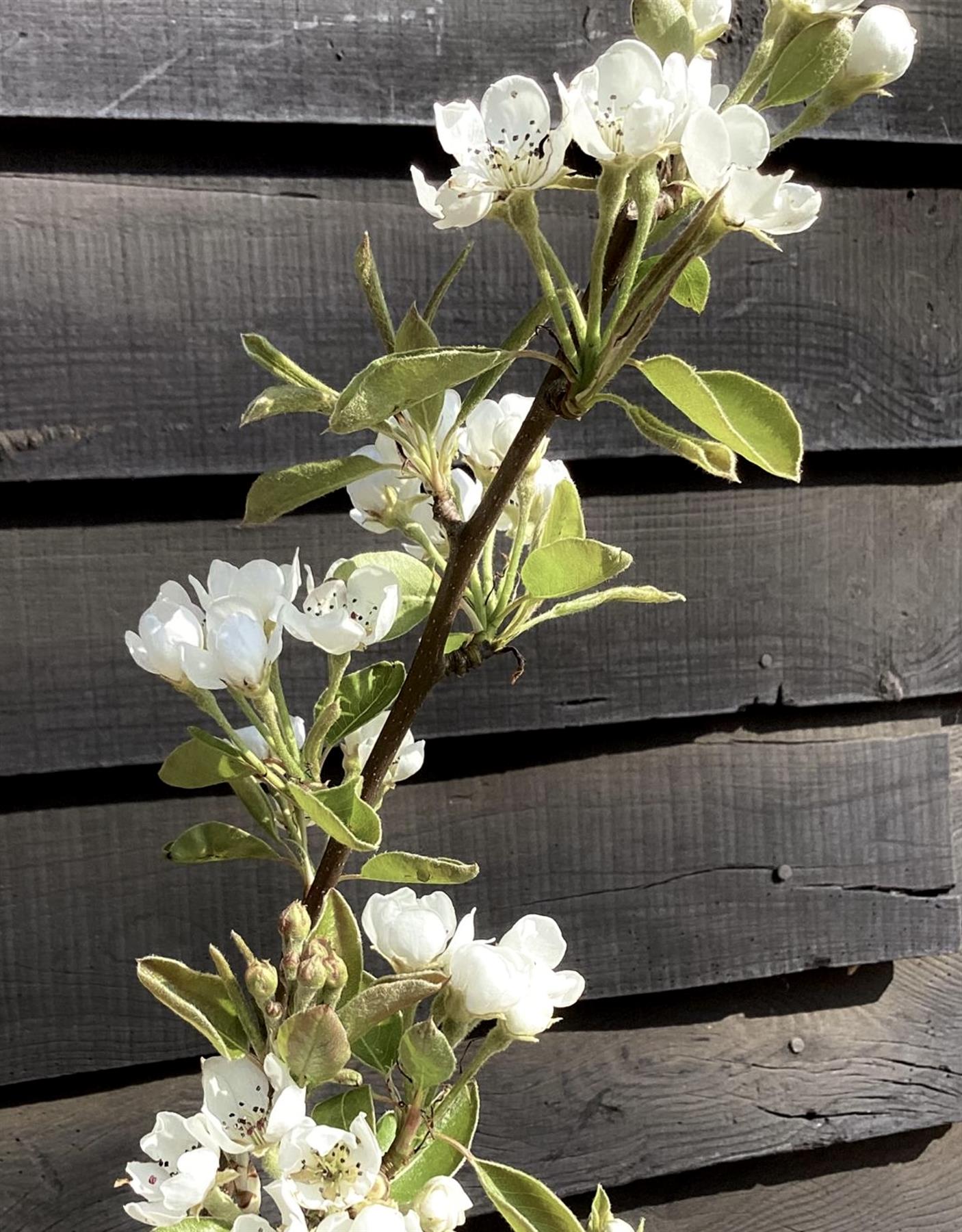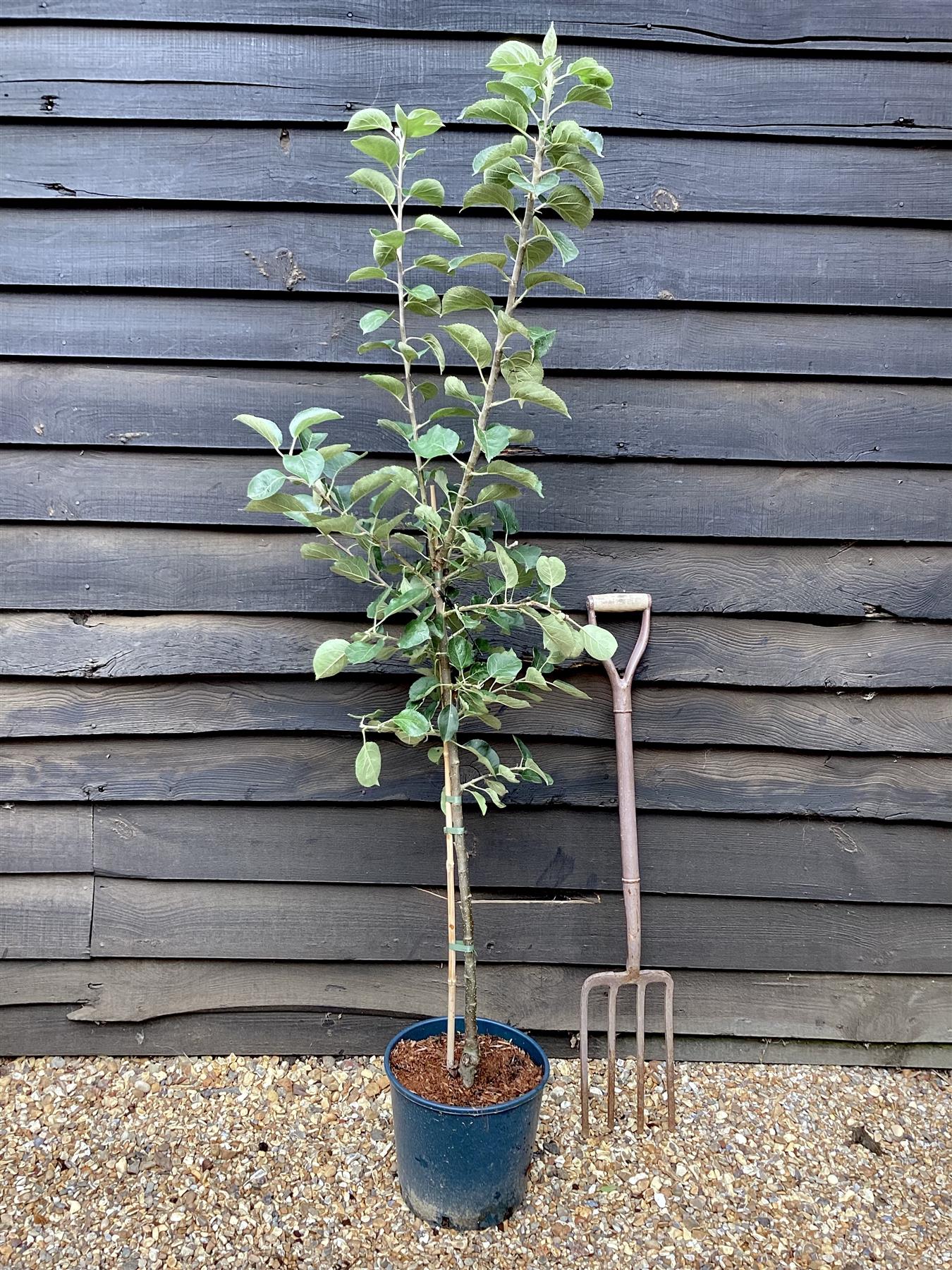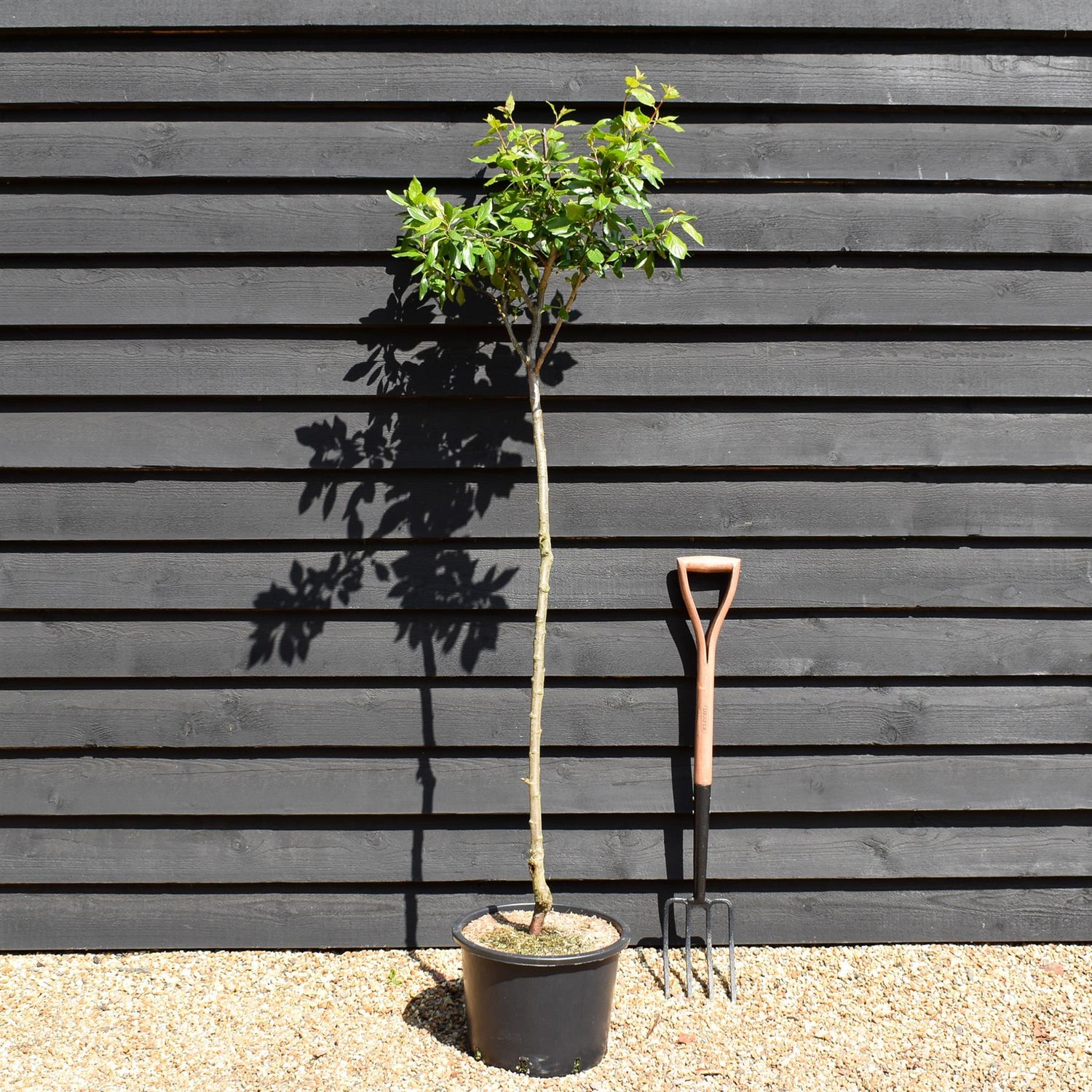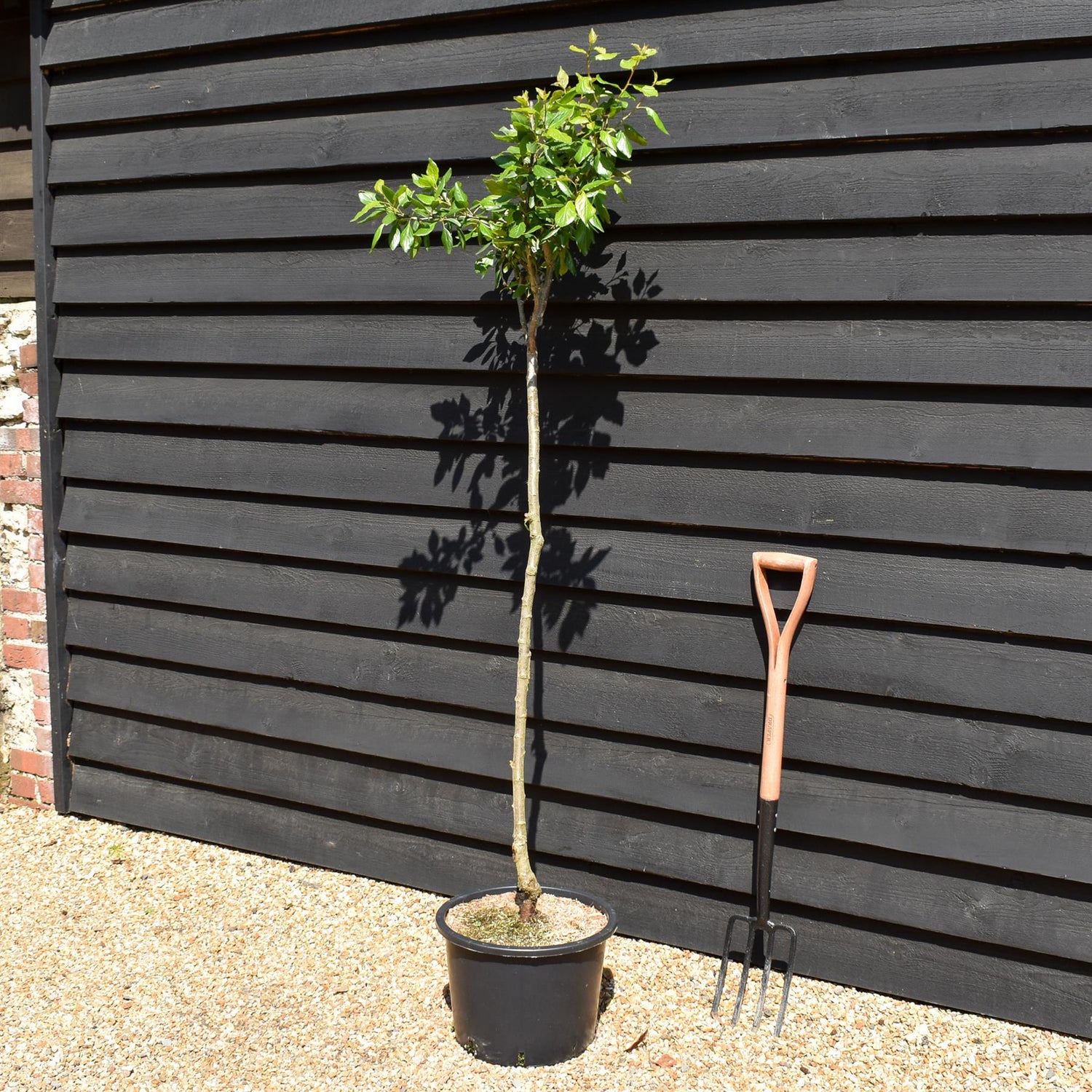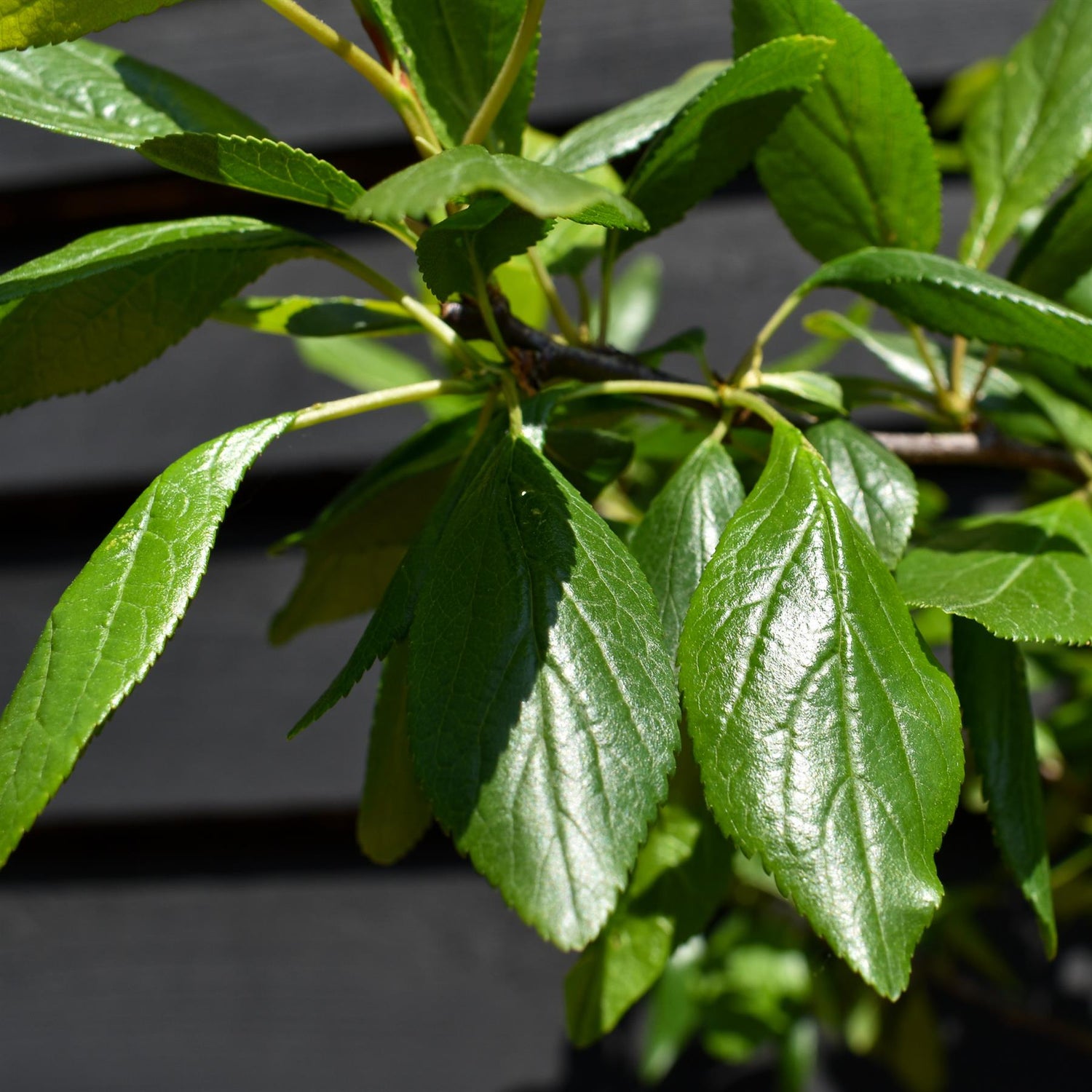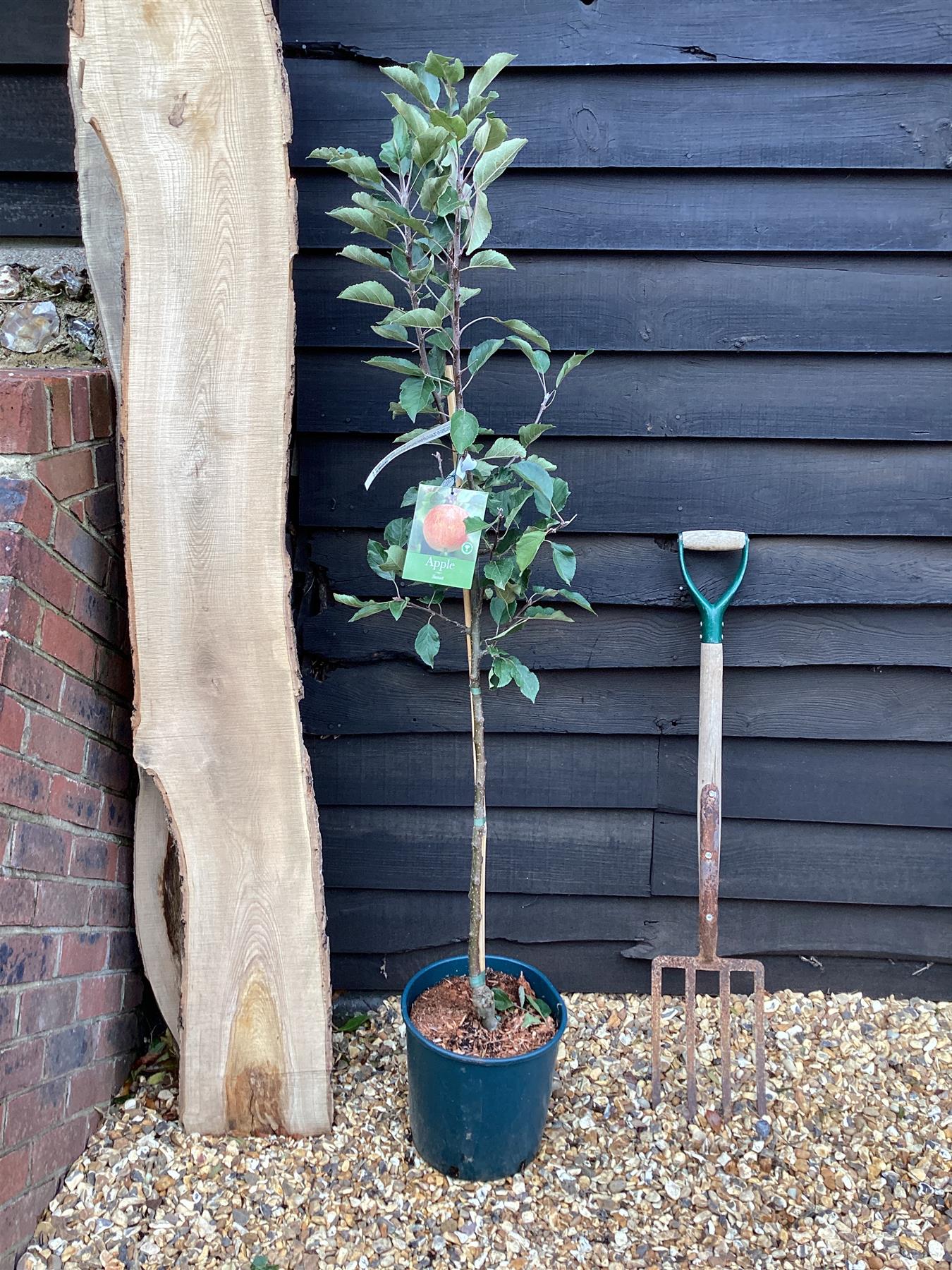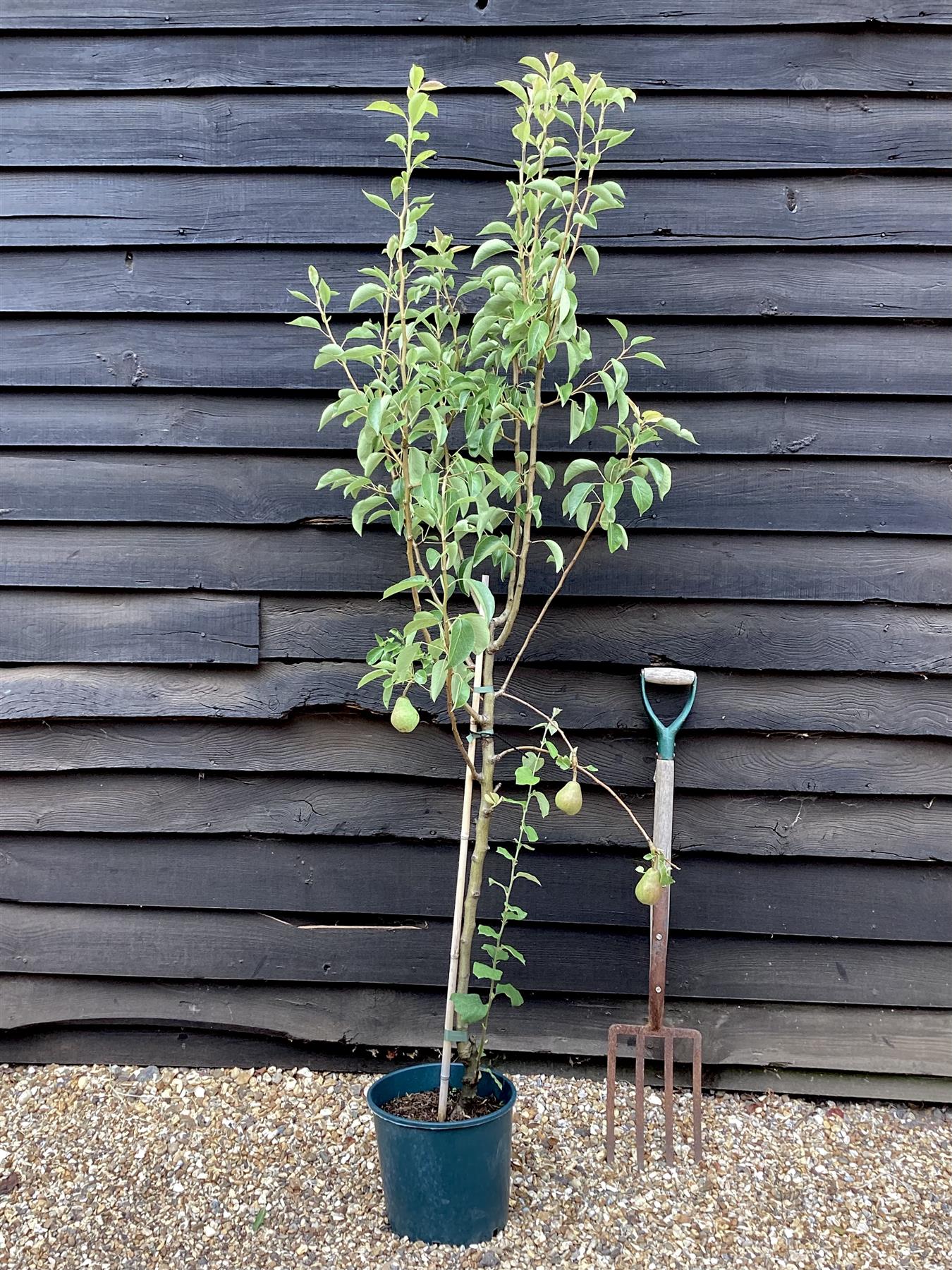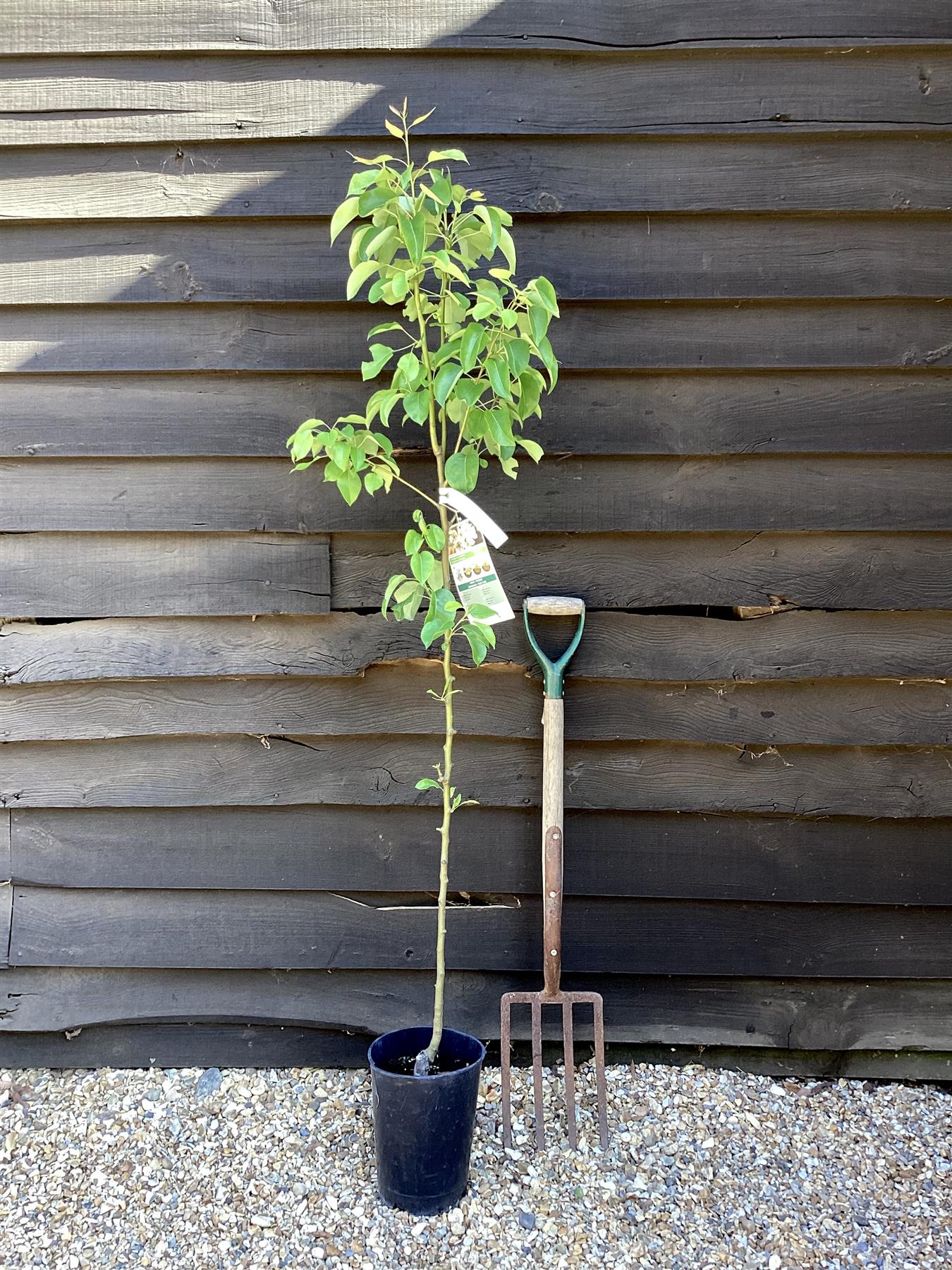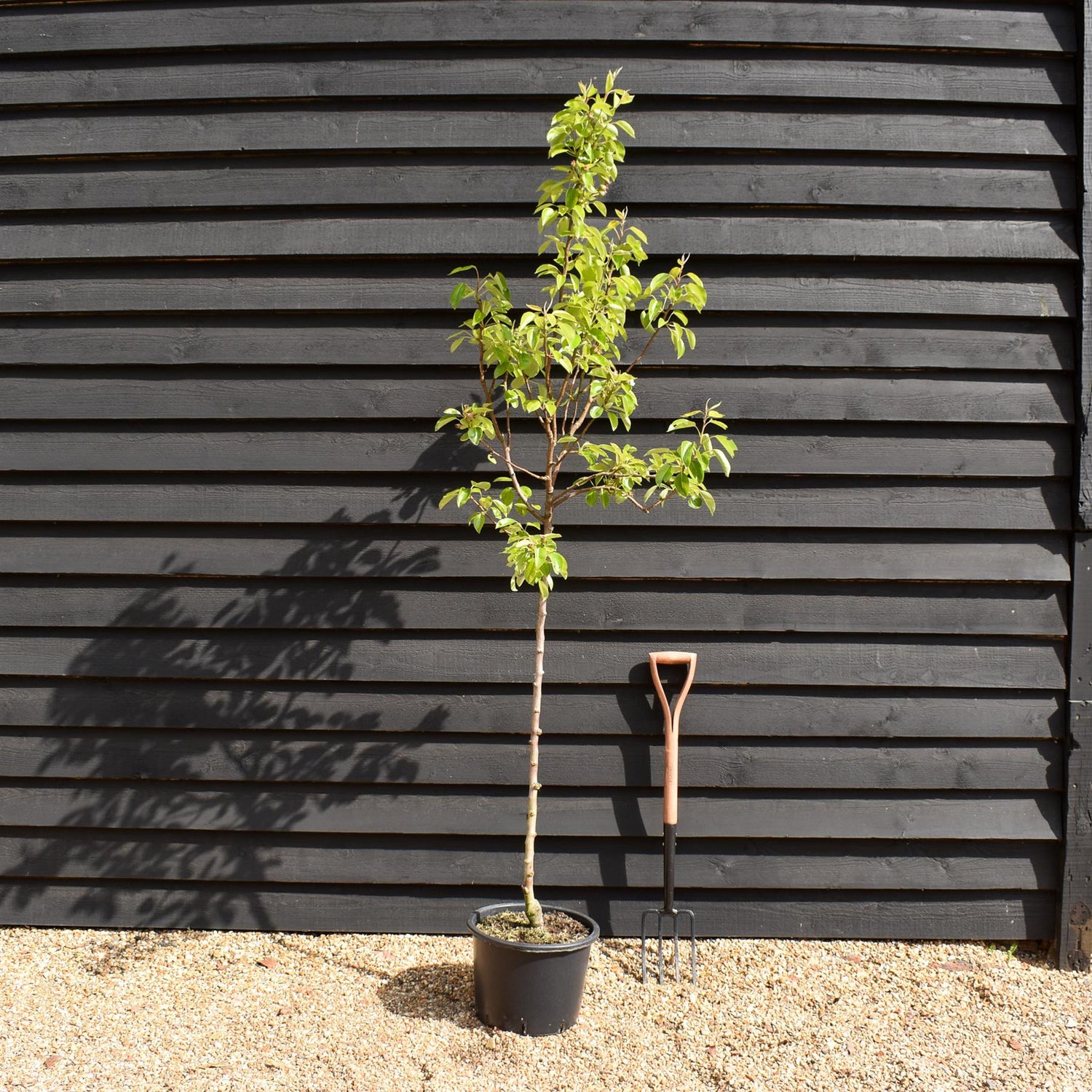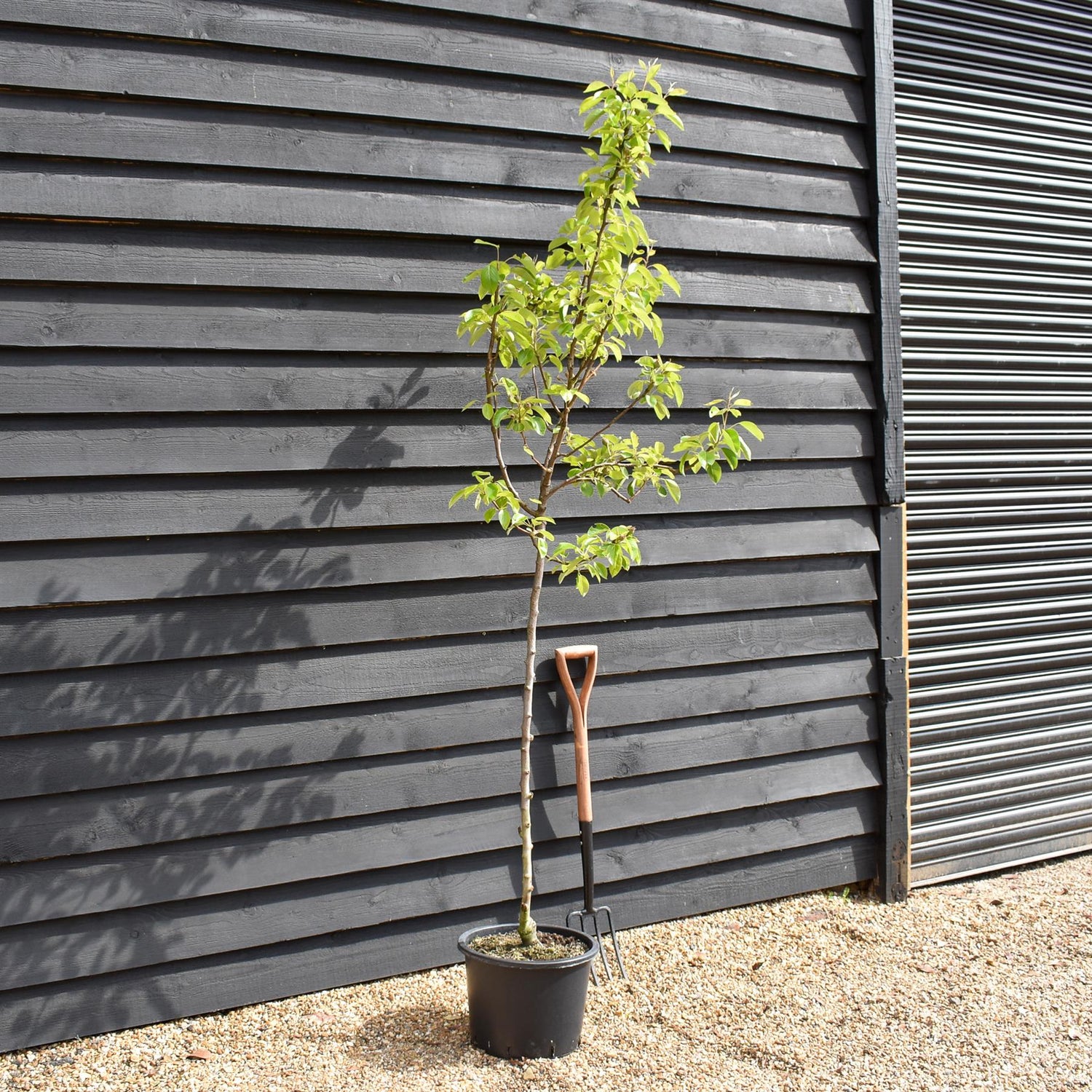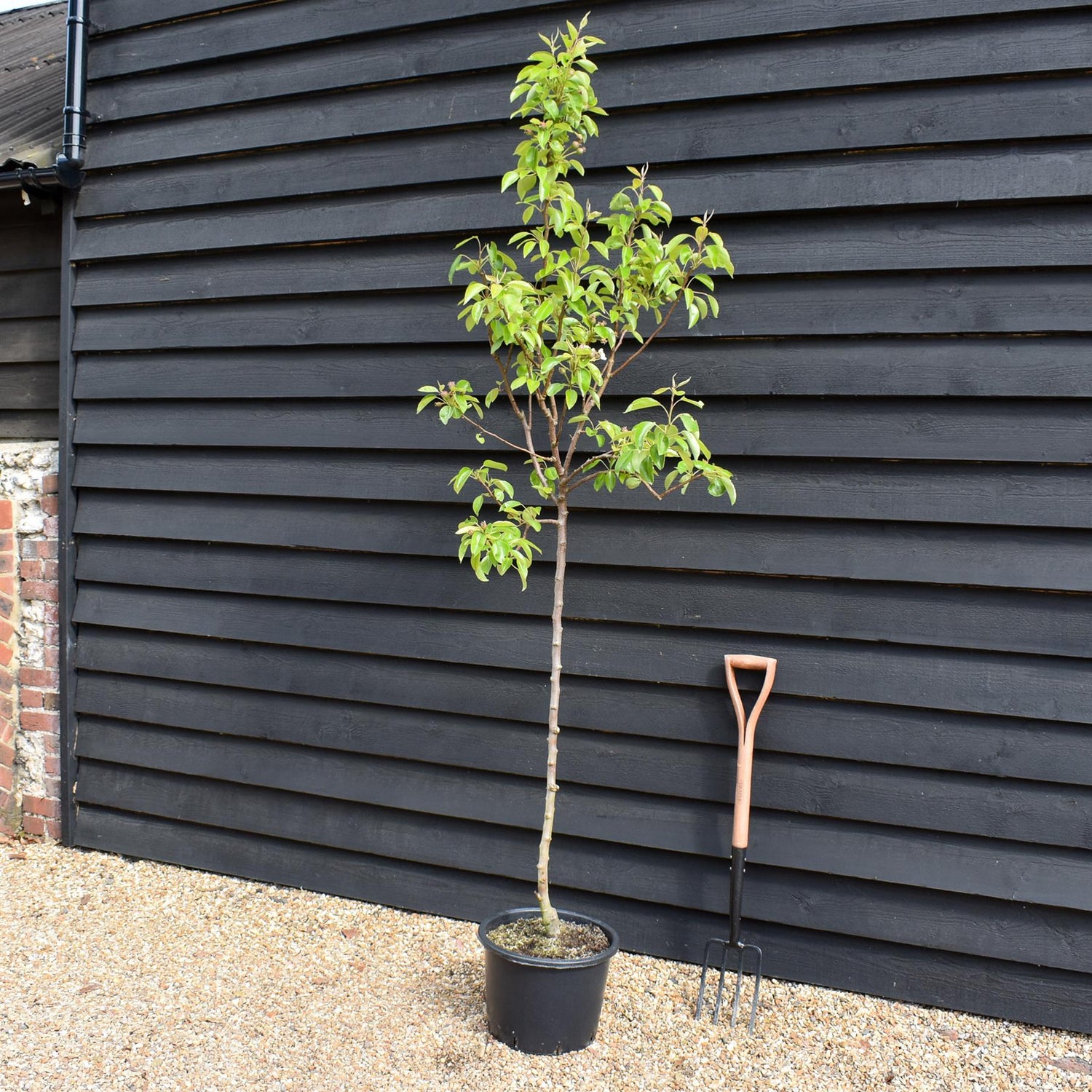120 products
120 products
Sort by:
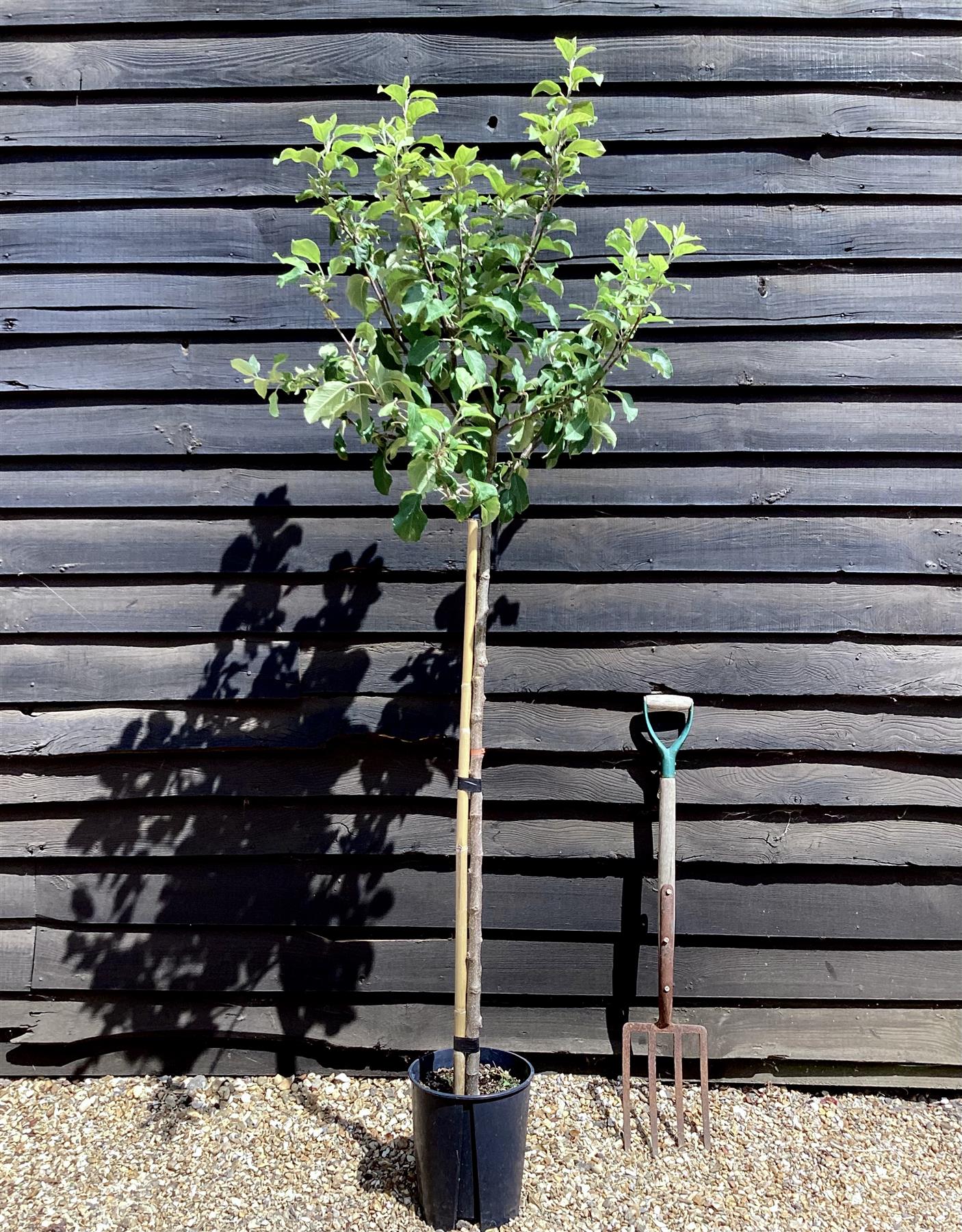
Apple tree 'Fuji' | Malus Domestica - 150-180cm - 10lt
£72.00
Unit price perApple tree 'Fuji' | Malus Domestica - 150-180cm - 10lt
£72.00
Unit price per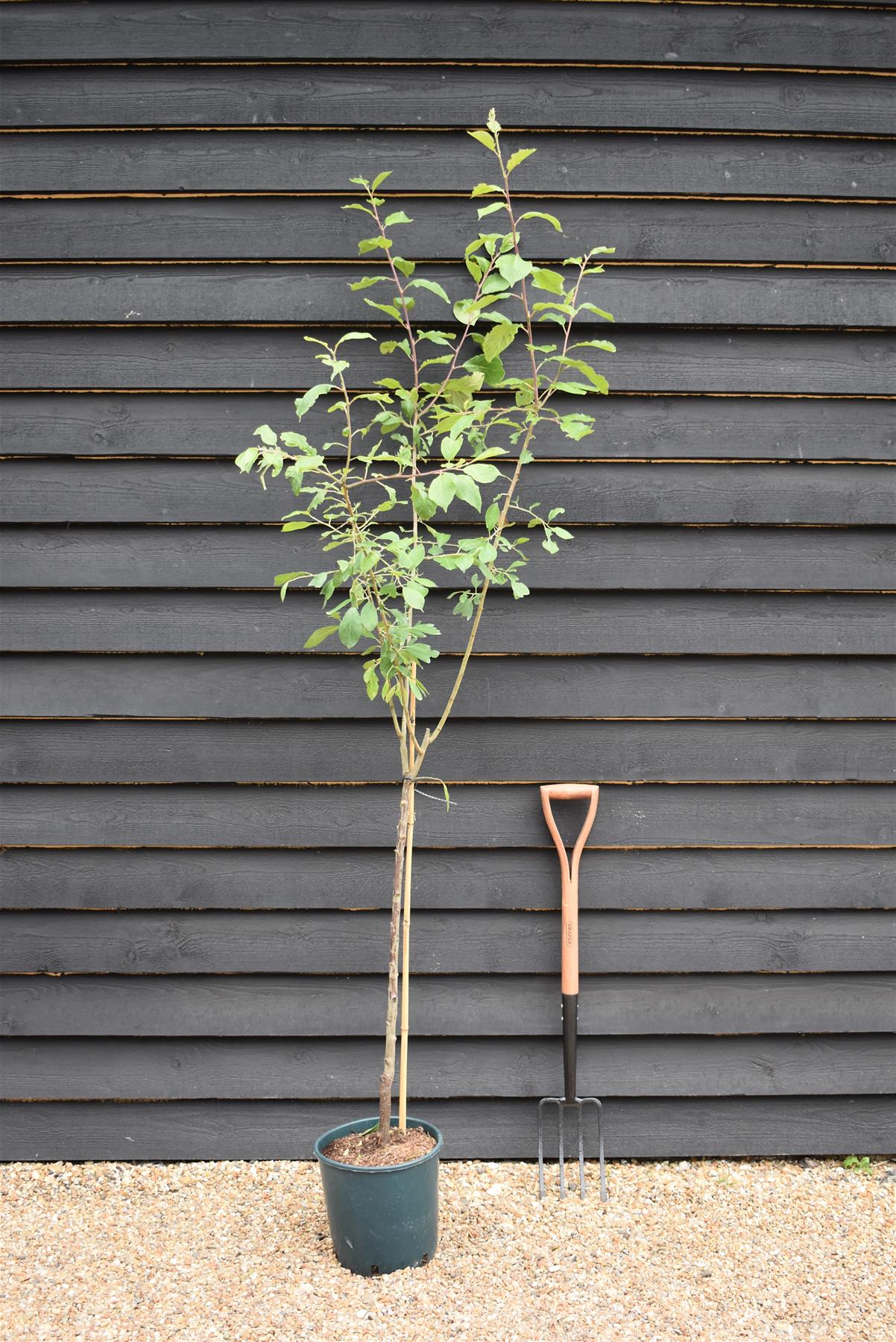
Plum 'Victoria' on Pixy - Dwarfing | Prunus Domestica - 150-160cm - 12lt
£74.00
Unit price perPlum 'Victoria' on Pixy - Dwarfing | Prunus Domestica - 150-160cm - 12lt
£74.00
Unit price perThe Plum 'Victoria' grafted onto Pixy rootstock is a popular, compact, and dwarfing fruit tree, perfect for smaller gardens or limited spaces. This combination allows gardeners to cultivate plums in constrained areas without compromising on the quality or yield of the fruit.
The 'Victoria' plum is famed for its versatility and reliability, producing abundant, delectable fruits that are equally good for fresh eating or culinary uses such as jams, jellies, and baking. The plums are juicy with a sweet, rich flavor, usually ripening in late summer, offering a delightful blend of sugary and tangy taste.
This variety is distinguished by its excellent resistance to diseases, making it a resilient choice for different climates and environments. The Pixy rootstock contributes to its hardiness by restricting its growth, making it manageable and less demanding in terms of care and maintenance. Despite its smaller stature, the yield is reliably heavy, offering a bountiful harvest.
Cultivating Victoria plum on Pixy rootstock is also beneficial for enhancing the overall fruit quality, promoting earlier fruiting, and ensuring consistent productivity. It requires moderate watering, well-drained soil, and exposure to full sun to achieve optimal fruit production, making it a favorite amongst both novice and experienced gardeners.
Pixy rootstock is used primarily for plum trees, inducing dwarfing characteristics. It enables the cultivation of smaller, manageable trees, suitable for confined spaces. It is adaptable, promotes early fruiting, and is compatible with many plum varieties. However, it necessitates well-drained soils and regular watering.
Plum Victoria on Myrobalan - Prunus Domestica - 150-170cm - 12lt| Prunus Domestica - 150-160cm - 12lt
£74.00
Unit price perPlum Victoria on Myrobalan - Prunus Domestica - 150-170cm - 12lt| Prunus Domestica - 150-160cm - 12lt
£74.00
Unit price perThe Victoria plum tree grafted onto a myrobalan rootstock presents a robust and vigorous growth profile, making it a popular choice among UK gardeners and orchardists seeking a productive and resilient fruit tree. This combination capitalises on the strengths of both the Victoria plum and the myrobalan rootstock, creating a tree that is well-suited to a variety of conditions.
The Victoria plum tree, known for its sweet, juicy fruit and reliable cropping, thrives when paired with the myrobalan rootstock. This rootstock imparts significant vigour to the tree, resulting in a larger, more robust structure. The enhanced vigour promotes a healthy, expansive canopy capable of supporting a substantial fruit yield. However, this increased growth necessitates regular pruning to maintain the tree’s shape and ensure optimal sunlight penetration and air circulation.
One of the key advantages of the myrobalan rootstock is its adaptability to a wide range of soil types. It performs well in heavier, clay soils often found in many parts of the UK, where drainage can be an issue. This adaptability ensures that the Victoria plum can thrive even in less-than-ideal soil conditions. Additionally, the myrobalan rootstock is hardy, offering resilience against adverse weather conditions, which is particularly beneficial in the UK's variable climate.
While the myrobalan rootstock provides several benefits, it also requires diligent maintenance. The propensity for suckering demands regular attention to prevent these from sapping nutrients from the main tree. Additionally, the increased vigour means that without proper pruning, the tree can become overly dense, which may impact fruit quality and yield consistency.
Despite these maintenance considerations, the Victoria plum tree on a myrobalan rootstock produces an abundant harvest of high-quality plums. The fruit is large, with a rich, sweet flavour, making it ideal for fresh consumption, cooking, and preserving. The reliable cropping and adaptability of this combination make it a favoured choice for both home gardeners and commercial growers in the UK.
Fig | Ficus carica 'Little Miss Figgy' - Shrub - 25-40cm - 3lt
£19.00
Unit price perFig | Ficus carica 'Little Miss Figgy' - Shrub - 25-40cm - 3lt
£19.00
Unit price perFicus carica 'Little Miss Figgy' is a beautiful deciduous tree that belongs to the mulberry family. It is a small, compact tree that grows up to 6-8 feet tall and 4-6 feet wide. This tree is well-suited for small gardens, patios, and balconies. The 'Little Miss Figgy' tree is known for its ornamental value as well as its delicious fruit.
The leaves of 'Little Miss Figgy' are dark green and lobed, giving the tree an attractive appearance. The fruit produced by this tree is a small to medium-sized fig with a reddish-brown skin and a sweet, juicy flesh inside. The fruit is ready for harvest in mid to late summer, and it can be eaten fresh or used in cooking and baking.
One of the advantages of the 'Little Miss Figgy' tree is that it is self-pollinating, which means that it does not require another tree for fertilization. This makes it a great choice for gardeners with limited space. Additionally, this tree is relatively easy to care for and can adapt to a range of soil types and environmental conditions.
In terms of growing conditions, the 'Little Miss Figgy' tree prefers full sun exposure and well-draining soil. It is also important to provide regular watering during the growing season, especially during hot and dry weather. Pruning is generally not necessary for this tree, although some gardeners may choose to shape it to their liking.
Overall, the Ficus carica 'Little Miss Figgy' tree is an excellent choice for anyone looking to grow a beautiful and fruitful tree in a small space. Its compact size, ornamental value, and delicious fruit make it a popular choice among gardeners and fruit enthusiasts alike.
Plum 'Victoria' on St Julian - Moderately vigorous | Prunus Domestica - 150-160cm - 12lt
£72.00
Unit price perPlum 'Victoria' on St Julian - Moderately vigorous | Prunus Domestica - 150-160cm - 12lt
£72.00
Unit price perPrunus domestica 'Victoria', or European Plum ‘Victoria’, is a small, deciduous European plum tree of round habit, with elliptic, toothed, bright green leaves, profusion of sweetly scented, white flowers in spring, and a heavy crop of delicious, large, dark red plums in late summer or early autumn. Plums are juicy and sweet, with golden-yellow flesh, excellent to eat right off the tree, or for cooking, canning, making jams and chutneys. Prunus domestica 'Victoria' is adaptable to various types of soil, but prefers fertile, slightly acidic, loamy, moist, and well-drained soils. It grows best in full sun. It is resistant to frost, but needs to be sheltered from harsh winds. It’s a self-fertile plant but for best yield, a compatible tree of a different variety should be planted nearby. Low maintenance plant, requires minimal pruning. Disease resistant. Plum ‘Victoria’ is a popular and reliable heavy-cropper, mostly grown for its delicious fruits, and a lovely addition to any small garden.
St. Julian rootstock is moderately vigorous, imparting greater hardiness and adaptability to various soils for plum trees. It's semi-dwarf, promoting earlier fruiting, manageable tree sizes, and is widely utilized.
Sour Cherry 'Morello', Clear Stem - 200-250cm, 10lt
£72.00
Unit price perSour Cherry 'Morello', Clear Stem - 200-250cm, 10lt
£72.00
Unit price perPear 'Concorde' | Pyrus communis 'Concorde' - 150-170cm - 12lt
£76.00
Unit price perPear 'Concorde' | Pyrus communis 'Concorde' - 150-170cm - 12lt
£76.00
Unit price perApple tree 'Granny Smith' | Malus domestica - 150-160cm - 10lt
£72.00
Unit price perApple tree 'Granny Smith' | Malus domestica - 150-160cm - 10lt
£72.00
Unit price perPlum 'Victoria' Half Standard | Prunus domestica -150-210cm - 12lt
£76.00
Unit price perPlum 'Victoria' Half Standard | Prunus domestica -150-210cm - 12lt
£76.00
Unit price perThe 'Victoria' Plum Half Standard tree is a distinctive and immensely popular variety, particularly in the UK, prized for its abundant and delectable fruits. It is characterized by a strong central trunk, boasting a clear stem of approximately 1 meter before branching out to form a well-rounded canopy, suitable for smaller gardens due to its compact nature.
The tree produces large, sweet, and juicy plums that are versatile, being used in cooking, baking, and preserving, besides being delightful when eaten fresh. The fruits are typically reddish-yellow and are known for their exceptional flavor, making them a favorite among gardeners and chefs alike.
The 'Victoria' Plum is self-fertile, implying that it does not require another tree to produce fruit, a feature that makes it an excellent choice for solitary planting. It is also known for its robustness and resilience, able to withstand various environmental conditions, making it a reliable fruit tree.
This variety blooms with beautiful white flowers in the spring, adding an aesthetic value to gardens. It usually starts to fruit from late August to September, offering a generous yield. The reliability, productivity, and dual purpose of the 'Victoria' Plum Half Standard make it an invaluable addition to many gardens.
Pear Conference | Pyrus communis - Height 150-180cm, 10lt
£72.00
Unit price perPear Conference | Pyrus communis - Height 150-180cm, 10lt
£72.00
Unit price perApple tree 'Bramley's Seedling' | Malus domestica - MM106 - Semi-Dwarfing - 150-160cm - 10lt
£76.00
Unit price perApple tree 'Bramley's Seedling' | Malus domestica - MM106 - Semi-Dwarfing - 150-160cm - 10lt
£76.00
Unit price perBramley's Seedling Apple is an English cooking apple and one of the best culinary apples in the world. It was discovered in 1809. in Nottinghamshire in England. Bramley apples are large, mostly green, slightly reddish, juicy, sharply acidic, and with excellent, strong flavour. They are used mostly for cooking and baking as they can be cooked down to a smooth puree. Bramley's Seedling Apple tree is very large and vigorous, with oval green leaves and beautiful crimson flowers. For smaller gardens, it needs to be grown on dwarfing rootstock. It is very easy to grow and also known for its longevity. The original tree is alive to this day and still producing apples. It prefers sunny, sheltered locations and neutral, moist and well-drained soil. The only problem could be pollination since Bramley's Seedling Apple needs two different pollinating apple trees nearby to be successfully pollinated.
Root stock - MM106 is a semi-dwarfing rootstock commonly used for apple trees. It offers a moderate growth rate, producing trees 10-15 feet tall when mature. Suitable for medium-sized gardens, MM106 ensures good fruit yield and adaptability to various soils. It's resistant to woolly apple aphid and moderately resistant to crown rot. Ideal for bush, cordons, and espalier forms. Ensure proper staking in early years.
Plum tree Japanese - Santa Rosa | Prunus domestica - Height 100-120cm - 20lt
£94.00
Unit price perPlum tree Japanese - Santa Rosa | Prunus domestica - Height 100-120cm - 20lt
£94.00
Unit price perPlum (Prunus domestica) is a delicious and juicy fruit that comes in a variety of types, one of which is the Japanese plum (Prunus salicina). The Santa Rosa is a popular cultivar of the Japanese plum, known for its large, red-skinned fruit with yellow flesh and a sweet, tangy flavor.
The Santa Rosa plum is a mid-season variety that typically ripens in late July to early August, making it a great choice for summertime enjoyment. It is a self-fertile tree, which means that it can produce fruit without the need for another tree for pollination.
The tree itself is medium-sized and has a spreading habit, reaching a height of around 15-20 feet at maturity. It requires full sun and well-draining soil to thrive, and is generally considered to be easy to grow.
In addition to being a delicious and nutritious fruit, the Santa Rosa plum is also prized for its ornamental value. In the spring, it produces clusters of pink and white flowers that are a beautiful sight to behold. The fruit itself is also highly versatile and can be used in a variety of culinary applications, including jams, jellies, pies, and more.
Overall, the Santa Rosa Japanese plum is a highly sought-after fruit that is sure to delight anyone who loves sweet and juicy plums. Whether you're looking to grow your own fruit trees or simply want to enjoy the taste of fresh, ripe plums, the Santa Rosa is an excellent choice.
Fig | Ficus carica 'Little Miss Figgy' - Shrub - 40-60cm - 5lt
£38.00
Unit price perFig | Ficus carica 'Little Miss Figgy' - Shrub - 40-60cm - 5lt
£38.00
Unit price perFicus carica 'Little Miss Figgy' is a beautiful deciduous tree that belongs to the mulberry family. It is a small, compact tree that grows up to 6-8 feet tall and 4-6 feet wide. This tree is well-suited for small gardens, patios, and balconies. The 'Little Miss Figgy' tree is known for its ornamental value as well as its delicious fruit.
The leaves of 'Little Miss Figgy' are dark green and lobed, giving the tree an attractive appearance. The fruit produced by this tree is a small to medium-sized fig with a reddish-brown skin and a sweet, juicy flesh inside. The fruit is ready for harvest in mid to late summer, and it can be eaten fresh or used in cooking and baking.
One of the advantages of the 'Little Miss Figgy' tree is that it is self-pollinating, which means that it does not require another tree for fertilization. This makes it a great choice for gardeners with limited space. Additionally, this tree is relatively easy to care for and can adapt to a range of soil types and environmental conditions.
In terms of growing conditions, the 'Little Miss Figgy' tree prefers full sun exposure and well-draining soil. It is also important to provide regular watering during the growing season, especially during hot and dry weather. Pruning is generally not necessary for this tree, although some gardeners may choose to shape it to their liking.
Overall, the Ficus carica 'Little Miss Figgy' tree is an excellent choice for anyone looking to grow a beautiful and fruitful tree in a small space. Its compact size, ornamental value, and delicious fruit make it a popular choice among gardeners and fruit enthusiasts alike.
Apple tree 'Sunset' | Malus domestica - M27 - Ultra-Dwarfing - 130-140cm - 10lt
£70.00
Unit price perApple tree 'Sunset' | Malus domestica - M27 - Ultra-Dwarfing - 130-140cm - 10lt
£70.00
Unit price perSunset apple is a heavy-cropping garden apple with upright, compact habit and attractive pale pink flowers that bloom in March. They are followed by small, round to ovate, golden-yellow and green fruit with red and orange striping. A white to ivory flesh is crisp, firm and fine-grained, sometimes tinged with green. It has sweet, sharp, aromatic flavour. Sunset Apple was bred in approximately 1918 by G. C. Addy at Ightham, Kent. One of the parent varieties is Cox’s Orange Pippin Apple. Sunset Apple was meant to be similar to it, but easier to grow. It is very resilient, generally disease-free, cold and frost resistant, therefore, suitable for growing even in northern parts of Europe. Doesn’t need a pollinating partner because it is self-fertile. It is not commercially grown because of its small size. Sunset apples are crispy and juicy, great for eating or cooking. When cooked, they retain their shape.
M27 apple tree rootstock is a dwarfing rootstock, creating very small, manageable trees, ideal for small spaces. It induces early fruiting and is suitable for containers, requiring staking for support.
Pear tree 'Williams' Bon Chretien' | Pyrus communis - 150-160cm - 10lt
£72.00
Unit price perPear tree 'Williams' Bon Chretien' | Pyrus communis - 150-160cm - 10lt
£72.00
Unit price perPear 'Beurre Hardy' | Pyrus communis - 150-160cm - 12lt
£72.00
Unit price perPear 'Beurre Hardy' | Pyrus communis - 150-160cm - 12lt
£72.00
Unit price perPrunus cerasifera 'Spring Glow' - Height 180-220cm - 12lt
£92.00
Unit price perPrunus cerasifera 'Spring Glow' - Height 180-220cm - 12lt
£92.00
Unit price perPrunus cerasifera 'Spring Glow' is a distinct cultivar of Cherry Plum, celebrated for its stunning, early-spring blossoms. It's a deciduous tree that typically reaches a height of 15-25 feet, suitable for small to medium-sized gardens or landscapes.
The ‘Spring Glow’ showcases vibrant pink blossoms, emerging before the leaves in early spring, creating a striking contrast with the bare branches. The simple, serrated leaves are green, adding a lush appearance in the summer.
This variety produces small, red, and edible fruits, appealing to wildlife, especially birds. While not the first choice for culinary use, these fruits can be used in jellies or jams. The tree is hardy and relatively low-maintenance, tolerating different soil types, including clay, loam, and sandy soils. It prefers well-drained conditions and can adapt to various pH levels.
‘Spring Glow’ is renowned for its drought tolerance and is relatively resistant to pests and diseases, making it a practical choice for gardeners seeking resilient ornamental trees. It is often utilized as a specimen tree due to its ornamental value or planted in rows to create an attractive boundary or screen. The aesthetic appeal and resilient nature of Prunus cerasifera 'Spring Glow' make it a favored selection among many gardening enthusiasts.
Pear tree 'Williams' Bon Chretien' | Pyrus communis - Semi Dwarfing - Height 160-180cm - 20lt
£94.00
Unit price perPear tree 'Williams' Bon Chretien' | Pyrus communis - Semi Dwarfing - Height 160-180cm - 20lt
£94.00
Unit price perShowing 18/120


